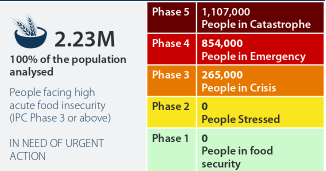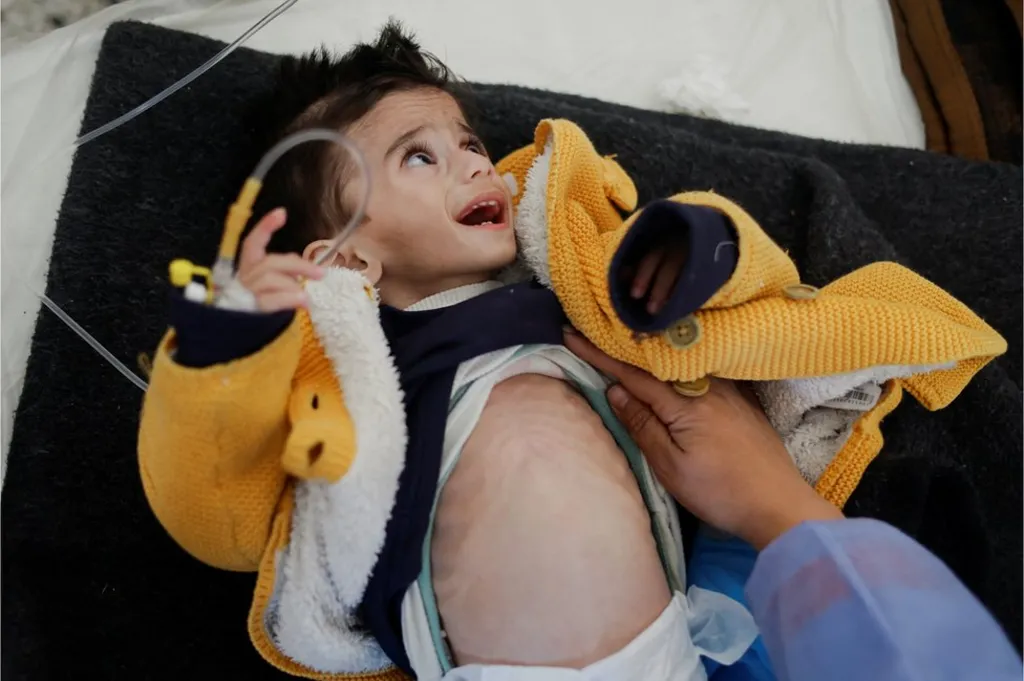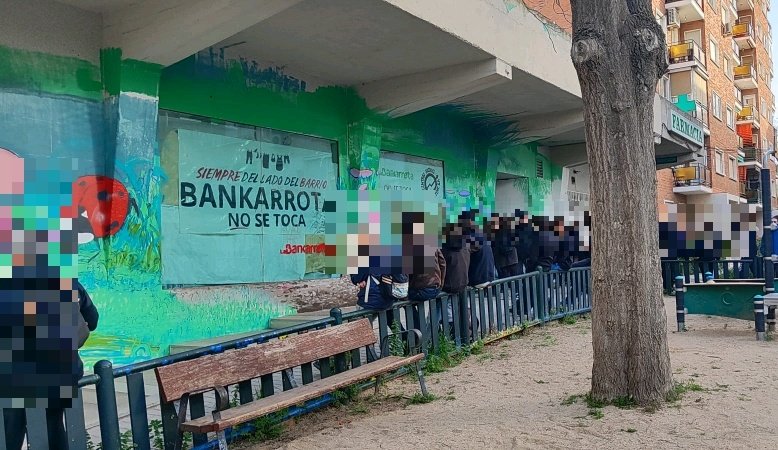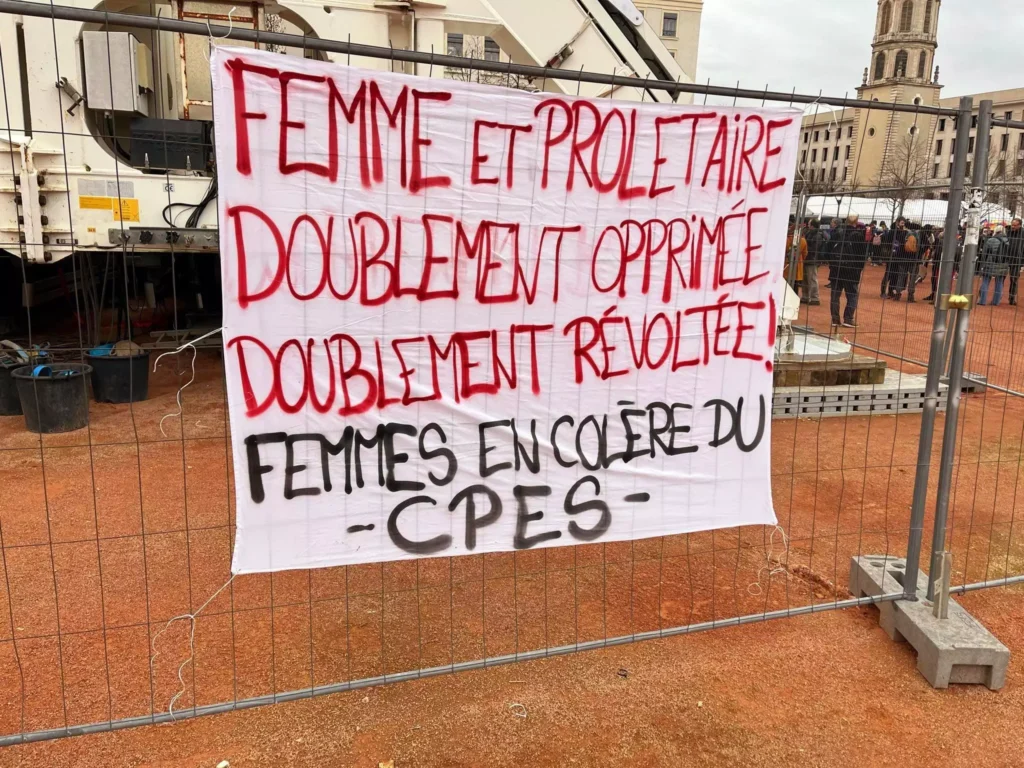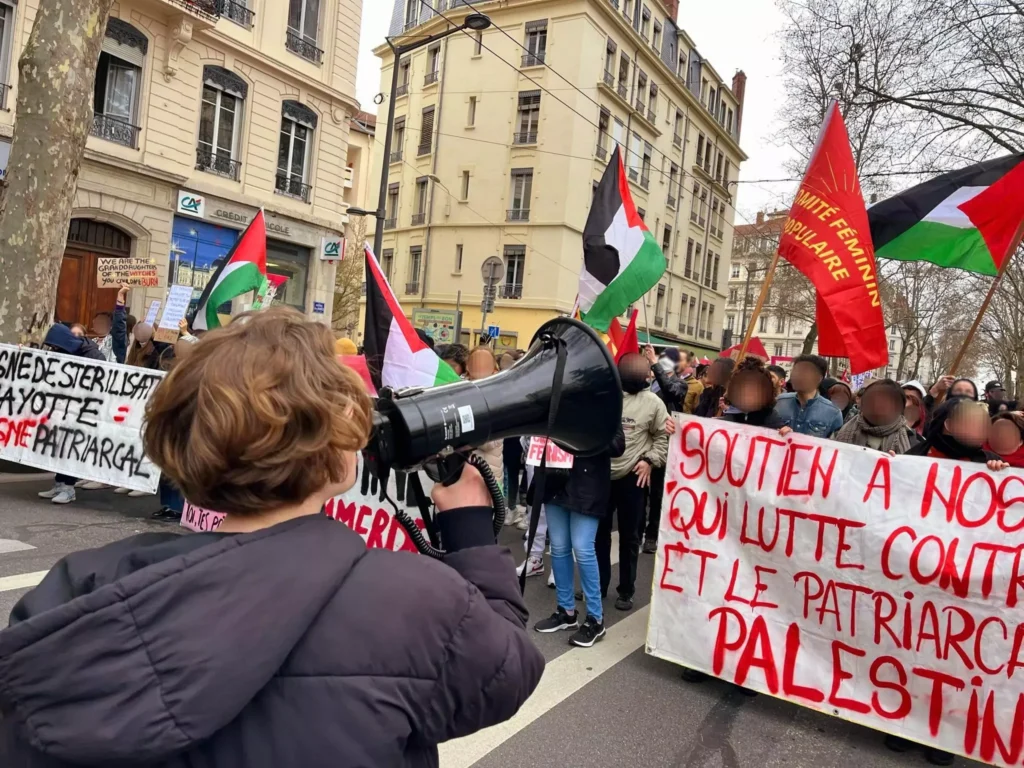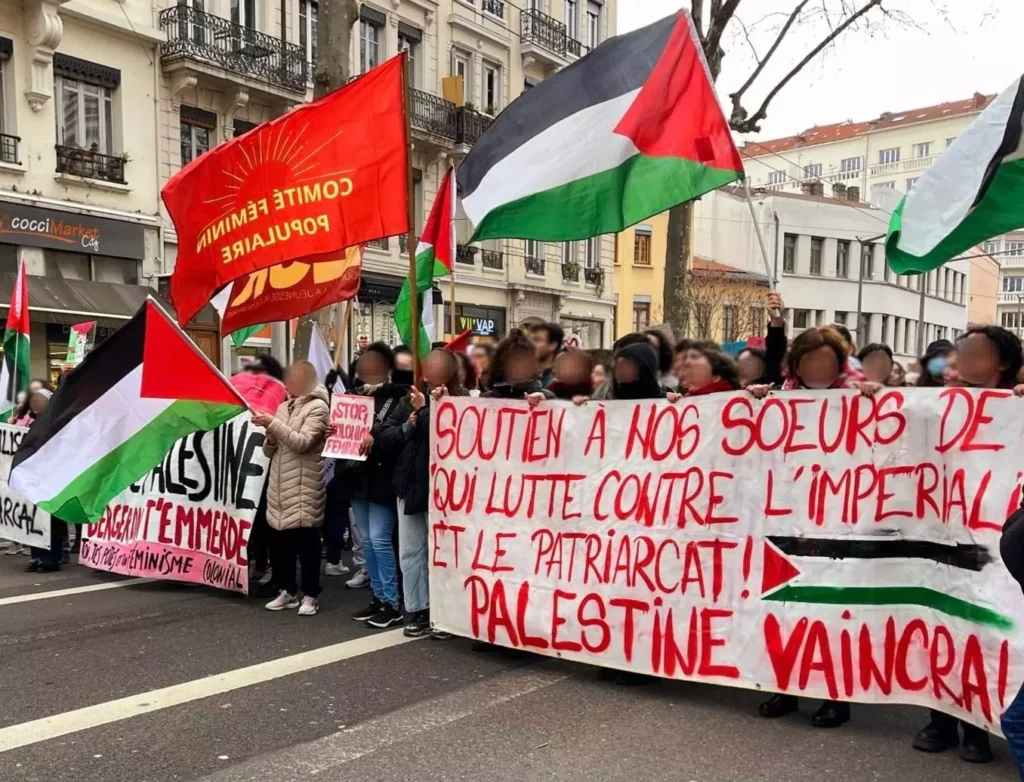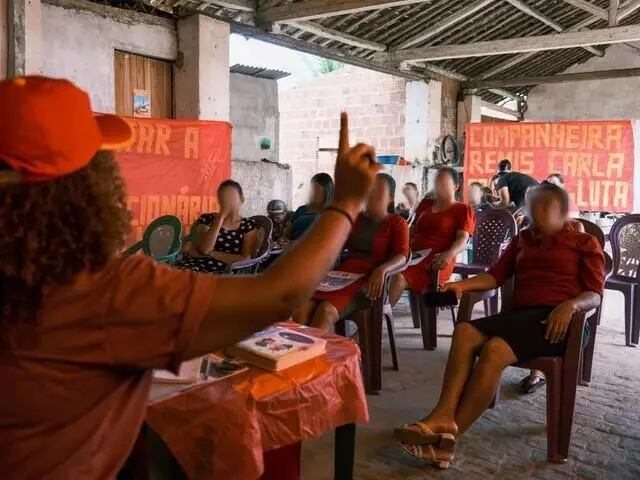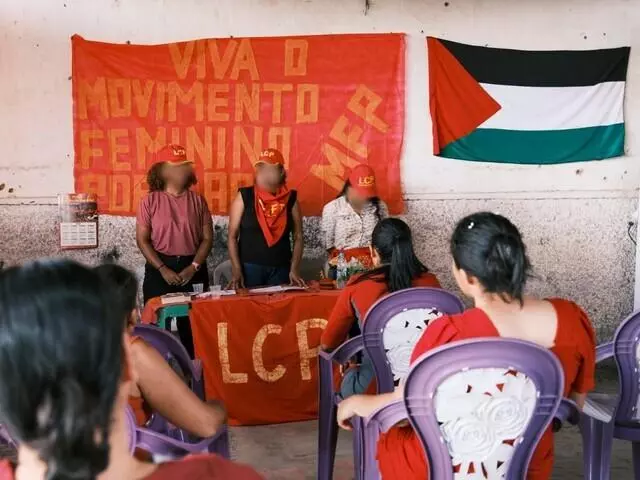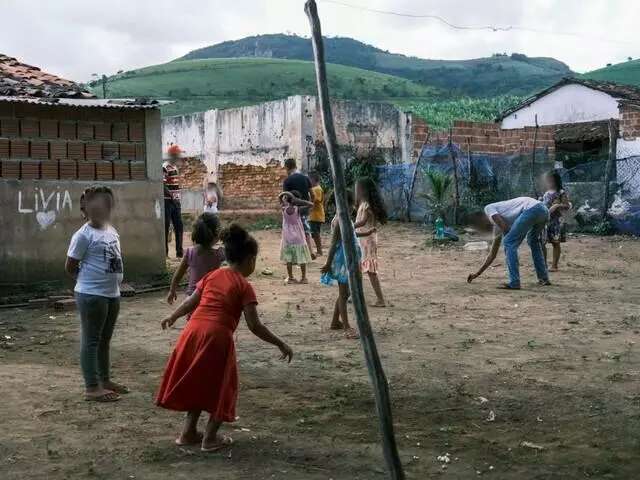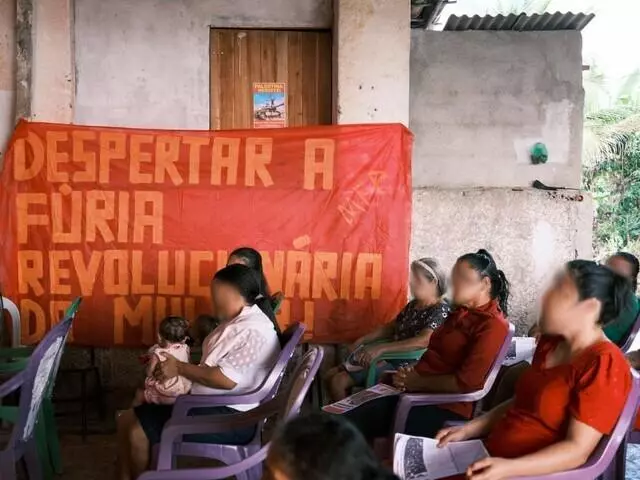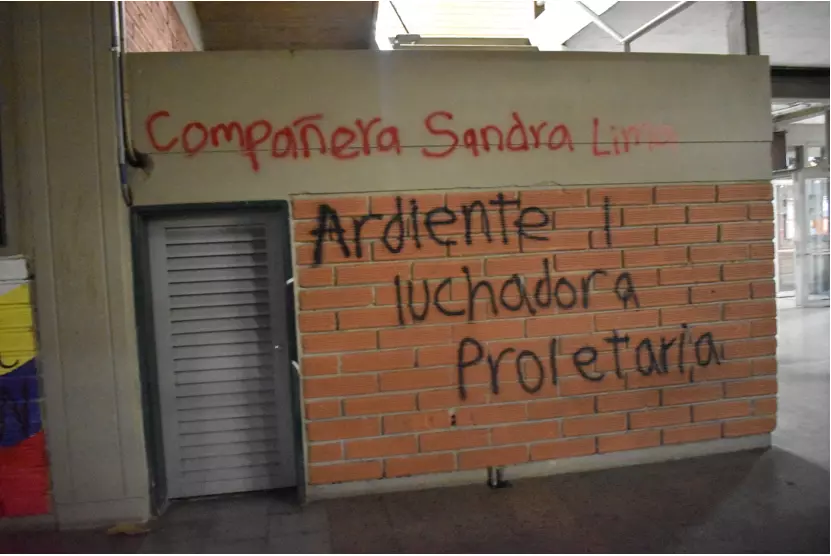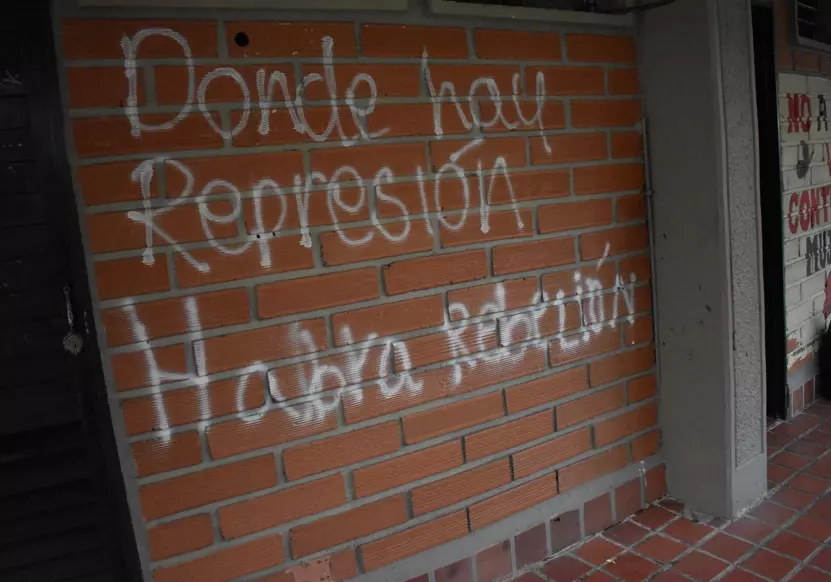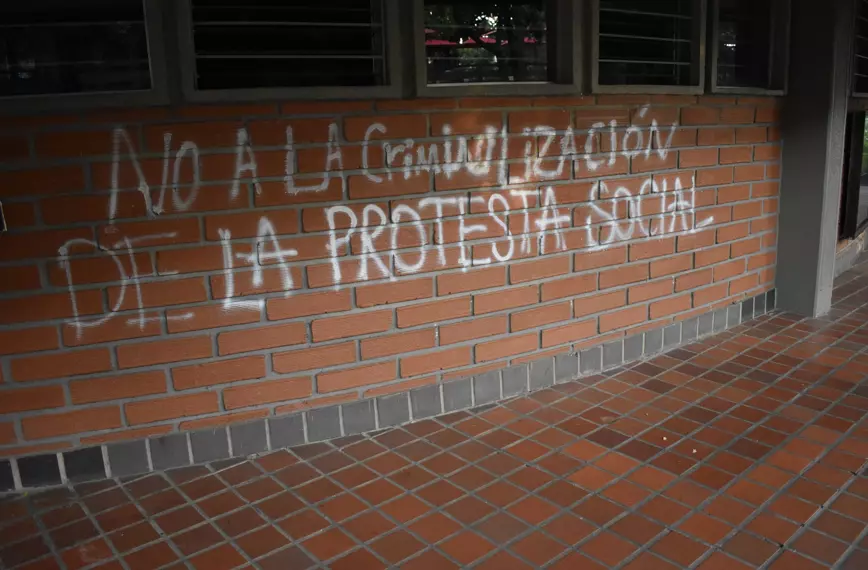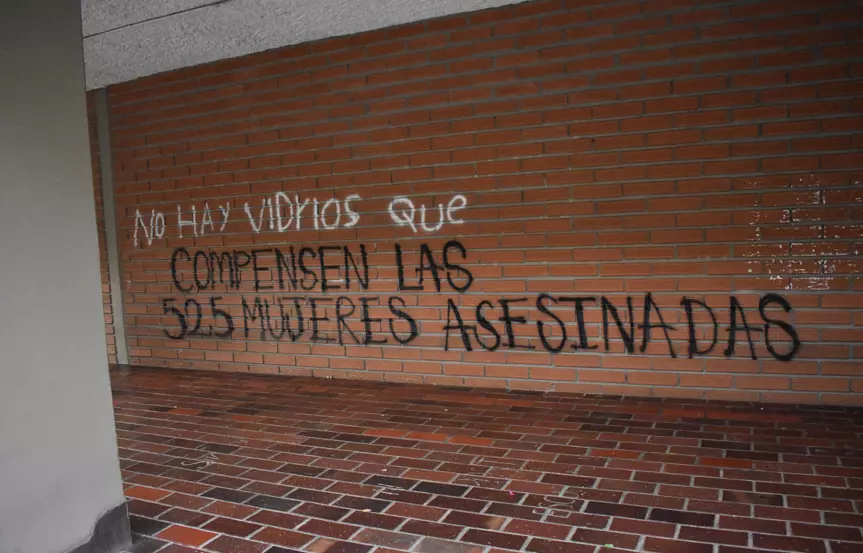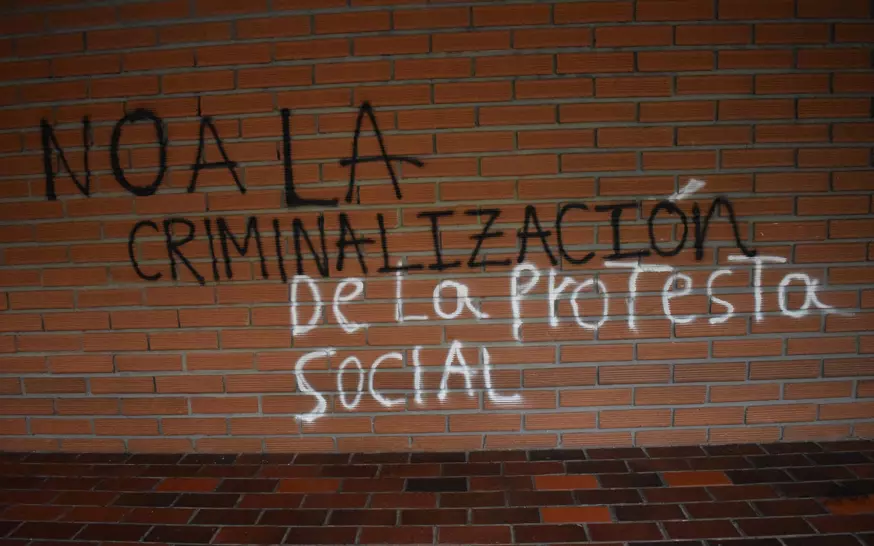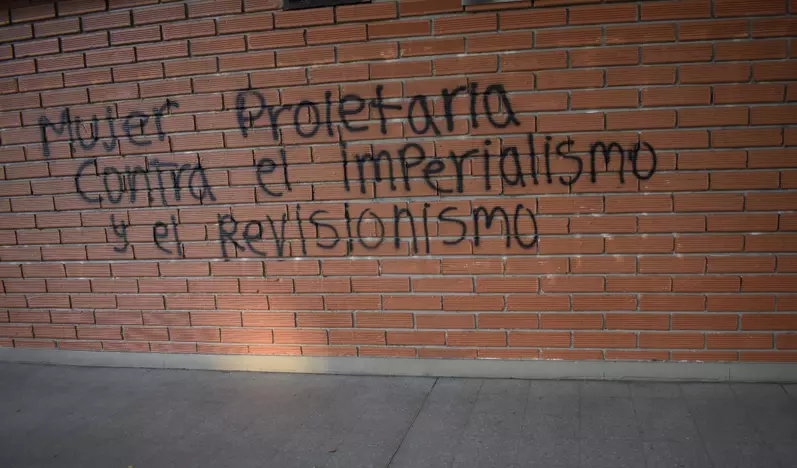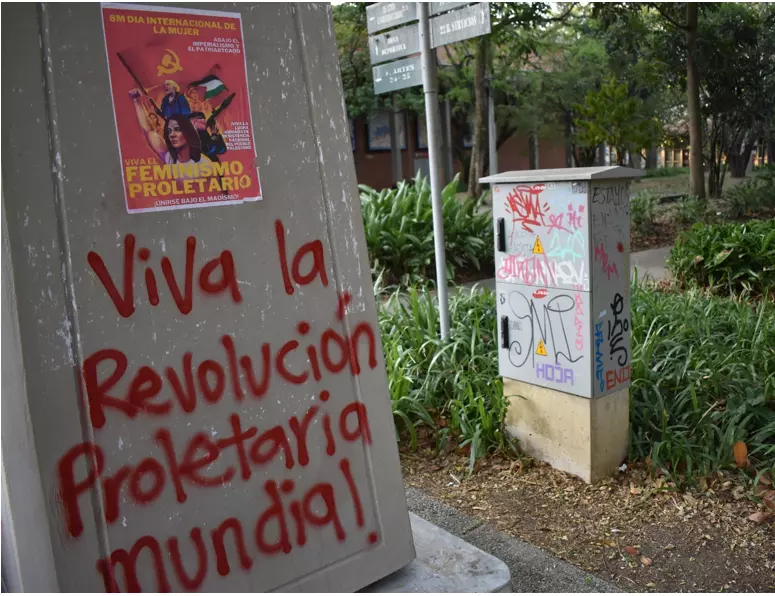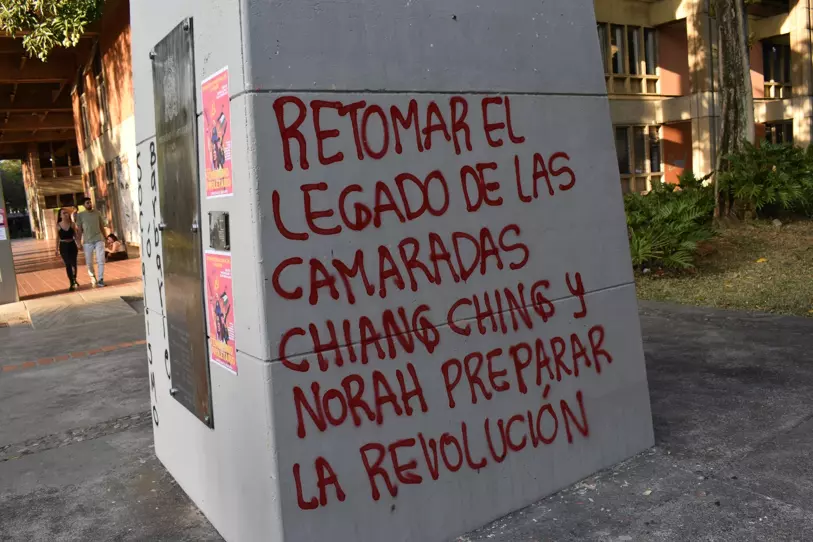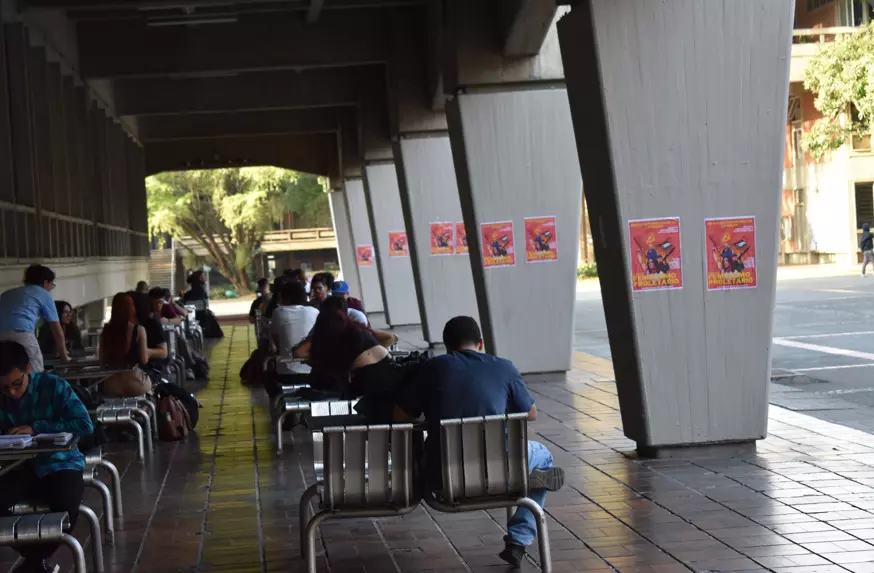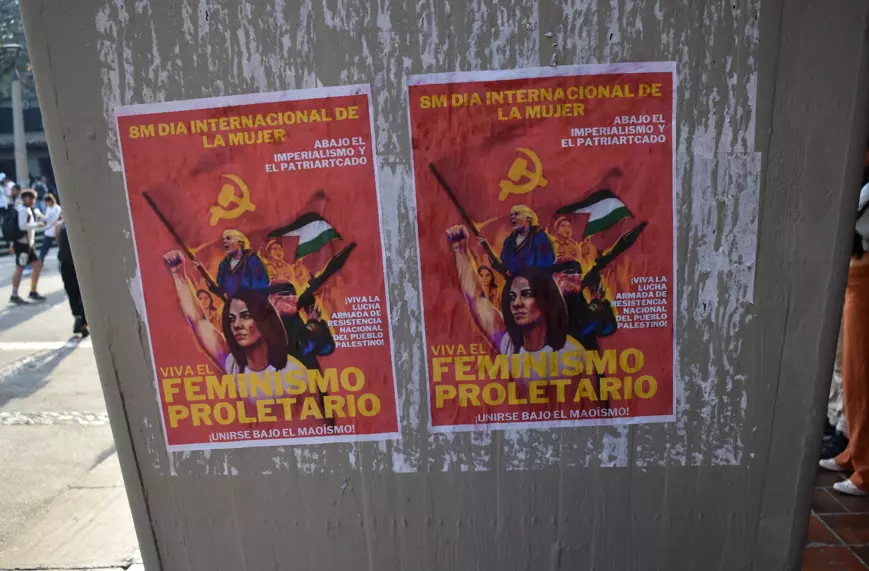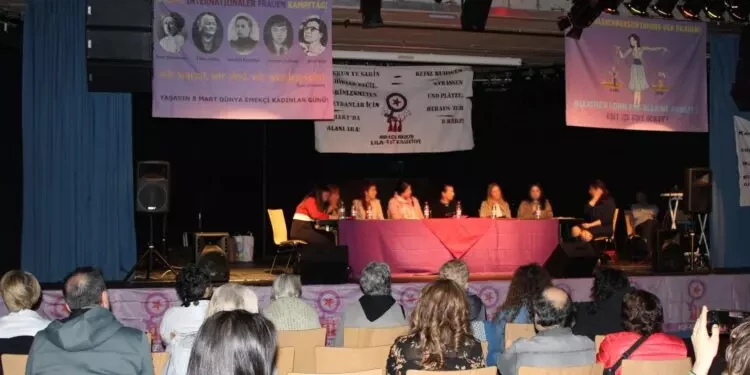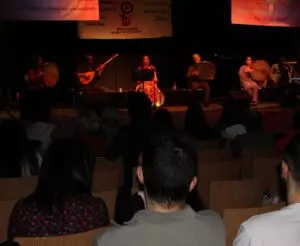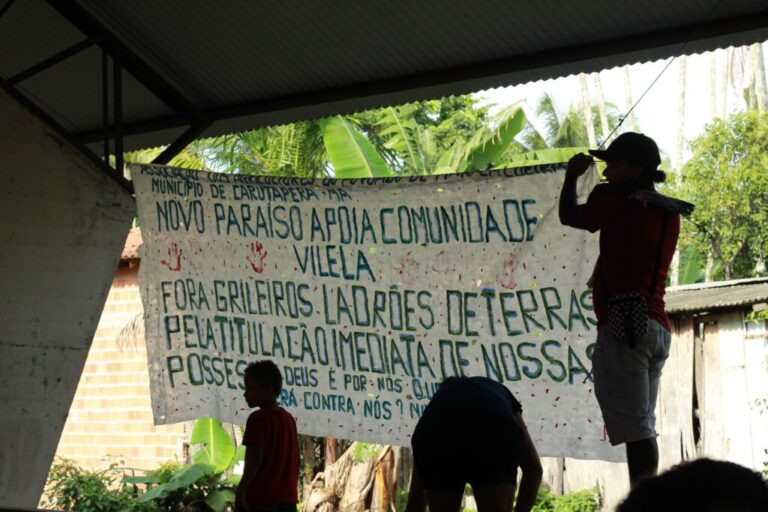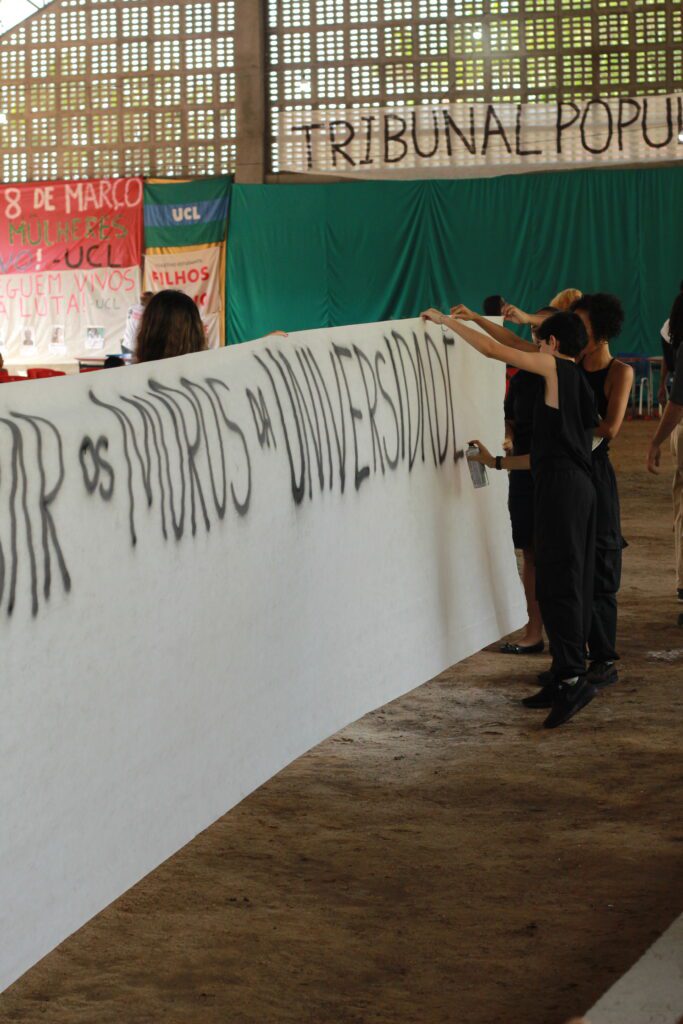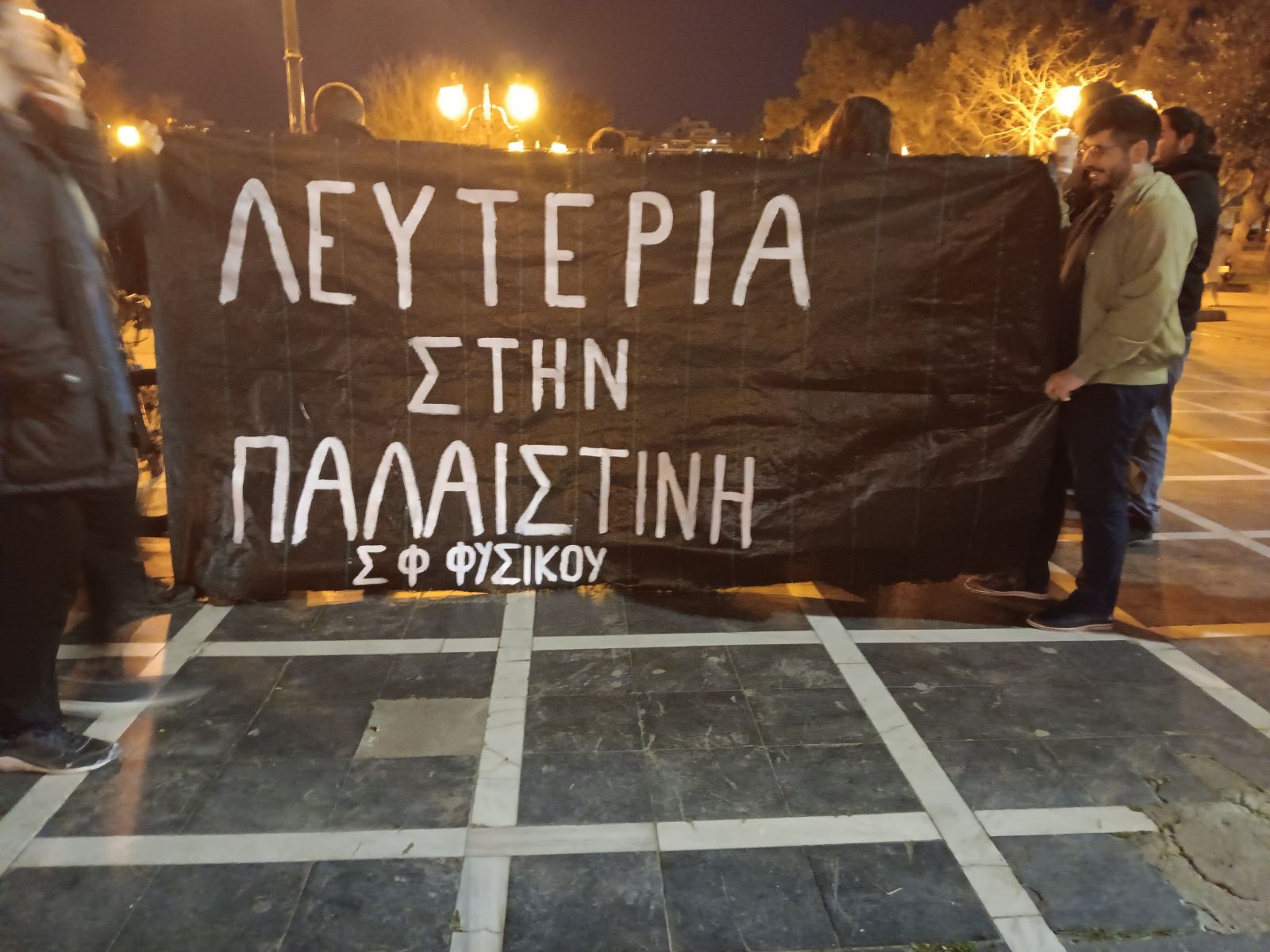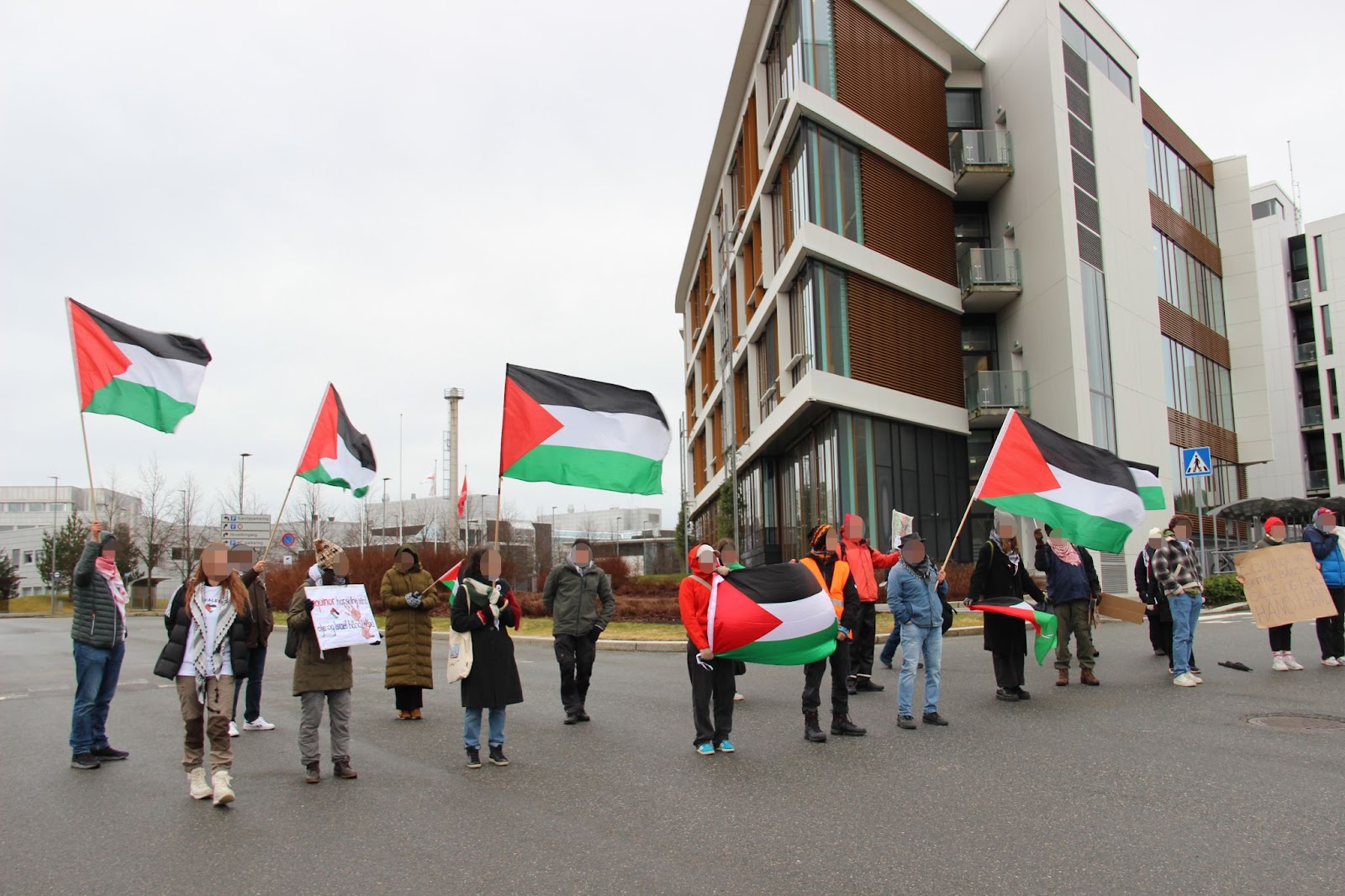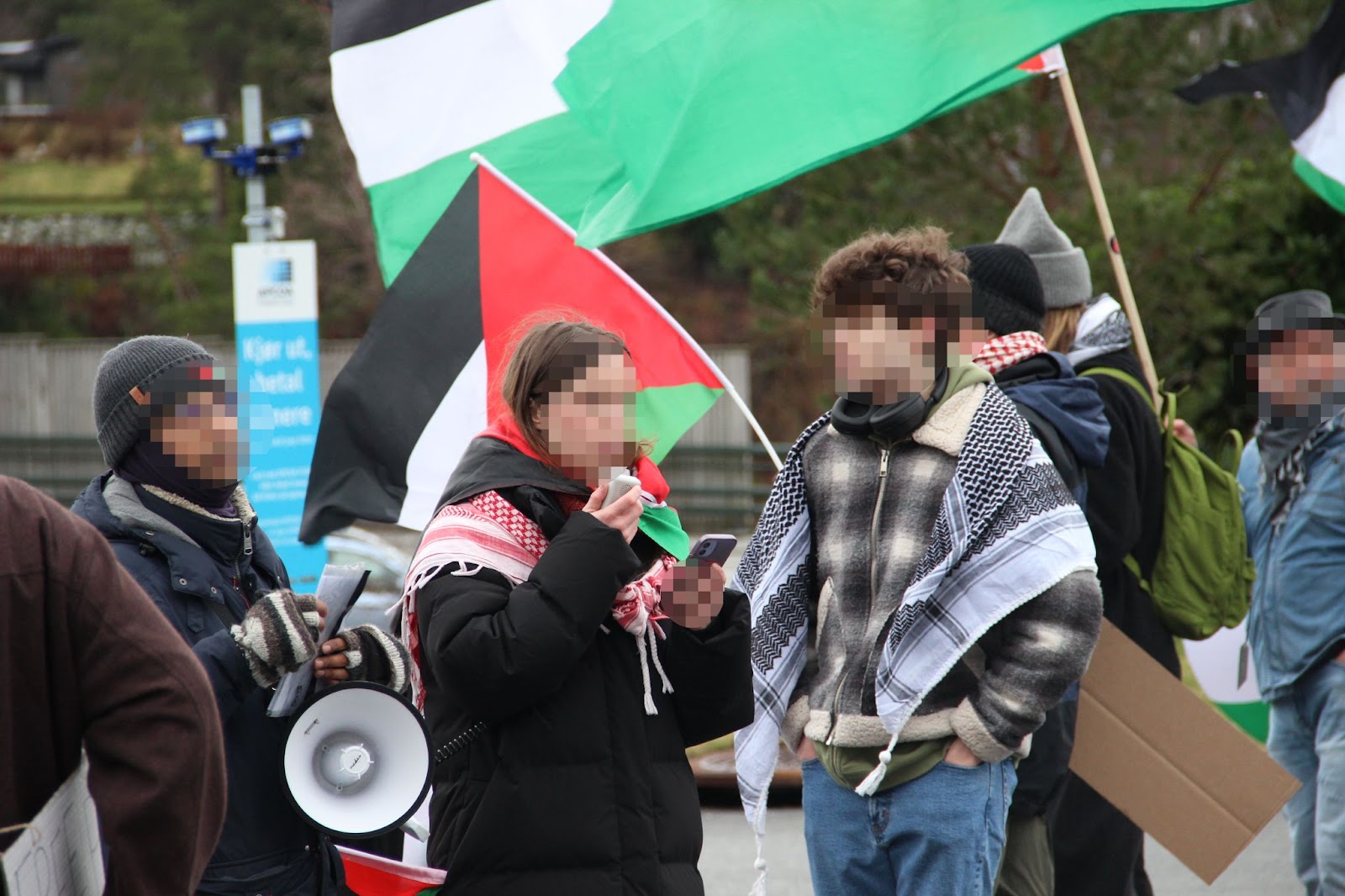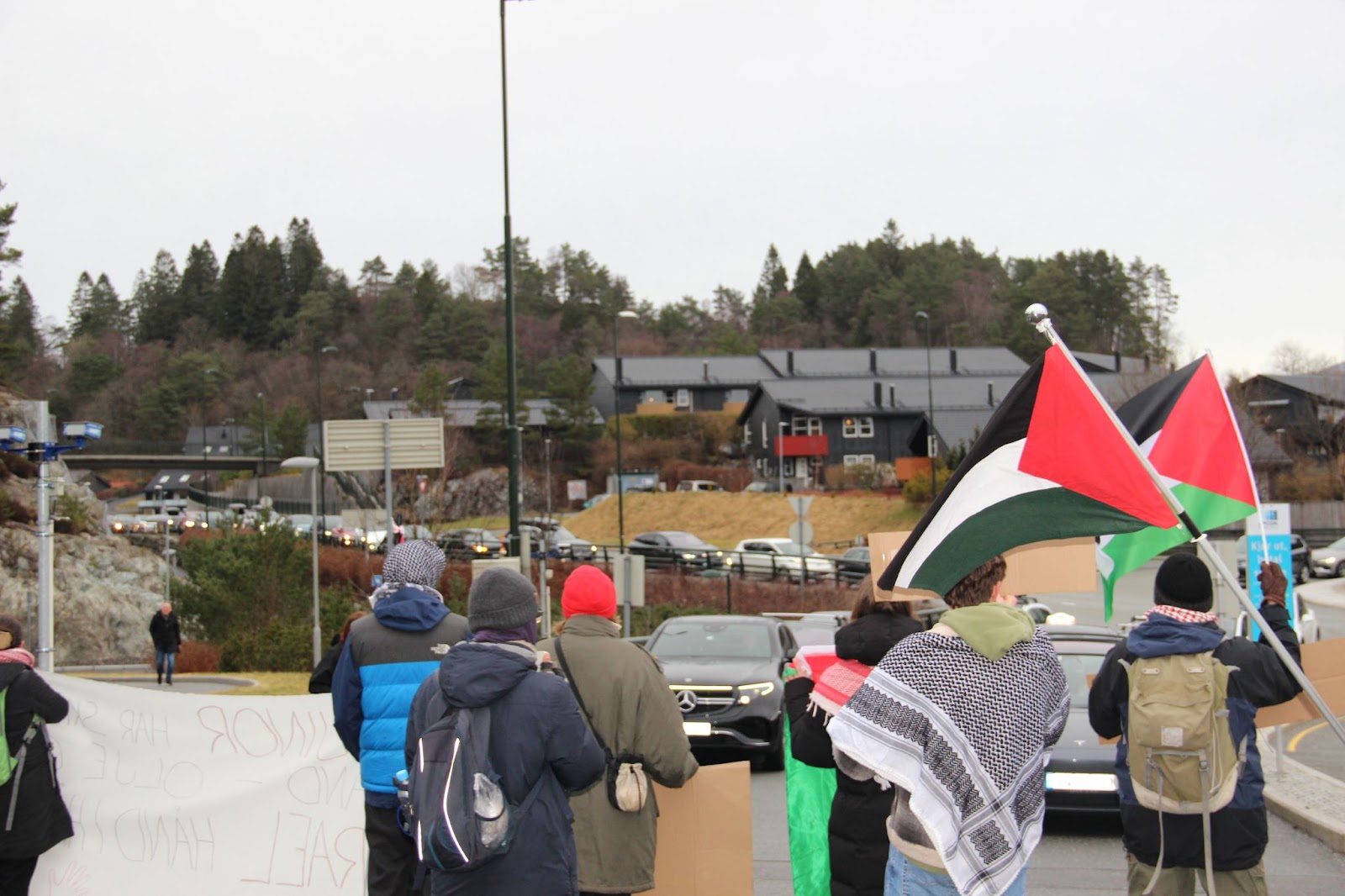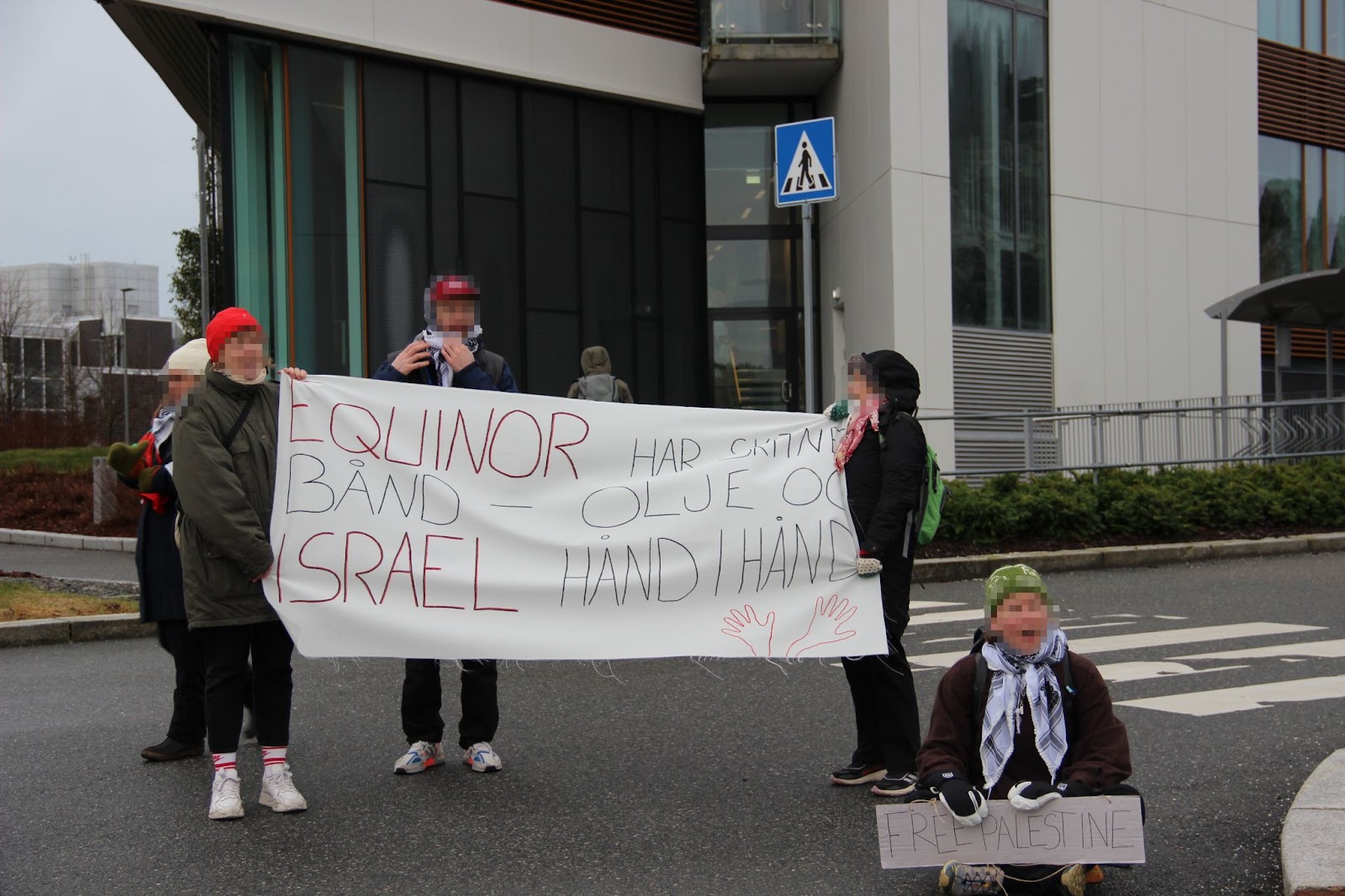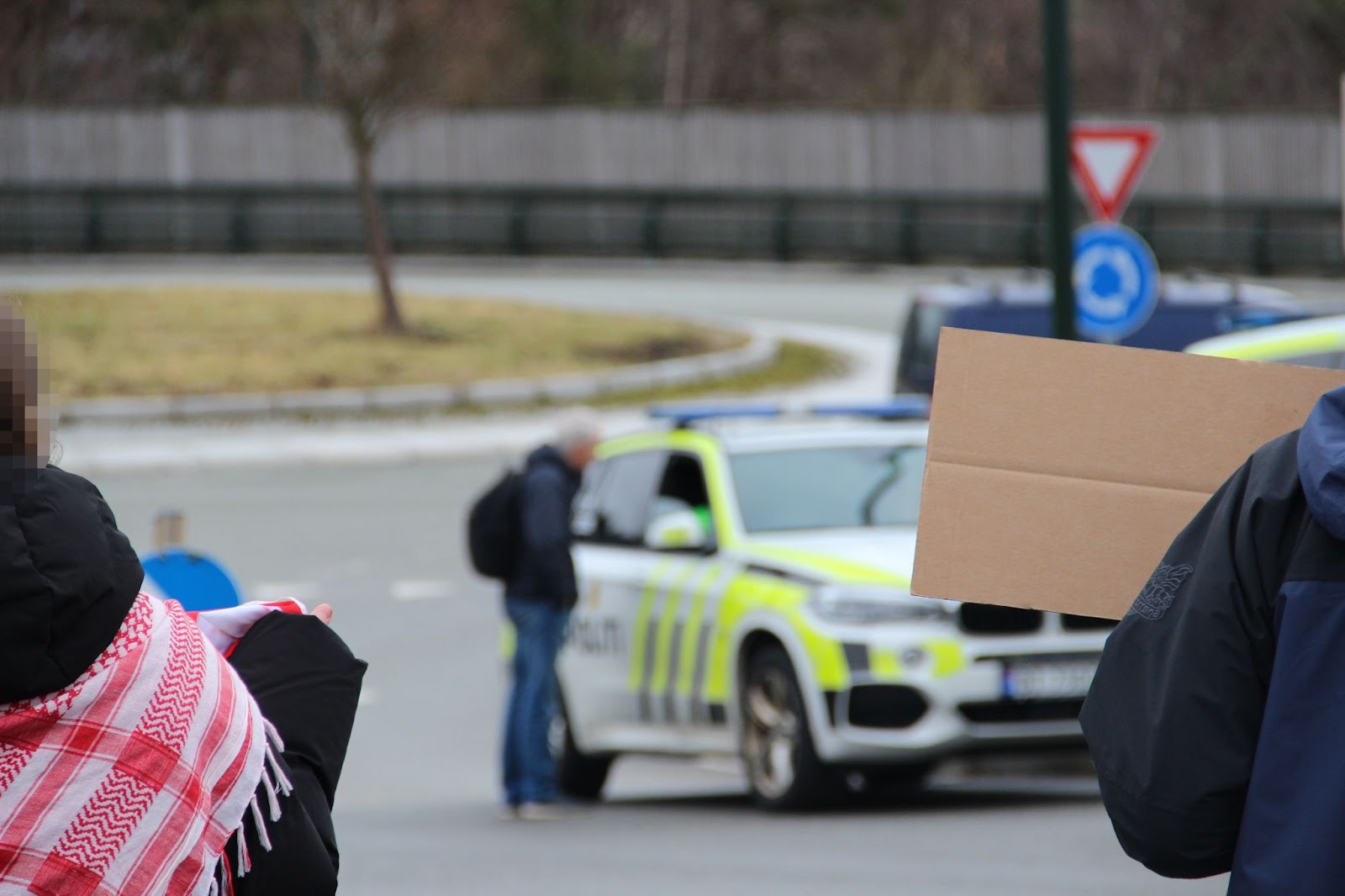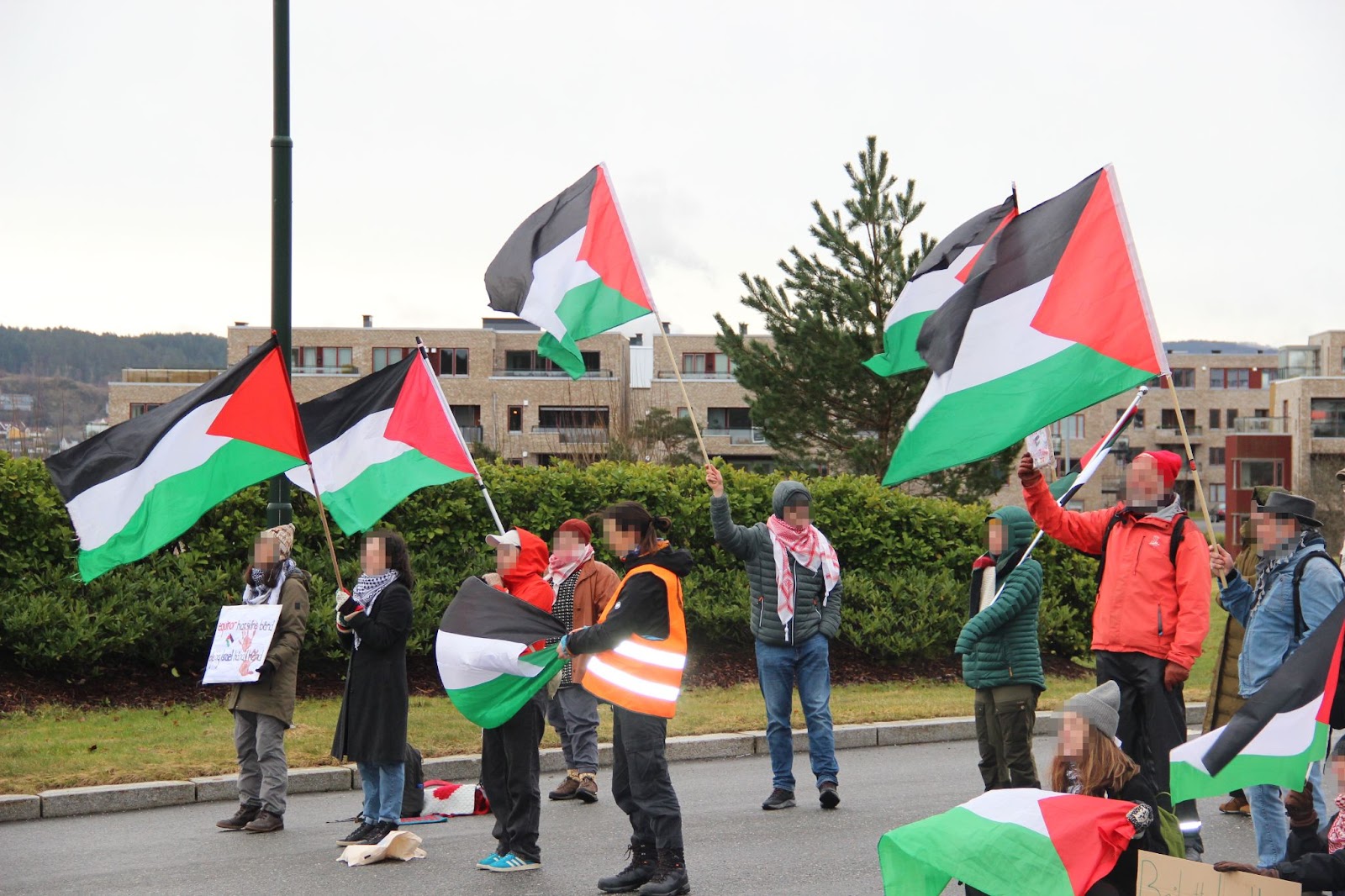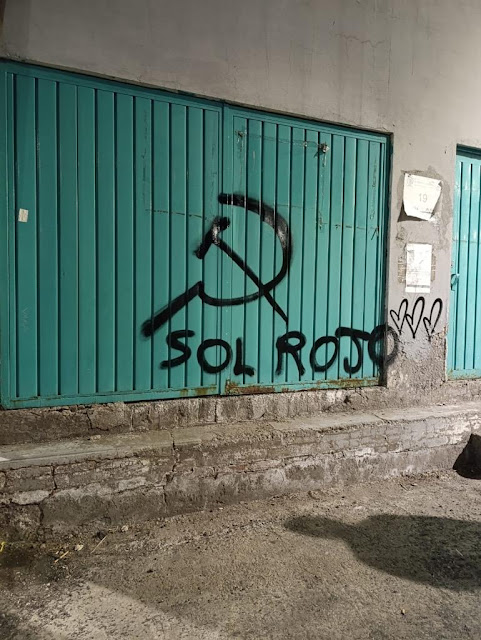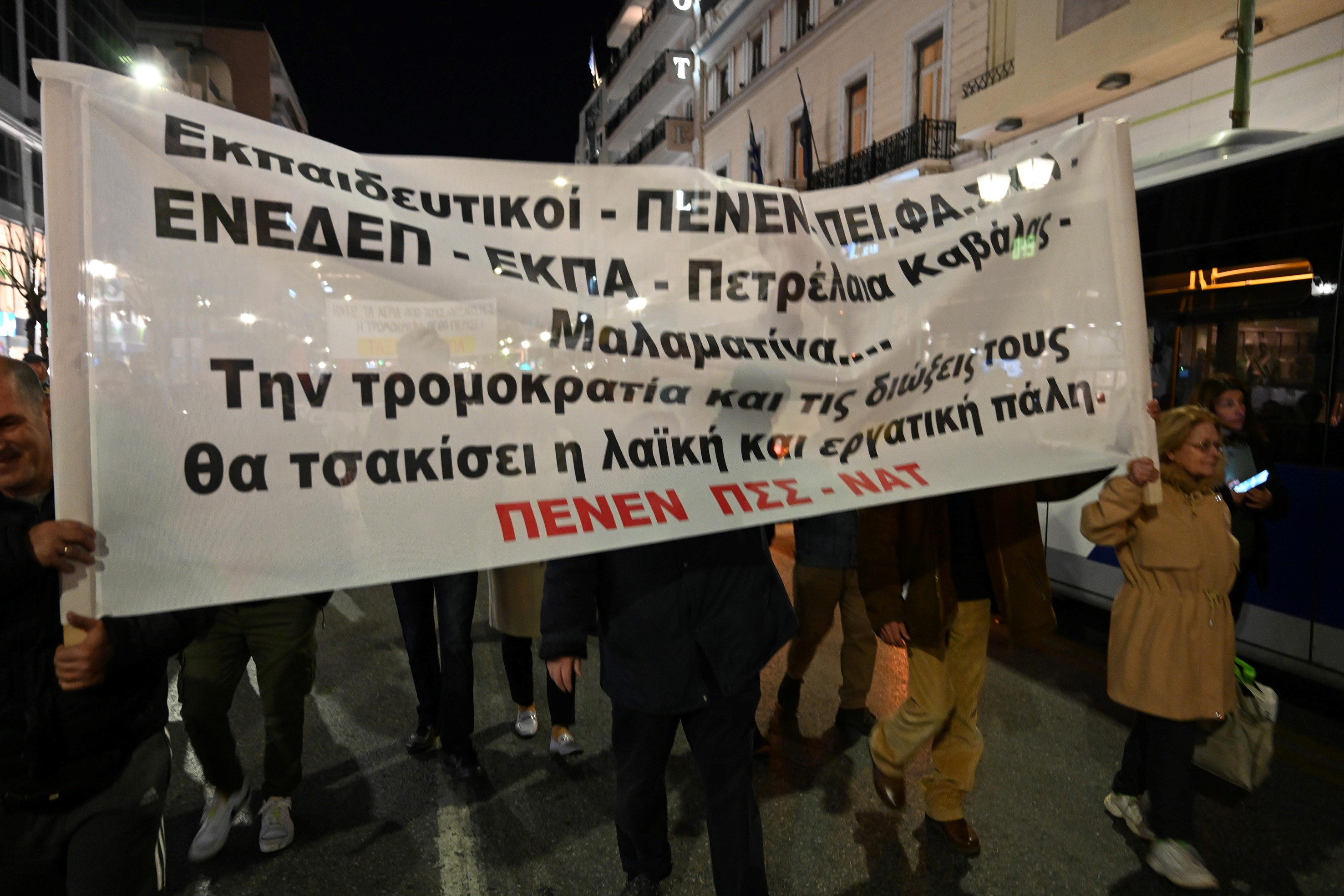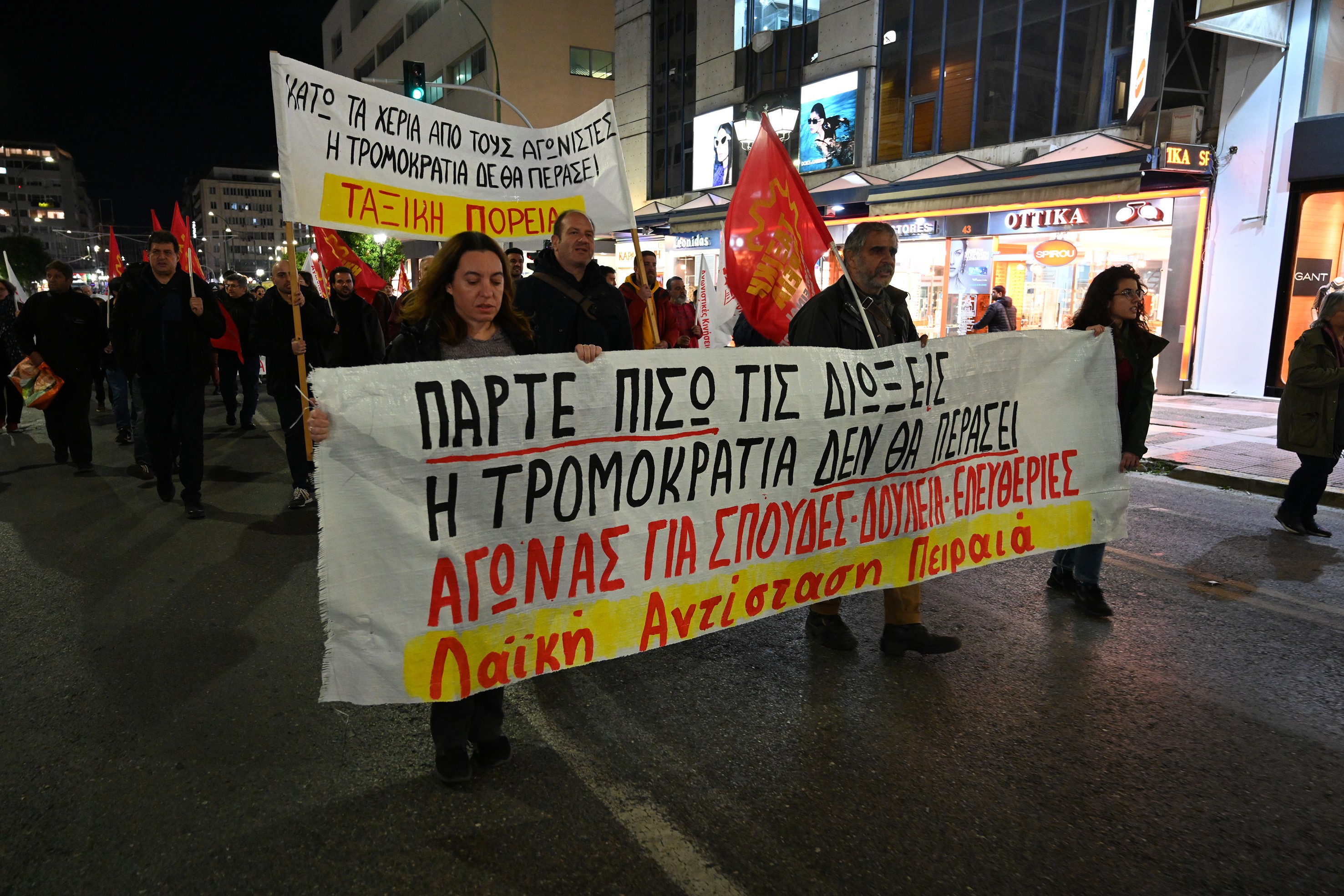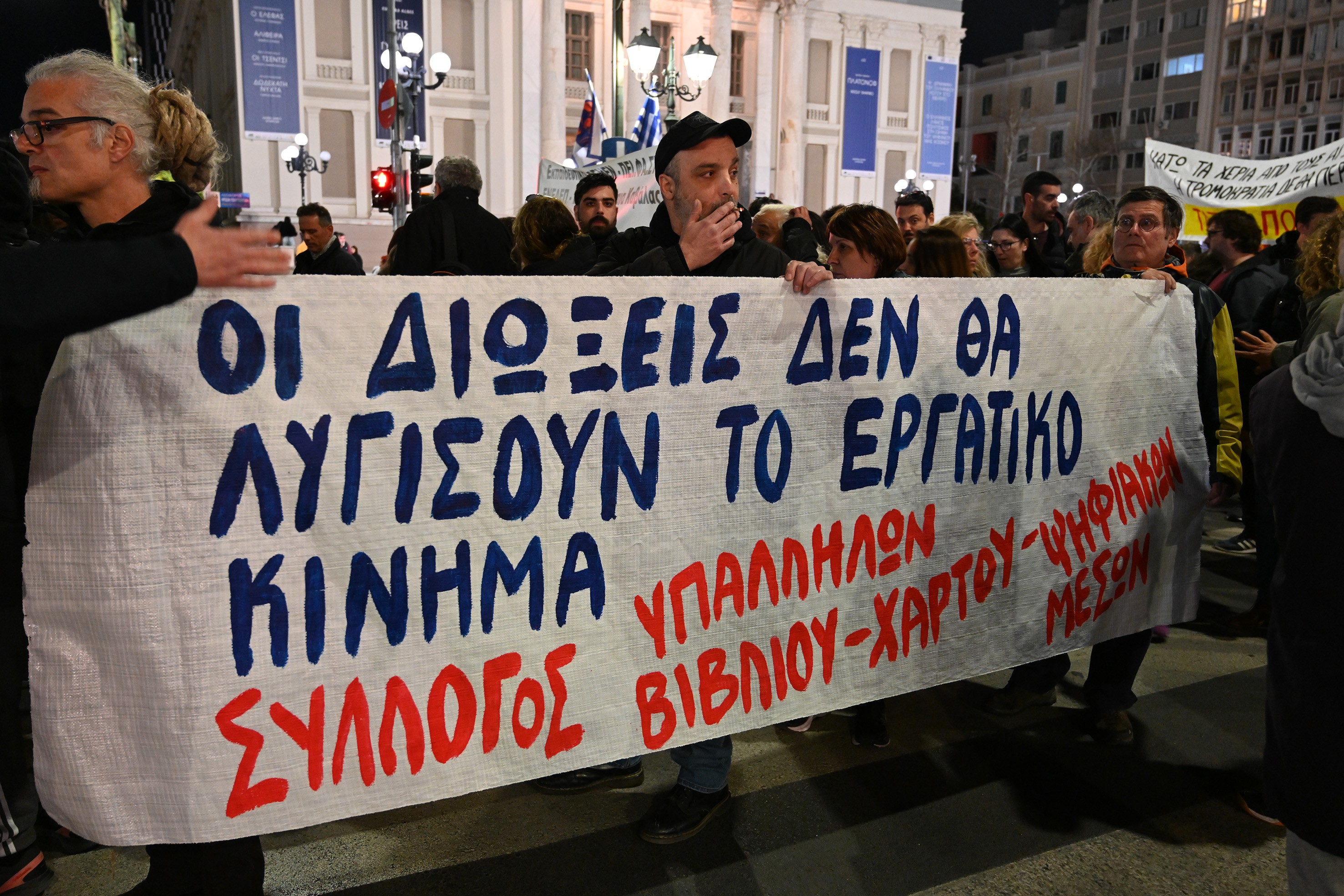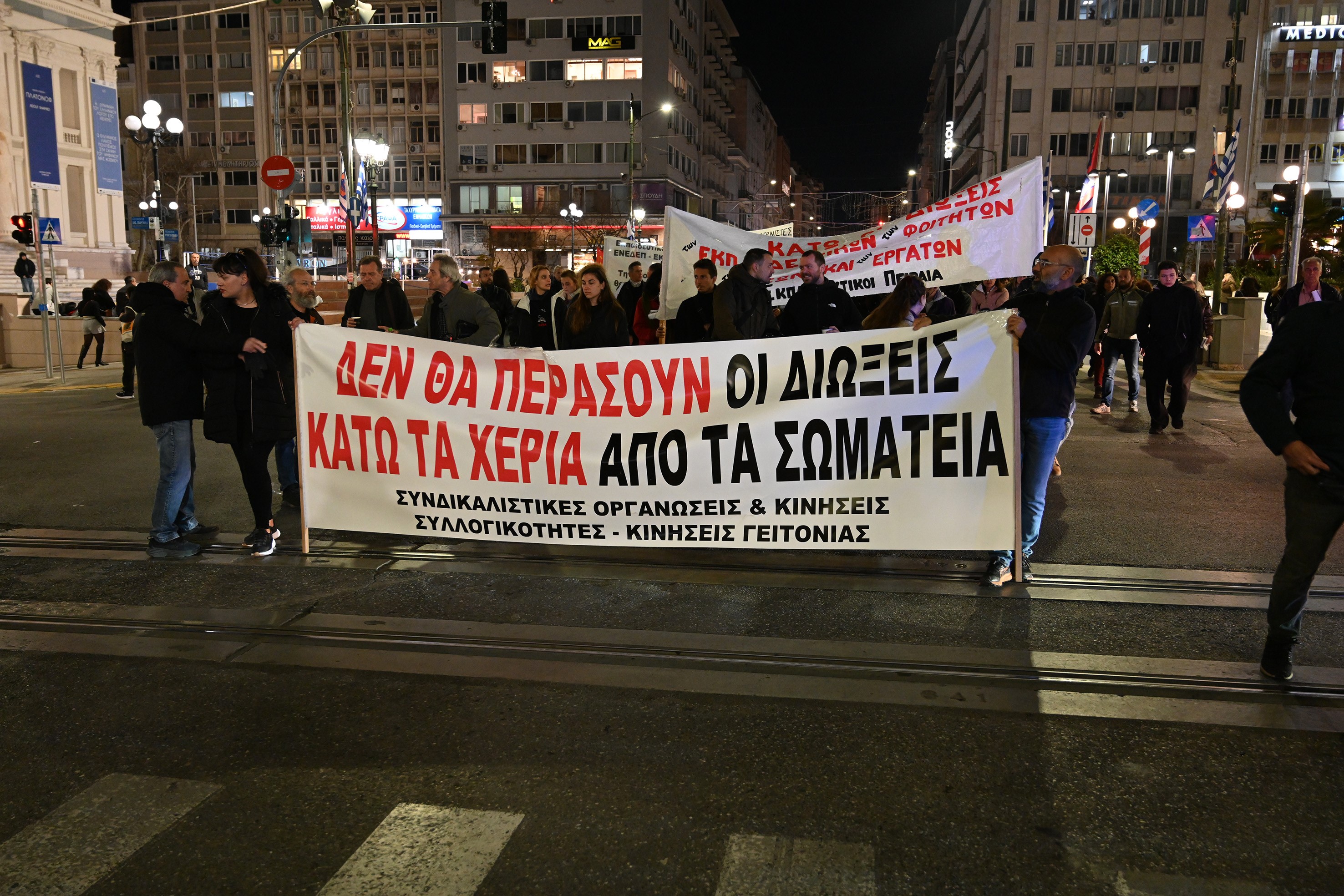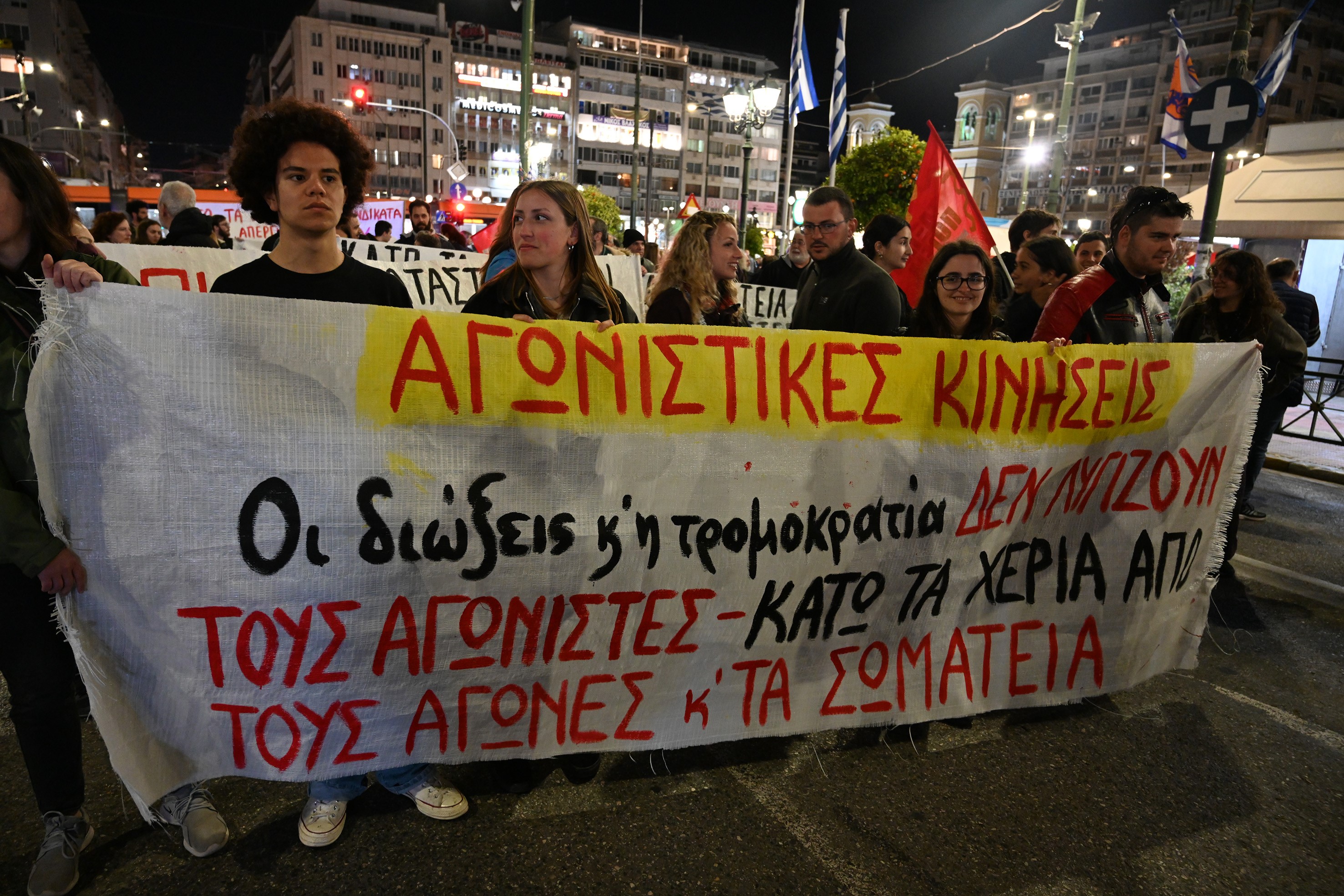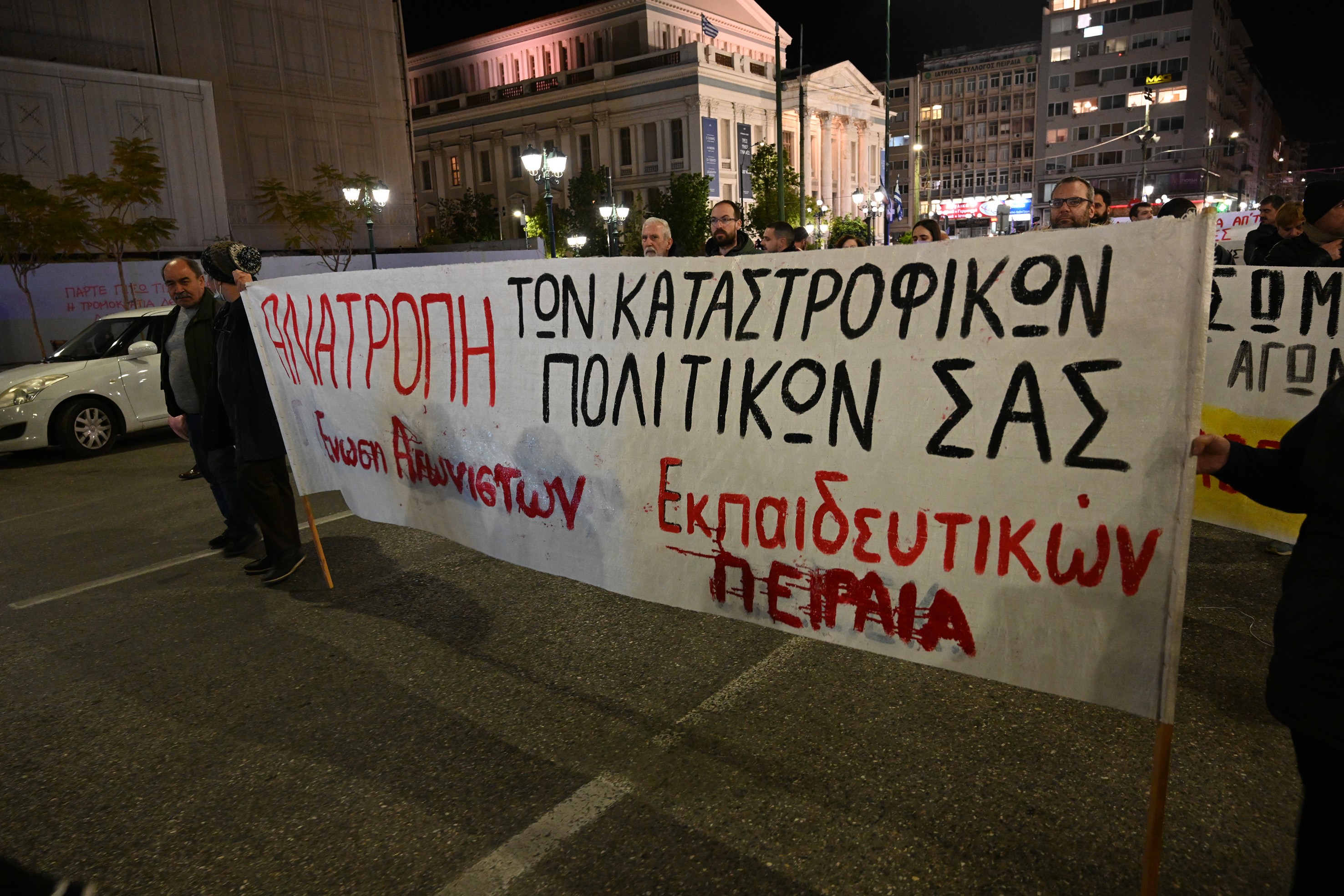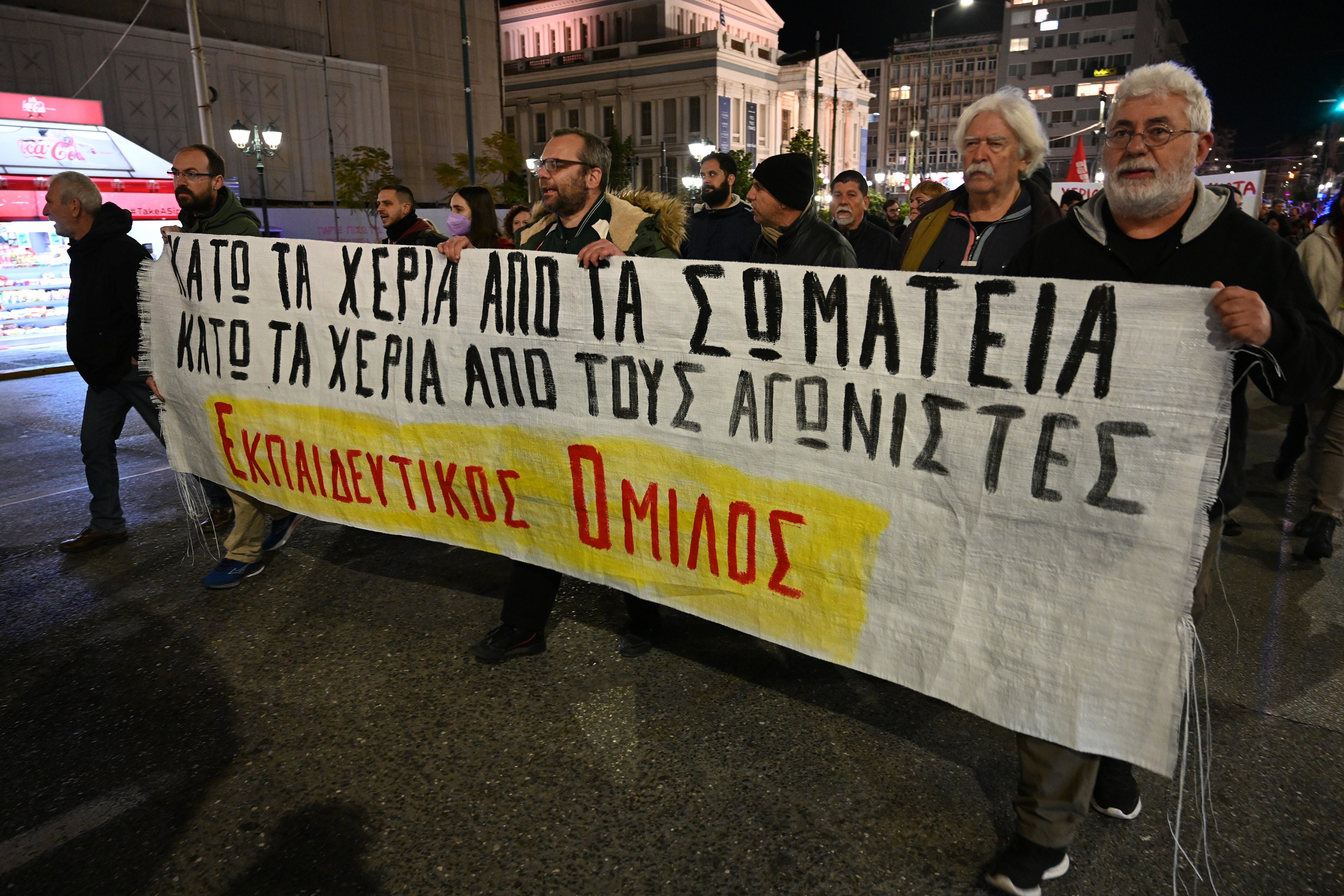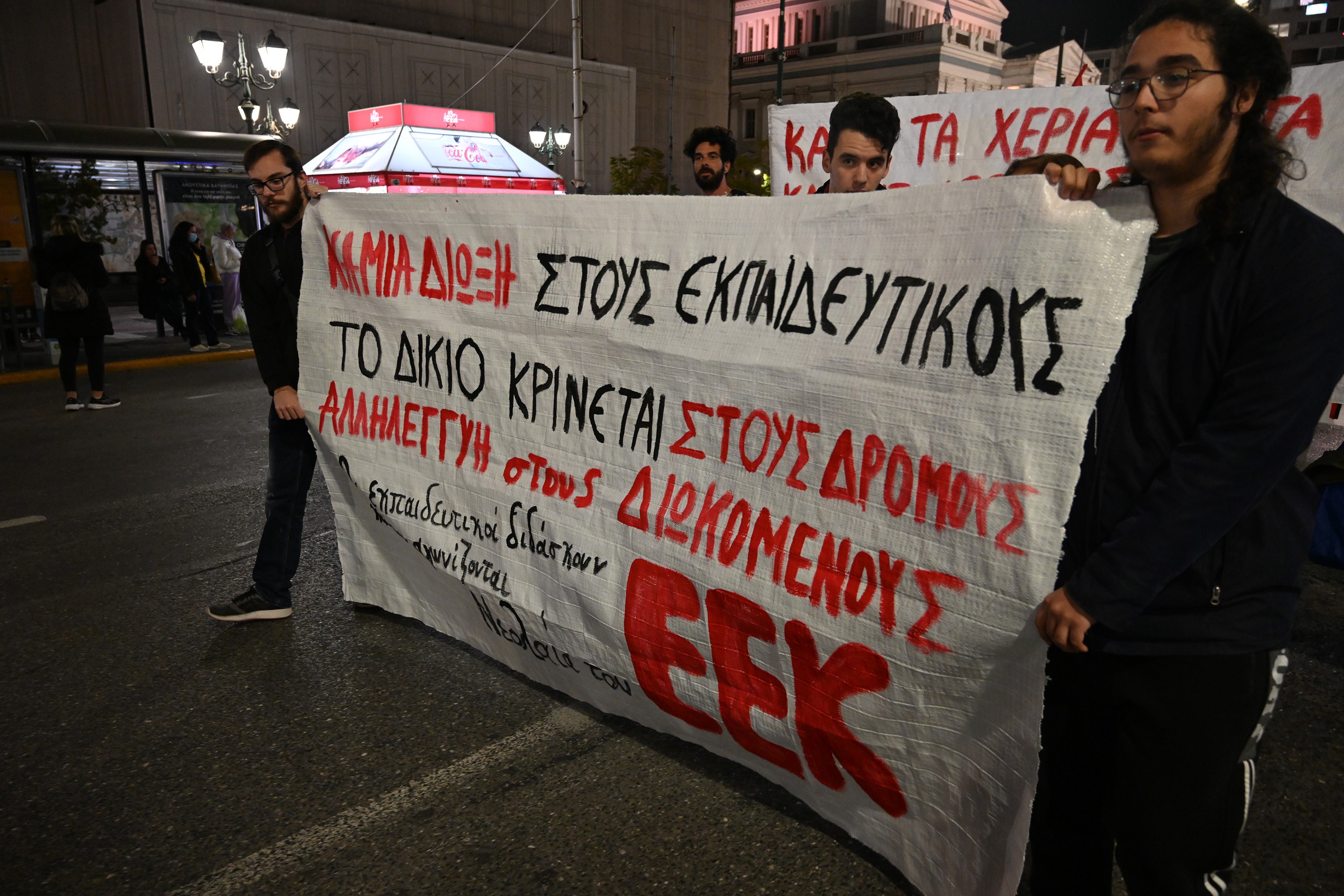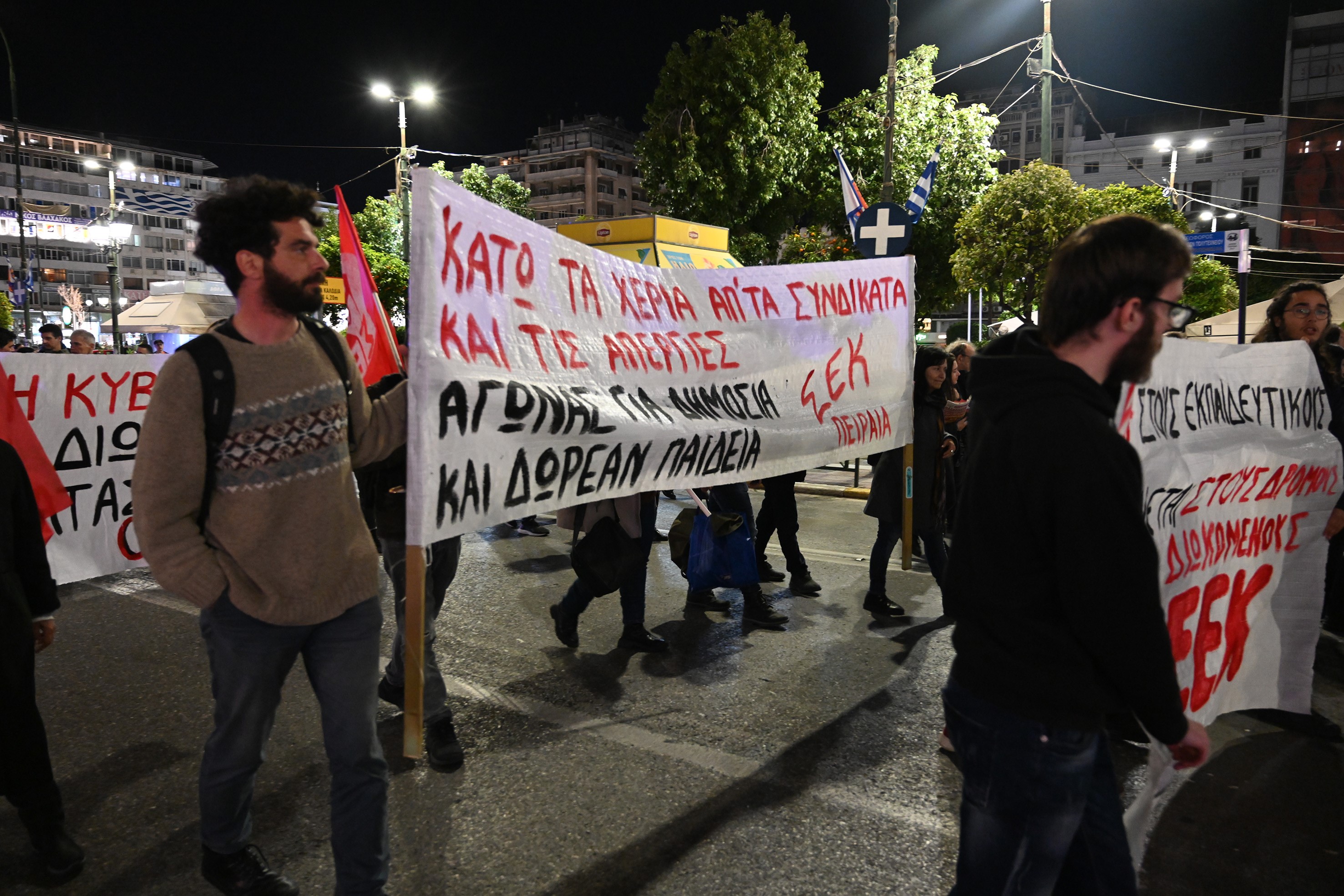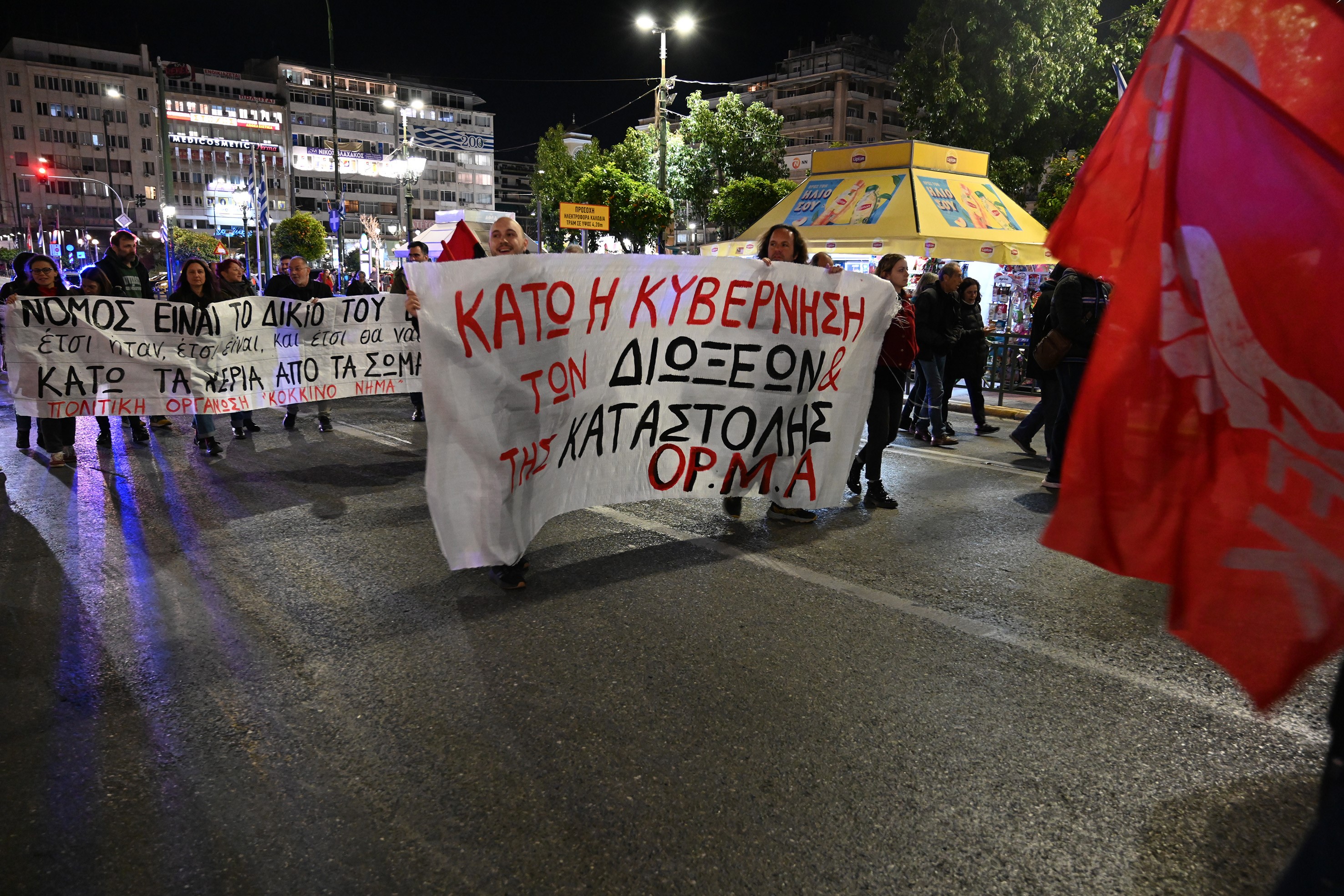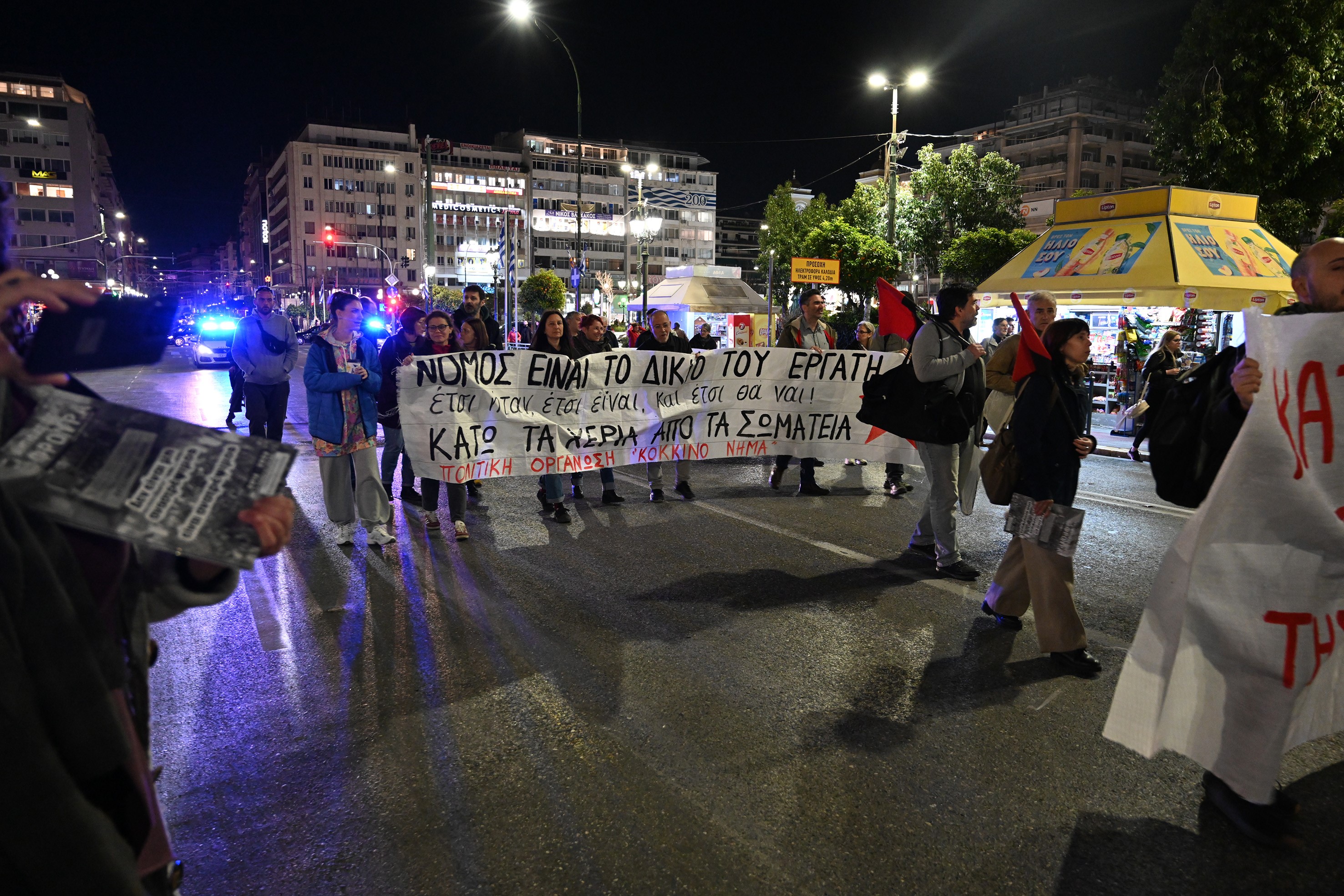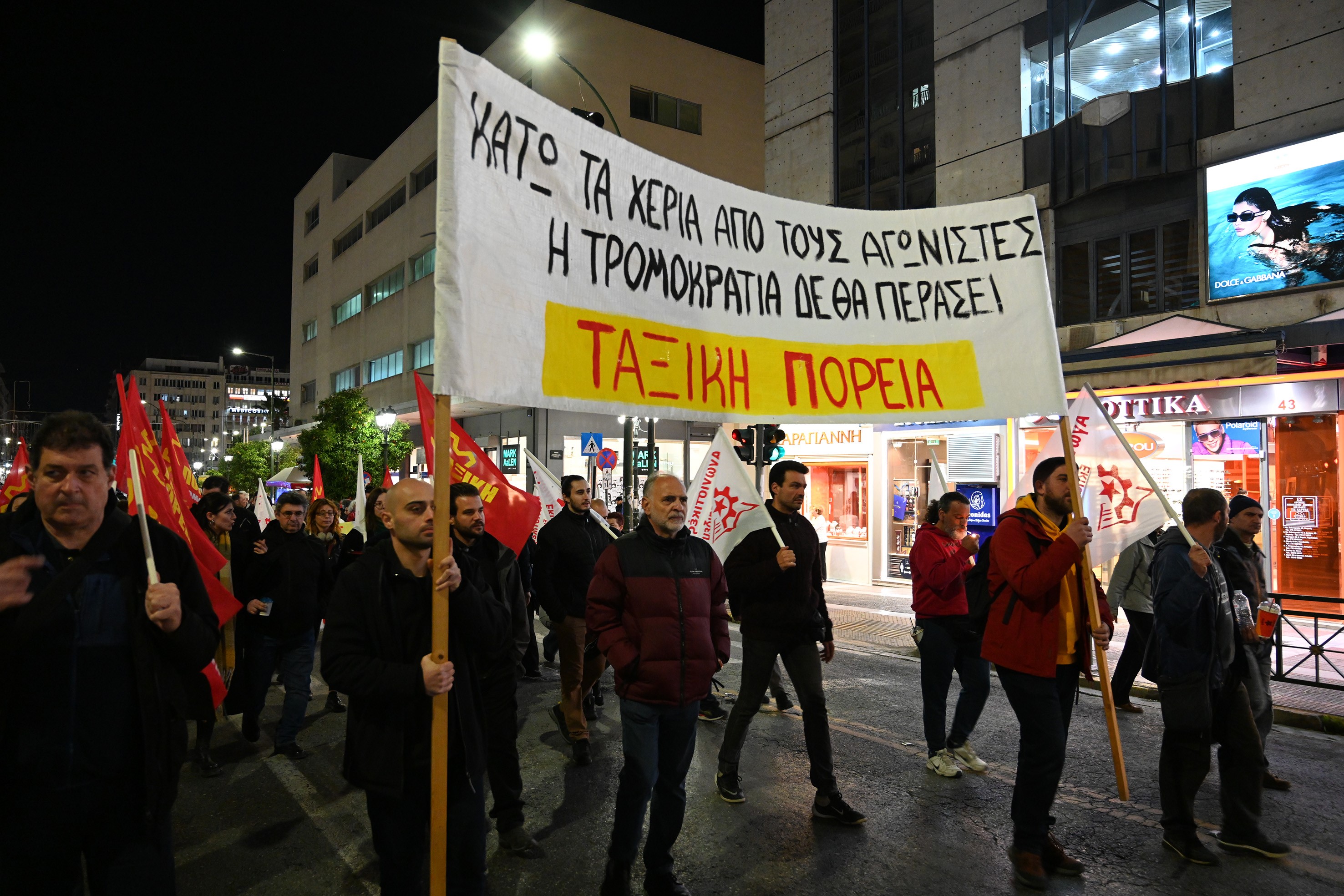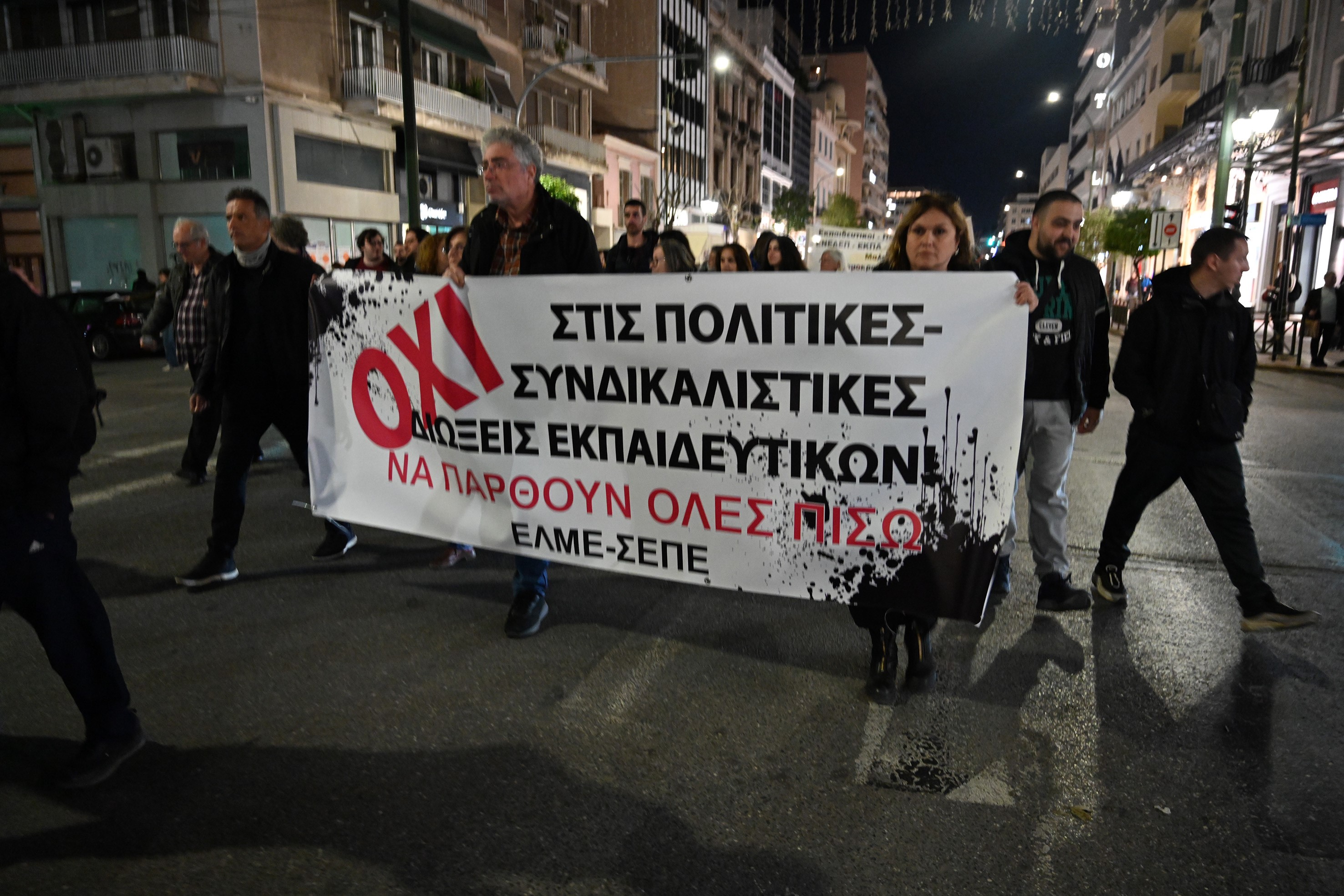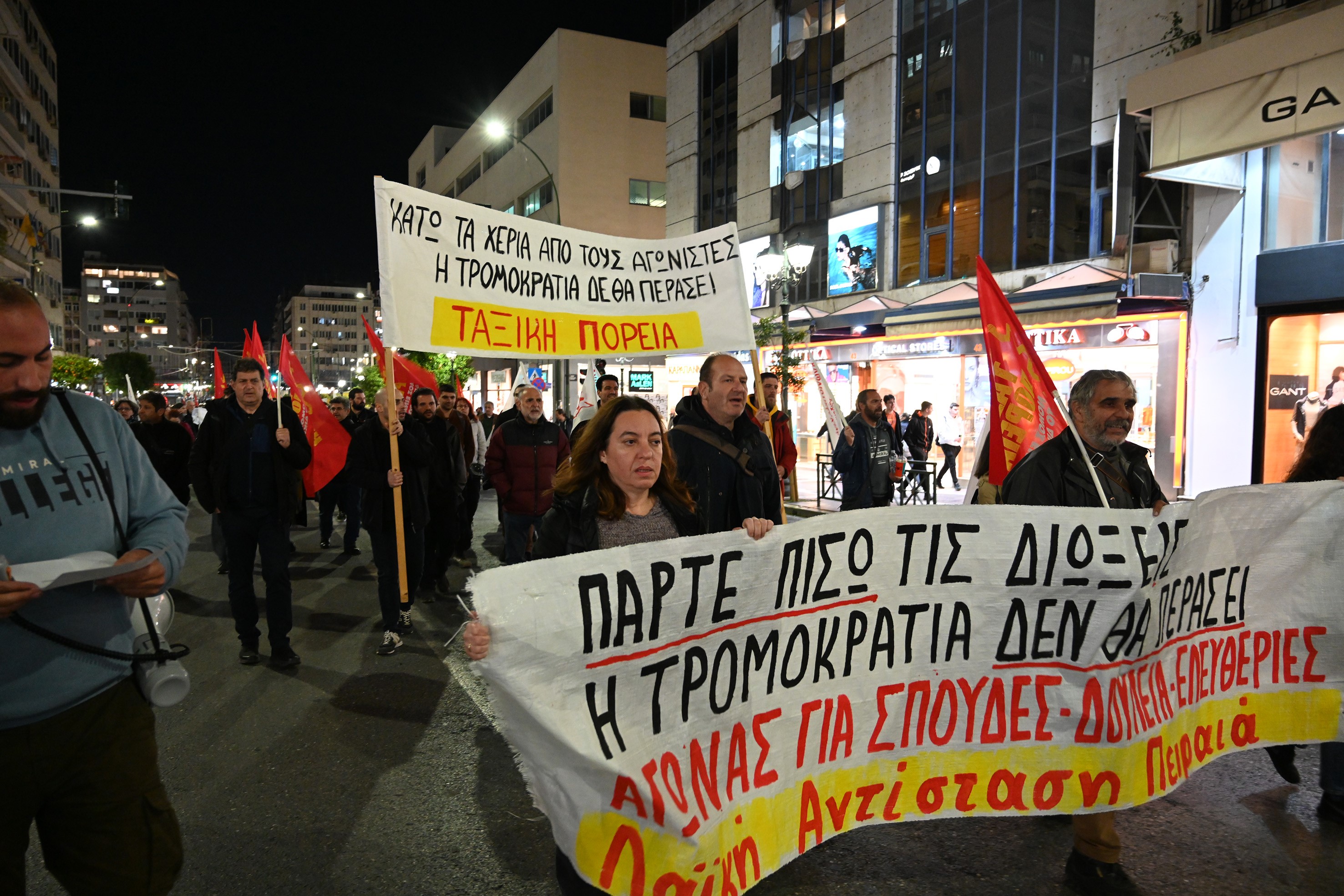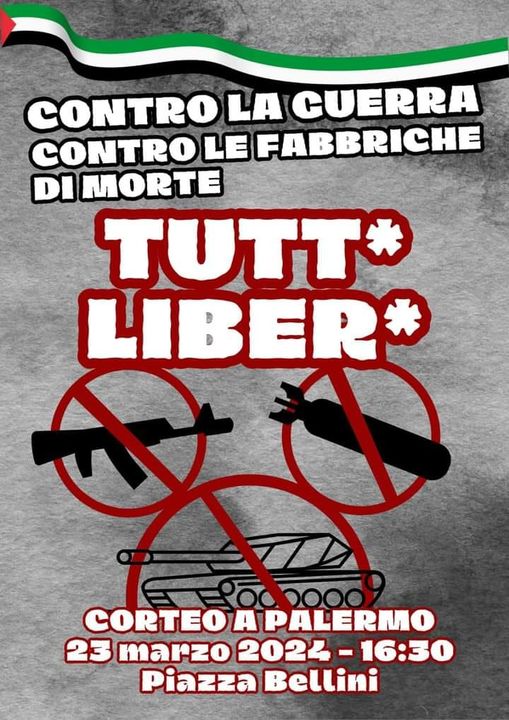PDF Content:
The text of the Rome Statute reproduced herein was originally circulated as document A/CONF.183/9 of 17 J uly 1 998 and corrected by procès-verbaux of 10 November 1998, 12 July 1999, 30 November 1999, 8 May 2000, 17 January 2001 and 16 January 2002. The amendments to article 8 reproduce the text contained in depositary notification C.N.651.2010 Treaties-6, while the amendments regarding articles 8 bis, 15 bis and 15 ter replicate the text contained in depositary notification C.N.651.2010 Treaties-8; both depositary communications are dated 29 November 2010. The table of contents is not part of the text of the Rome Statute adopted by the United Nations Diplomatic Conference of Plenipotentiaries on the Establishment of an International Criminal Court on 17 July 1998. It has been included in this publication for ease of reference. Done at Rome on 17 July 1998, in force on 1 July 2002, United Nations, Treaty Series, vol. 2187, No. 38544, Depositary: Secretary-General of the United Nations, http://treaties.un.org .Rome Statute of the International Criminal Court
Rome Statute of the International Criminal CourtPublished by the International Criminal Court ISBN No. 92-9227-232-2 ICC-PIOS-LT-03-002/15_Eng Copyright © International Criminal Court 2011 All rights reserved International Criminal Court | Po Box 19519 | 2500 CM | The Hague | The Netherlands | www.icc-cpi.int
Rome Statute of the International Criminal Court Table of Contents PREAMBLE 1 PART 1. ESTABLISHMENT OF THE COURT 2 Article 1 The Court 2 Article 2 Relationship of the Court with the United Nations 2 Article 3 Seat of the Court 2 Article 4 Legal status and powers of the Court 2 PART 2. JURISDICTION, ADMISSIBILITY AND APPLICABLE LAW 3 Article 5 Crimes within the jurisdiction of the Court 3 Article 6 Genocide 3 Article 7 Crimes against humanity 3 Article 8 War crimes 4 Article 8 bis Crime of aggression 7 Article 9 Elements of Crimes 8 Article 10 8 Article 11 Jurisdiction ratione temporis 8 Article 12 Preconditions to the exercise of jurisdiction 8 Article 13 Exercise of jurisdiction 9 Article 14 Referral of a situation by a State Party 9 Article 15 Prosecutor 9 Article 15 bis Exercise of jurisdiction over the crime of aggression (State referral, proprio motu ) 9 Article 15 ter Exercise of jurisdiction over the crime of aggression (Security Council referral) 10 Article 16 Deferral of investigation or prosecution 10 Article 17 Issues of admissibility 10 Article 18 Preliminary rulings regarding admissibility 11 Article 19 Challenges to the jurisdiction of the Court or the admissibility of a case 12 Article 20 Ne bis in idem 1 3 Article 21 Applicable law 13 PART 3. GENERAL PRINCIPLES OF CRIMINAL LAW 14 Article 22 Nullum crimen sine lege 14 Article 23 Nulla poena sine lege 14 Article 24 Non-retroactivity ratione personae 14 Article 25 Individual criminal responsibility 14 Article 26 Exclusion of jurisdiction over persons under eighteen 15 Article 27 Irrelevance of official capacity 15 Article 28 Responsibility of commanders and other superiors 15 Article 29 Non-applicability of statute of limitations 15 Article 30 Mental element 15 Article 31 Grounds for excluding criminal responsibility 16 Article 32 Mistake of fact or mistake of law 16 Article 33 Superior orders and prescription of law 16 PART 4. COMPOSITION AND ADMINISTRATION OF THE COURT 17 Article 34 Organs of the Court 17 Article 35 Service of judges 17 Article 36 Qualifications, nomination and election of judges 17 Article 37 Judicial vacancies 19 Article 38 The Presidency 19 Article 39 Chambers 19 Article 40 Independence of the judges 20
Rome Statute of the International Criminal CourtArticle 41 Excusing and disqualification of judges 20 Article 42 The Office of the Prosecutor 20 Article 44 Staff 21 Article 45 Solemn undertaking 21 Article 46 Removal from office 22 Article 47 Disciplinary measures 22 Article 48 Privileges and immunities 22 Article 49 Salaries, allowances and expenses 23 Article 50 Official and working languages 23 Article 51 Rules of Procedure and Evidence 23 Article 52 Regulations of the Court 23 PART 5. INVESTIGATION AND PROSECUTION 24 Article 53 Initiation of an investigation 24 Article 54 Duties and powers of the Prosecutor with respect to investigations 24 Article 55 Rights of persons during an investigation 25 Article 56 Role of the Pre-Trial Chamber in relation to a unique investigative opportunity 25 Article 57 Functions and powers of the Pre-Trial Chamber 26 Article 58 Issuance by the Pre-Trial Chamber of a warrant of arrest or a summons to appear 27 Article 59 Arrest proceedings in the custodial State 28 Article 60 Initial proceedings before the Court 28 Article 61 Confirmation of the charges before trial 28 PART 6. THE TRIAL 31 Article 62 Place of trial 31 Article 63 Trial in the presence of the accused 31 Article 64 Functions and powers of the Trial Chamber 31 Article 65 Proceedings on an admission of guilt 32 Article 66 Presumption of innocence 32 Article 67 Rights of the accused 33 Article 68 Protection of the victims and witnesses and their participation in the proceedings 33 Article 69 Evidence 34 Article 70 Offences against the administration of justice 34 Article 71 Sanctions for misconduct before the Court 35 Article 72 Protection of national security information 35 Article 73 Third-party information or documents 36 Article 74 Requirements for the decision 36 Article 75 Reparations to victims 36 Article 76 Sentencing 37 PART 7. PENALTIES 38 Article 77 Applicable penalties 38 Article 78 Determination of the sentence 38 Article 79 Trust Fund 38 Article 80 Non-prejudice to national application of penalties and national laws 38 PART 8. APPEAL AND REVISION 39 Article 81 Appeal against decision of acquittal or conviction or against sentence 39 Article 82 Appeal against other decisions 39 Article 83 Proceedings on appeal 40 Article 84 Revision of conviction or sentence 40 Article 85 Compensation to an arrested or convicted person 41
Rome Statute of the International Criminal CourtPART 9. INTERNATIONAL COOPERATION AND JUDICIAL ASSISTANCE 42 Article 86 General obligation to cooperate 42 Article 87 Requests for cooperation: general provisions 42 Article 88 Availability of procedures under national law 42 Article 89 Surrender of persons to the Court 42 Article 90 Competing requests 43 Article 91 Contents of request for arrest and surrender 44 Article 92 Provisional arrest 45 Article 93 Other forms of cooperation 45 Article 94 Postponement of execution of a request in respect of ongoing investigation or prosecution 47 Article 95 Postponement of execution of a request in respect of an admissibility challenge 47 Article 96 Contents of request for other forms of assistance under article 93 47 Article 97 Consultations 48 Article 98 Cooperation with respect to waiver of immunity and consent to surrender 48 Article 99 Execution of requests under articles 93 and 96 48 Article 100 Costs 49 Article 101 Rule of speciality 49 Article 102 Use of terms 49 PART 10. ENFORCEMENT 50 Article 103 Role of States in enforcement of sentences of imprisonment 50 Article 104 Change in designation of State of enforcement 50 Article 105 Enforcement of the sentence 50 Article 106 Supervision of enforcement of sentences and conditions of imprisonment 50 Article 107 Transfer of the person upon completion of sentence 51 Article 108 Limitation on the prosecution or punishment of other offences 51 Article 109 Enforcement of fines and forfeiture measures 51 Article 110 Review by the Court concerning reduction of sentence 51 Article 111 Escape 52 PART 11. ASSEMBLY OF STATES PARTIES 53 Article 112 Assembly of States Parties 53 PART 12. FINANCING 54 Article 113 Financial Regulations 54 Article 114 Payment of expenses 54 Article 115 Funds of the Court and of the Assembly of States Parties 54 Article 116 Voluntary contributions 54 Article 117 Assessment of contributions 54 Article 118 Annual audit 54 PART 13. FINAL CLAUSES 55 Article 119 Settlement of disputes 55 Article 120 Reservations 55 Article 121 Amendments 55 Article 122 Amendments to provisions of an institutional nature 55 Article 123 Review of the Statute 56 Article 124 Transitional Provision 56 Article 125 Signature, ratification, acceptance, approval or accession 56 Article 126 Entry into force 56 Article 127 Withdrawal 56 Article 128 Authentic texts 57
Rome Statute of the International Criminal Court
1 Rome Statute of the International Criminal CourtPREAMBLE The States Parties to this Statute, Conscious that all peoples are united by common bonds, their cultures pieced together in a shared heritage, and concerned that this delicate mosaic may be shattered at any time, Mindful that during this century millions of children, women and men have been victims of unimaginable atrocities that deeply shock the conscience of humanity, Recognizing that such grave crimes threaten the peace, security and well-being of the world, Affirming that the most serious crimes of concern to the international community as a whole must not go unpunished and that their effective prosecution must be ensured by taking measures at the national level and by enhancing international cooperation, Determined to put an end to impunity for the perpetrators of these crimes and thus to contribute to the prevention of such crimes, Recalling that it is the duty of every State to exercise its criminal jurisdiction over those responsible for international crimes, Reaffirming the Purposes and Principles of the Charter of the United Nations, and in particular that all States shall refrain from the threat or use of force against the territorial integrity or political independence of any State, or in any other manner inconsistent with the Purposes of the United Nations, Emphasizing in this connection that nothing in this Statute shall be taken as authorizing any State Party to intervene in an armed conflict or in the internal affairs of any State, Determined to these ends and for the sake of present and future generations, to establish an independent permanent International Criminal Court in relationship with the United Nations system, with jurisdiction over the most serious crimes of concern to the international community as a whole, Emphasizing that the International Criminal Court established under this Statute shall be complementary to national criminal jurisdictions, Resolved to guarantee lasting respect for and the enforcement of international justice, Have agreed as follows:
2 Rome Statute of the International Criminal CourtPART 1. ESTABLISHMENT OF THE COURT Article 1 The Court An International Criminal Court ("the Court") is hereby established. It shall be a permanent institution and shall have the power to exercise its jurisdiction over persons for the most serious crimes of international concern, as referred to in this Statute, and shall be complementary to national criminal jurisdictions. The jurisdiction and functioning of the Court shall be governed by the provisions of this Statute. Article 2 Relationship of the Court with the United Nations The Court shall be brought into relationship with the United Nations through an agreement to be approved by the Assembly of States Parties to this Statute and thereafter concluded by the President of the Court on its behalf. Article 3 Seat of the Court 1. The seat of the Court shall be established at The Hague in the Netherlands ("the host State"). 2. The Court shall enter into a headquarters agreement with the host State, to be approved by the Assembly of States Parties and thereafter concluded by the President of the Court on its behalf. 3. The Court may sit elsewhere, whenever it considers it desirable, as provided in this Statute. Article 4 Legal status and powers of the Court 1. The Court shall have international legal personality. It shall also have such legal capacity as may be necessary for the exercise of its functions and the fulfilment of its purposes. 2. The Court may exercise its functions and powers, as provided in this Statute, on the territory of any State Party and, by special agreement, on the territory of any other State.
3 Rome Statute of the International Criminal CourtPART 2. JURISDICTION, ADMISSIBILITY AND APPLICABLE LAW Article 51 Crimes within the jurisdiction of the Court The jurisdiction of the Court shall be limited to the most serious crimes of concern to the international community as a whole. The Court has jurisdiction in accordance with this Statute with respect to the following crimes: (a) The crime of genocide; (b) Crimes against humanity; (c) War crimes; (d) The crime of aggression. Article 6 Genocide For the purpose of this Statute, "genocide" means any of the following acts committed with intent to destroy, in whole or in part, a national, ethnical, racial or religious group, as such: (a) Killing members of the group; (b) Causing serious bodily or mental harm to members of the group; (c) Deliberately inflicting on the group conditions of life calculated to bring about its physical destruction in whole or in part; (d) Imposing measures intended to prevent births within the group; (e) Forcibly transferring children of the group to another group. Article 7 Crimes against humanity 1. For the purpose of this Statute, "crime against humanity" means any of the following acts when committed as part of a widespread or systematic attack directed against any civilian population, with knowledge of the attack: (a) Murder; (b) Extermination; (c) Enslavement; (d) Deportation or forcible transfer of population; (e) Imprisonment or other severe deprivation of physical liberty in violation of fundamental rules of international law; (f) Torture; (g) Rape, sexual slavery, enforced prostitution, forced pregnancy, enforced sterilization, or any other form of sexual violence of comparable gravity; (h) Persecution against any identifiable group or collectivity on political, racial, national, ethnic, cultural, religious, gender as defined in paragraph 3, or other grounds that are universally recognized as impermissible under international law, in connection with any act referred to in this paragraph or any crime within the jurisdiction of the Court; (i) Enforced disappearance of persons; (j) The crime of apartheid; (k) Other inhumane acts of a similar character intentionally causing great suffering, or serious injury to body or to mental or physical health. 1 Paragraph 2 of article 5 (“The Court shall exercise jurisdiction over the crime of aggression once a provision is adopted in accordance with articles 121 and 123 defining the crime and setting out the conditions under which the Court shall exercise jurisdiction with respect to this crime. Such a provision shall be consistent with the relevant provisions of the Charter of the United Nations.”) was deleted in accordance with RC/Res.6, annex I, of 11 June 2010.
4 Rome Statute of the International Criminal Court2. For the purpose of paragraph 1: (a) "Attack directed against any civilian population" means a course of conduct involving the multiple commission of acts referred to in paragraph 1 against any civilian population, pursuant to or in furtherance of a State or organizational policy to commit such attack; (b) "Extermination" includes the intentional infliction of conditions of life, inter alia the deprivation of access to food and medicine, calculated to bring about the destruction of part of a population; (c) "Enslavement" means the exercise of any or all of the powers attaching to the right of ownership over a person and includes the exercise of such power in the course of trafficking in persons, in particular women and children; (d) "Deportation or forcible transfer of population" means forced displacement of the persons concerned by expulsion or other coercive acts from the area in which they are lawfully present, without grounds permitted under international law; (e) "Torture" means the intentional infliction of severe pain or suffering, whether physical or mental, upon a person in the custody or under the control of the accused; except that torture shall not include pain or suffering arising only from, inherent in or incidental to, lawful sanctions; (f) "Forced pregnancy" means the unlawful confinement of a woman forcibly made pregnant, with the intent of affecting the ethnic composition of any population or carrying out other grave violations of international law. This definition shall not in any way be interpreted as affecting national laws relating to pregnancy; (g) "Persecution" means the intentional and severe deprivation of fundamental rights contrary to international law by reason of the identity of the group or collectivity; (h) "The crime of apartheid" means inhumane acts of a character similar to those referred to in paragraph 1, committed in the context of an institutionalized regime of systematic oppression and domination by one racial group over any other racial group or groups and committed with the intention of maintaining that regime; (i) "Enforced disappearance of persons" means the arrest, detention or abduction of persons by, or with the authorization, support or acquiescence of, a State or a political organization, followed by a refusal to acknowledge that deprivation of freedom or to give information on the fate or whereabouts of those persons, with the intention of removing them from the protection of the law for a prolonged period of time. 3. For the purpose of this Statute, it is understood that the term "gender" refers to the two sexes, male and female, within the context of society. The term "gender" does not indicate any meaning different from the above. Article 82 War crimes 1. The Court shall have jurisdiction in respect of war crimes in particular when committed as part of a plan or policy or as part of a large-scale commission of such crimes. 2. For the purpose of this Statute, "war crimes" means: (a) Grave breaches of the Geneva Conventions of 12 August 1949, namely, any of the following acts against persons or property protected under the provisions of the relevant Geneva Convention: (i) Wilful killing; (ii) Torture or inhuman treatment, including biological experiments; (iii) Wilfully causing great suffering, or serious injury to body or health; (iv) Extensive destruction and appropriation of property, not justified by military necessity and carried out unlawfully and wantonly; (v) Compelling a prisoner of war or other protected person to serve in the forces of a hostile Power; (vi) Wilfully depriving a prisoner of war or other protected person of the rights of fair and regular trial; 2 Paragraphs 2 (e) (xiii) to 2 (e) (xv) were amended by resolution RC/Res.5 of 11 June 2010 (adding paragraphs 2 (e) (xiii) to 2 (e) (xv)).
5 Rome Statute of the International Criminal Court(vii) Unlawful deportation or transfer or unlawful confinement; (viii) Taking of hostages. (b) Other serious violations of the laws and customs applicable in international armed conflict, within the established framework of international law, namely, any of the following acts: (i) Intentionally directing attacks against the civilian population as such or against individual civilians not taking direct part in hostilities; (ii) Intentionally directing attacks against civilian objects, that is, objects which are not military objectives; (iii) Intentionally directing attacks against personnel, installations, material, units or vehicles involved in a humanitarian assistance or peacekeeping mission in accordance with the Charter of the United Nations, as long as they are entitled to the protection given to civilians or civilian objects under the international law of armed conflict; (iv) Intentionally launching an attack in the knowledge that such attack will cause incidental loss of life or injury to civilians or damage to civilian objects or widespread, long-term and severe damage to the natural environment which would be clearly excessive in relation to the concrete and direct overall military advantage anticipated; (v) Attacking or bombarding, by whatever means, towns, villages, dwellings or buildings which are undefended and which are not military objectives; (vi) Killing or wounding a combatant who, having laid down his arms or having no longer means of defence, has surrendered at discretion; (vii) Making improper use of a flag of truce, of the flag or of the military insignia and uniform of the enemy or of the United Nations, as well as of the distinctive emblems of the Geneva Conventions, resulting in death or serious personal injury; (viii) The transfer, directly or indirectly, by the Occupying Power of parts of its own civilian population into the territory it occupies, or the deportation or transfer of all or parts of the population of the occupied territory within or outside this territory; (ix) Intentionally directing attacks against buildings dedicated to religion, education, art, science or charitable purposes, historic monuments, hospitals and places where the sick and wounded are collected, provided they are not military objectives; (x) Subjecting persons who are in the power of an adverse party to physical mutilation or to medical or scientific experiments of any kind which are neither justified by the medical, dental or hospital treatment of the person concerned nor carried out in his or her interest, and which cause death to or seriously endanger the health of such person or persons; (xi) Killing or wounding treacherously individuals belonging to the hostile nation or army; (xii) Declaring that no quarter will be given; (xiii) Destroying or seizing the enemy's property unless such destruction or seizure be imperatively demanded by the necessities of war; (xiv) Declaring abolished, suspended or inadmissible in a court of law the rights and actions of the nationals of the hostile party; (xv) Compelling the nationals of the hostile party to take part in the operations of war directed against their own country, even if they were in the belligerent's service before the commencement of the war; (xvi) Pillaging a town or place, even when taken by assault; (xvii) Employing poison or poisoned weapons; (xviii) Employing asphyxiating, poisonous or other gases, and all analogous liquids, materials or devices;
6 Rome Statute of the International Criminal Court(xix) Employing bullets which expand or flatten easily in the human body, such as bullets with a hard envelope which does not entirely cover the core or is pierced with incisions; (xx) Employing weapons, projectiles and material and methods of warfare which are of a nature to cause superfluous injury or unnecessary suffering or which are inherently indiscriminate in violation of the international law of armed conflict, provided that such weapons, projectiles and material and methods of warfare are the subject of a comprehensive prohibition and are included in an annex to this Statute, by an amendment in accordance with the relevant provisions set forth in articles 121 and 123; (xxi) Committing outrages upon personal dignity, in particular humiliating and degrading treatment; (xxii) Committing rape, sexual slavery, enforced prostitution, forced pregnancy, as defined in article 7, paragraph 2 (f), enforced sterilization, or any other form of sexual violence also constituting a grave breach of the Geneva Conventions; (xxiii) Utilizing the presence of a civilian or other protected person to render certain points, areas or military forces immune from military operations; (xxiv) Intentionally directing attacks against buildings, material, medical units and transport, and personnel using the distinctive emblems of the Geneva Conventions in conformity with international law; (xxv) Intentionally using starvation of civilians as a method of warfare by depriving them of objects indispensable to their survival, including wilfully impeding relief supplies as provided for under the Geneva Conventions; (xxvi) Conscripting or enlisting children under the age of fifteen years into the national armed forces or using them to participate actively in hostilities. (c) In the case of an armed conflict not of an international character, serious violations of article 3 common to the four Geneva Conventions of 12 August 1949, namely, any of the following acts committed against persons taking no active part in the hostilities, including members of armed forces who have laid down their arms and those placed hors de combat by sickness, wounds, detention or any other cause: (i) Violence to life and person, in particular murder of all kinds, mutilation, cruel treatment and torture; (ii) Committing outrages upon personal dignity, in particular humiliating and degrading treatment; (iii) Taking of hostages; (iv) The passing of sentences and the carrying out of executions without previous judgement pronounced by a regularly constituted court, affording all judicial guarantees which are generally recognized as indispensable. (d) Paragraph 2 (c) applies to armed conflicts not of an international character and thus does not apply to situations of internal disturbances and tensions, such as riots, isolated and sporadic acts of violence or other acts of a similar nature. (e) Other serious violations of the laws and customs applicable in armed conflicts not of an international character, within the established framework of international law, namely, any of the following acts: (i) Intentionally directing attacks against the civilian population as such or against individual civilians not taking direct part in hostilities; (ii) Intentionally directing attacks against buildings, material, medical units and transport, and personnel using the distinctive emblems of the Geneva Conventions in conformity with international law; (iii) Intentionally directing attacks against personnel, installations, material, units or vehicles involved in a humanitarian assistance or peacekeeping mission in accordance with the Charter of the United Nations, as long as they are entitled to the protection given to civilians or civilian objects under the international law of armed conflict; (iv) Intentionally directing attacks against buildings dedicated to religion, education, art, science or charitable purposes, historic monuments, hospitals and places where the sick and wounded are collected, provided they are not military objectives; (v) Pillaging a town or place, even when taken by assault;
7 Rome Statute of the International Criminal Court(vi) Committing rape, sexual slavery, enforced prostitution, forced pregnancy, as defined in article 7, paragraph 2 (f), enforced sterilization, and any other form of sexual violence also constituting a serious violation of article 3 common to the four Geneva Conventions; (vii) Conscripting or enlisting children under the age of fifteen years into armed forces or groups or using them to participate actively in hostilities; (viii) Ordering the displacement of the civilian population for reasons related to the conflict, unless the security of the civilians involved or imperative military reasons so demand; (ix) Killing or wounding treacherously a combatant adversary; (x) Declaring that no quarter will be given; (xi) Subjecting persons who are in the power of another party to the conflict to physical mutilation or to medical or scientific experiments of any kind which are neither justified by the medical, dental or hospital treatment of the person concerned nor carried out in his or her interest, and which cause death to or seriously endanger the health of such person or persons; (xii) Destroying or seizing the property of an adversary unless such destruction or seizure be imperatively demanded by the necessities of the conflict; (xiii) Employing poison or poisoned weapons; (xiv) Employing asphyxiating, poisonous or other gases, and all analogous liquids, materials or devices; (xv) Employing bullets which expand or flatten easily in the human body, such as bullets with a hard envelope which does not entirely cover the core or is pierced with incisions. (f) Paragraph 2 (e) applies to armed conflicts not of an international character and thus does not apply to situations of internal disturbances and tensions, such as riots, isolated and sporadic acts of violence or other acts of a similar nature. It applies to armed conflicts that take place in the territory of a State when there is protracted armed conflict between governmental authorities and organized armed groups or between such groups. 3. Nothing in paragraph 2 (c) and (e) shall affect the responsibility of a Government to maintain or re- establish law and order in the State or to defend the unity and territorial integrity of the State, by all legitimate means. Article 8 bis3 Crime of aggression 1. For the purpose of this Statute, “crime of aggression” means the planning, preparation, initiation or execution, by a person in a position effectively to exercise control over or to direct the political or military action of a State, of an act of aggression which, by its character, gravity and scale, constitutes a manifest violation of the Charter of the United Nations. 2. For the purpose of paragraph 1, “act of aggression” means the use of armed force by a State against the sovereignty, territorial integrity or political independence of another State, or in any other manner inconsistent with the Charter of the United Nations. Any of the following acts, regardless of a declaration of war, shall, in accordance with United Nations General Assembly resolution 3314 (XXIX) of 14 December 1974, qualify as an act of aggression: (a) The invasion or attack by the armed forces of a State of the territory of another State, or any military occupation, however temporary, resulting from such invasion or attack, or any annexation by the use of force of the territory of another State or part thereof; (b) Bombardment by the armed forces of a State against the territory of another State or the use of any weapons by a State against the territory of another State; (c) The blockade of the ports or coasts of a State by the armed forces of another State; (d) An attack by the armed forces of a State on the land, sea or air forces, or marine and air fleets of another State; 3 Inserted by resolution RC/Res.6 of 11 June 2010.
8 Rome Statute of the International Criminal Court(e) The use of armed forces of one State which are within the territory of another State with the agreement of the receiving State, in contravention of the conditions provided for in the agreement or any extension of their presence in such territory beyond the termination of the agreement; (f) The action of a State in allowing its territory, which it has placed at the disposal of another State, to be used by that other State for perpetrating an act of aggression against a third State; (g) The sending by or on behalf of a State of armed bands, groups, irregulars or mercenaries, which carry out acts of armed force against another State of such gravity as to amount to the acts listed above, or its substantial involvement therein. Article 94 Elements of Crimes 1. Elements of Crimes shall assist the Court in the interpretation and application of articles 6, 7, 8 and 8 bis. They shall be adopted by a two-thirds majority of the members of the Assembly of States Parties. 2. Amendments to the Elements of Crimes may be proposed by: (a) Any State Party; (b) The judges acting by an absolute majority; (c) The Prosecutor. Such amendments shall be adopted by a two-thirds majority of the members of the Assembly of States Parties. 3. The Elements of Crimes and amendments thereto shall be consistent with this Statute. Article 10 Nothing in this Part shall be interpreted as limiting or prejudicing in any way existing or developing rules of international law for purposes other than this Statute. Article 11 Jurisdiction ratione temporis 1. The Court has jurisdiction only with respect to crimes committed after the entry into force of this Statute. 2. If a State becomes a Party to this Statute after its entry into force, the Court may exercise its jurisdiction only with respect to crimes committed after the entry into force of this Statute for that State, unless that State has made a declaration under article 12, paragraph 3. Article 12 Preconditions to the exercise of jurisdiction 1. A State which becomes a Party to this Statute thereby accepts the jurisdiction of the Court with respect to the crimes referred to in article 5. 2. In the case of article 13, paragraph (a) or (c), the Court may exercise its jurisdiction if one or more of the following States are Parties to this Statute or have accepted the jurisdiction of the Court in accordance with paragraph 3: (a) The State on the territory of which the conduct in question occurred or, if the crime was committed on board a vessel or aircraft, the State of registration of that vessel or aircraft; (b) The State of which the person accused of the crime is a national. 3. If the acceptance of a State which is not a Party to this Statute is required under paragraph 2, that State may, by declaration lodged with the Registrar, accept the exercise of jurisdiction by the Court with respect to the crime in question. The accepting State shall cooperate with the Court without any delay or exception in accordance with Part 9. 4 As amended by resolution RC/Res.6 of 11 June 2010 (inserting the reference to article 8 bis).
9 Rome Statute of the International Criminal CourtArticle 13 Exercise of jurisdiction The Court may exercise its jurisdiction with respect to a crime referred to in article 5 in accordance with the provisions of this Statute if: (a) A situation in which one or more of such crimes appears to have been committed is referred to the Prosecutor by a State Party in accordance with article 14; (b) A situation in which one or more of such crimes appears to have been committed is referred to the Prosecutor by the Security Council acting under Chapter VII of the Charter of the United Nations; or (c) The Prosecutor has initiated an investigation in respect of such a crime in accordance with article 15. Article 14 Referral of a situation by a State Party 1. A State Party may refer to the Prosecutor a situation in which one or more crimes within the jurisdiction of the Court appear to have been committed requesting the Prosecutor to investigate the situation for the purpose of determining whether one or more specific persons should be charged with the commission of such crimes. 2. As far as possible, a referral shall specify the relevant circumstances and be accompanied by such supporting documentation as is available to the State referring the situation. Article 15 Prosecutor 1. The Prosecutor may initiate investigations proprio motu on the basis of information on crimes within the jurisdiction of the Court. 2. The Prosecutor shall analyse the seriousness of the information received. For this purpose, he or she may seek additional information from States, organs of the United Nations, intergovernmental or non- governmental organizations, or other reliable sources that he or she deems appropriate, and may receive written or oral testimony at the seat of the Court. 3. If the Prosecutor concludes that there is a reasonable basis to proceed with an investigation, he or she shall submit to the Pre-Trial Chamber a request for authorization of an investigation, together with any supporting material collected. Victims may make representations to the Pre-Trial Chamber, in accordance with the Rules of Procedure and Evidence. 4. If the Pre-Trial Chamber, upon examination of the request and the supporting material, considers that there is a reasonable basis to proceed with an investigation, and that the case appears to fall within the jurisdiction of the Court, it shall authorize the commencement of the investigation, without prejudice to subsequent determinations by the Court with regard to the jurisdiction and admissibility of a case. 5. The refusal of the Pre-Trial Chamber to authorize the investigation shall not preclude the presentation of a subsequent request by the Prosecutor based on new facts or evidence regarding the same situation. 6. If, after the preliminary examination referred to in paragraphs 1 and 2, the Prosecutor concludes that the information provided does not constitute a reasonable basis for an investigation, he or she shall inform those who provided the information. This shall not preclude the Prosecutor from considering further information submitted to him or her regarding the same situation in the light of new facts or evidence. Article 15 bis5 Exercise of jurisdiction over the crime of aggression (State referral, proprio motu ) 1. The Court may exercise jurisdiction over the crime of aggression in accordance with article 13, paragraphs (a) and (c), subject to the provisions of this article. 2. The Court may exercise jurisdiction only with respect to crimes of aggression committed one year after the ratification or acceptance of the amendments by thirty States Parties. 3. The Court shall exercise jurisdiction over the crime of aggression in accordance with this article, subject to a decision to be taken after 1 January 2017 by the same majority of States Parties as is required for the adoption of an amendment to the Statute. 5 Inserted by resolution RC/Res.6 of 11 June 2010.
10 Rome Statute of the International Criminal Court4. The Court may, in accordance with article 12, exercise jurisdiction over a crime of aggression, arising from an act of aggression committed by a State Party, unless that State Party has previously declared that it does not accept such jurisdiction by lodging a declaration with the Registrar. The withdrawal of such a declaration may be effected at any time and shall be considered by the State Party within three years. 5. In respect of a State that is not a party to this Statute, the Court shall not exercise its jurisdiction over the crime of aggression when committed by that State’s nationals or on its territory. 6. Where the Prosecutor concludes that there is a reasonable basis to proceed with an investigation in respect of a crime of aggression, he or she shall first ascertain whether the Security Council has made a determination of an act of aggression committed by the State concerned. The Prosecutor shall notify the Secretary-General of the United Nations of the situation before the Court, including any relevant information and documents. 7. Where the Security Council has made such a determination, the Prosecutor may proceed with the investigation in respect of a crime of aggression. 8. Where no such determination is made within six months after the date of notification, the Prosecutor may proceed with the investigation in respect of a crime of aggression, provided that the Pre-Trial Division has authorized the commencement of the investigation in respect of a crime of aggression in accordance with the procedure contained in article 15, and the Security Council has not decided otherwise in accordance with article16. 9. A determination of an act of aggression by an organ outside the Court shall be without prejudice to the Court’s own findings under this Statute. 10. This article is without prejudice to the provisions relating to the exercise of jurisdiction with respect to other crimes referred to in article 5. Article 15 ter6 Exercise of jurisdiction over the crime of aggression (Security Council referral) 1. The Court may exercise jurisdiction over the crime of aggression in accordance with article 13, paragraph (b), subject to the provisions of this article. 2. The Court may exercise jurisdiction only with respect to crimes of aggression committed one year after the ratification or acceptance of the amendments by thirty States Parties. 3. The Court shall exercise jurisdiction over the crime of aggression in accordance with this article, subject to a decision to be taken after 1 January 2017 by the same majority of States Parties as is required for the adoption of an amendment to the Statute. 4. A determination of an act of aggression by an organ outside the Court shall be without prejudice to the Court’s own findings under this Statute. 5. This article is without prejudice to the provisions relating to the exercise of jurisdiction with respect to other crimes referred to in article 5. Article 16 Deferral of investigation or prosecution No investigation or prosecution may be commenced or proceeded with under this Statute for a period of 12 months after the Security Council, in a resolution adopted under Chapter VII of the Charter of the United Nations, has requested the Court to that effect; that request may be renewed by the Council under the same conditions. Article 17 Issues of admissibility 1. Having regard to paragraph 10 of the Preamble and article 1, the Court shall determine that a case is inadmissible where: (a) The case is being investigated or prosecuted by a State which has jurisdiction over it, unless the State is unwilling or unable genuinely to carry out the investigation or prosecution; 6 Inserted by resolution RC/Res.6 of 11 June 2010.
11 Rome Statute of the International Criminal Court(b) The case has been investigated by a State which has jurisdiction over it and the State has decided not to prosecute the person concerned, unless the decision resulted from the unwillingness or inability of the State genuinely to prosecute; (c) The person concerned has already been tried for conduct which is the subject of the complaint, and a trial by the Court is not permitted under article 20, paragraph 3; (d) The case is not of sufficient gravity to justify further action by the Court. 2. In order to determine unwillingness in a particular case, the Court shall consider, having regard to the principles of due process recognized by international law, whether one or more of the following exist, as applicable: (a) The proceedings were or are being undertaken or the national decision was made for the purpose of shielding the person concerned from criminal responsibility for crimes within the jurisdiction of the Court referred to in article 5; (b) There has been an unjustified delay in the proceedings which in the circumstances is inconsistent with an intent to bring the person concerned to justice; (c) The proceedings were not or are not being conducted independently or impartially, and they were or are being conducted in a manner which, in the circumstances, is inconsistent with an intent to bring the person concerned to justice. 3. In order to determine inability in a particular case, the Court shall consider whether, due to a total or substantial collapse or unavailability of its national judicial system, the State is unable to obtain the accused or the necessary evidence and testimony or otherwise unable to carry out its proceedings. Article 18 Preliminary rulings regarding admissibility 1. When a situation has been referred to the Court pursuant to article 13 (a) and the Prosecutor has determined that there would be a reasonable basis to commence an investigation, or the Prosecutor initiates an investigation pursuant to articles 13 (c) and 15, the Prosecutor shall notify all States Parties and those States which, taking into account the information available, would normally exercise jurisdiction over the crimes concerned. The Prosecutor may notify such States on a confidential basis and, where the Prosecutor believes it necessary to protect persons, prevent destruction of evidence or prevent the absconding of persons, may limit the scope of the information provided to States. 2. Within one month of receipt of that notification, a State may inform the Court that it is investigating or has investigated its nationals or others within its jurisdiction with respect to criminal acts which may constitute crimes referred to in article 5 and which relate to the information provided in the notification to States. At the request of that State, the Prosecutor shall defer to the State's investigation of those persons unless the Pre-Trial Chamber, on the application of the Prosecutor, decides to authorize the investigation. 3. The Prosecutor's deferral to a State's investigation shall be open to review by the Prosecutor six months after the date of deferral or at any time when there has been a significant change of circumstances based on the State's unwillingness or inability genuinely to carry out the investigation. 4. The State concerned or the Prosecutor may appeal to the Appeals Chamber against a ruling of the Pre-Trial Chamber, in accordance with article 82. The appeal may be heard on an expedited basis. 5. When the Prosecutor has deferred an investigation in accordance with paragraph 2, the Prosecutor may request that the State concerned periodically inform the Prosecutor of the progress of its investigations and any subsequent prosecutions. States Parties shall respond to such requests without undue delay. 6. Pending a ruling by the Pre-Trial Chamber, or at any time when the Prosecutor has deferred an investigation under this article, the Prosecutor may, on an exceptional basis, seek authority from the Pre-Trial Chamber to pursue necessary investigative steps for the purpose of preserving evidence where there is a unique opportunity to obtain important evidence or there is a significant risk that such evidence may not be subsequently available. 7. A State which has challenged a ruling of the Pre-Trial Chamber under this article may challenge the admissibility of a case under article 19 on the grounds of additional significant facts or significant change of circumstances.
12 Rome Statute of the International Criminal CourtArticle 19 Challenges to the jurisdiction of the Court or the admissibility of a case 1. The Court shall satisfy itself that it has jurisdiction in any case brought before it. The Court may, on its own motion, determine the admissibility of a case in accordance with article 17. 2. Challenges to the admissibility of a case on the grounds referred to in article 17 or challenges to the jurisdiction of the Court may be made by: (a) An accused or a person for whom a warrant of arrest or a summons to appear has been issued under article 58; (b) A State which has jurisdiction over a case, on the ground that it is investigating or prosecuting the case or has investigated or prosecuted; or (c) A State from which acceptance of jurisdiction is required under article 12. 3. The Prosecutor may seek a ruling from the Court regarding a question of jurisdiction or admissibility. In proceedings with respect to jurisdiction or admissibility, those who have referred the situation under article 13, as well as victims, may also submit observations to the Court. 4. The admissibility of a case or the jurisdiction of the Court may be challenged only once by any person or State referred to in paragraph 2. The challenge shall take place prior to or at the commencement of the trial. In exceptional circumstances, the Court may grant leave for a challenge to be brought more than once or at a time later than the commencement of the trial. Challenges to the admissibility of a case, at the commencement of a trial, or subsequently with the leave of the Court, may be based only on article 17, paragraph 1 (c). 5. A State referred to in paragraph 2 (b) and (c) shall make a challenge at the earliest opportunity. 6. Prior to the confirmation of the charges, challenges to the admissibility of a case or challenges to the jurisdiction of the Court shall be referred to the Pre-Trial Chamber. After confirmation of the charges, they shall be referred to the Trial Chamber. Decisions with respect to jurisdiction or admissibility may be appealed to the Appeals Chamber in accordance with article 82. 7. If a challenge is made by a State referred to in paragraph 2 (b) or (c), the Prosecutor shall suspend the investigation until such time as the Court makes a determination in accordance with article 17. 8. Pending a ruling by the Court, the Prosecutor may seek authority from the Court: (a) To pursue necessary investigative steps of the kind referred to in article 18, paragraph 6; (b) To take a statement or testimony from a witness or complete the collection and examination of evidence which had begun prior to the making of the challenge; and (c) In cooperation with the relevant States, to prevent the absconding of persons in respect of whom the Prosecutor has already requested a warrant of arrest under article 58. 9. The making of a challenge shall not affect the validity of any act performed by the Prosecutor or any order or warrant issued by the Court prior to the making of the challenge. 10. If the Court has decided that a case is inadmissible under article 17, the Prosecutor may submit a request for a review of the decision when he or she is fully satisfied that new facts have arisen which negate the basis on which the case had previously been found inadmissible under article 17. 11. If the Prosecutor, having regard to the matters referred to in article 17, defers an investigation, the Prosecutor may request that the relevant State make available to the Prosecutor information on the proceedings. That information shall, at the request of the State concerned, be confidential. If the Prosecutor thereafter decides to proceed with an investigation, he or she shall notify the State to which deferral of the proceedings has taken place.
13 Rome Statute of the International Criminal CourtArticle 207 Ne bis in idem 1. Except as provided in this Statute, no person shall be tried before the Court with respect to conduct which formed the basis of crimes for which the person has been convicted or acquitted by the Court. 2. No person shall be tried by another court for a crime referred to in article 5 for which that person has already been convicted or acquitted by the Court. 3. No person who has been tried by another court for conduct also proscribed under article 6, 7, 8 or 8 bis shall be tried by the Court with respect to the same conduct unless the proceedings in the other court: (a) Were for the purpose of shielding the person concerned from criminal responsibility for crimes within the jurisdiction of the Court; or (b) Otherwise were not conducted independently or impartially in accordance with the norms of due process recognized by international law and were conducted in a manner which, in the circumstances, was inconsistent with an intent to bring the person concerned to justice. Article 21 Applicable law 1. The Court shall apply: (a) In the first place, this Statute, Elements of Crimes and its Rules of Procedure and Evidence; (b) In the second place, where appropriate, applicable treaties and the principles and rules of international law, including the established principles of the international law of armed conflict; (c) Failing that, general principles of law derived by the Court from national laws of legal systems of the world including, as appropriate, the national laws of States that would normally exercise jurisdiction over the crime, provided that those principles are not inconsistent with this Statute and with international law and internationally recognized norms and standards. 2. The Court may apply principles and rules of law as interpreted in its previous decisions. 3. The application and interpretation of law pursuant to this article must be consistent with internationally recognized human rights, and be without any adverse distinction founded on grounds such as gender as defined in article 7, paragraph 3, age, race, colour, language, religion or belief, political or other opinion, national, ethnic or social origin, wealth, birth or other status. 7 As amended by resolution RC/Res.6 of 11 June 2010 (inserting the reference to article 8 bis).
14 Rome Statute of the International Criminal CourtPART 3. GENERAL PRINCIPLES OF CRIMINAL LAW Article 22 Nullum crimen sine lege 1. A person shall not be criminally responsible under this Statute unless the conduct in question constitutes, at the time it takes place, a crime within the jurisdiction of the Court. 2. The definition of a crime shall be strictly construed and shall not be extended by analogy. In case of ambiguity, the definition shall be interpreted in favour of the person being investigated, prosecuted or convicted. 3. This article shall not affect the characterization of any conduct as criminal under international law independently of this Statute. Article 23 Nulla poena sine leg e A person convicted by the Court may be punished only in accordance with this Statute. Article 24 Non-retroactivity ratione personae 1. No person shall be criminally responsible under this Statute for conduct prior to the entry into force of the Statute. 2. In the event of a change in the law applicable to a given case prior to a final judgement, the law more favourable to the person being investigated, prosecuted or convicted shall apply. Article 258 Individual criminal responsibility 1. The Court shall have jurisdiction over natural persons pursuant to this Statute. 2. A person who commits a crime within the jurisdiction of the Court shall be individually responsible and liable for punishment in accordance with this Statute. 3. In accordance with this Statute, a person shall be criminally responsible and liable for punishment for a crime within the jurisdiction of the Court if that person: (a) Commits such a crime, whether as an individual, jointly with another or through another person, regardless of whether that other person is criminally responsible; (b) Orders, solicits or induces the commission of such a crime which in fact occurs or is attempted; (c) For the purpose of facilitating the commission of such a crime, aids, abets or otherwise assists in its commission or its attempted commission, including providing the means for its commission; (d) In any other way contributes to the commission or attempted commission of such a crime by a group of persons acting with a common purpose. Such contribution shall be intentional and shall either: (i) Be made with the aim of furthering the criminal activity or criminal purpose of the group, where such activity or purpose involves the commission of a crime within the jurisdiction of the Court; or (ii) Be made in the knowledge of the intention of the group to commit the crime; (e) In respect of the crime of genocide, directly and publicly incites others to commit genocide; (f) Attempts to commit such a crime by taking action that commences its execution by means of a substantial step, but the crime does not occur because of circumstances independent of the person's intentions. However, a person who abandons the effort to commit the crime or otherwise prevents the completion of the crime shall not be liable for punishment under this Statute for the attempt to commit that crime if that person completely and voluntarily gave up the criminal purpose. 8 As amended by resolution RC/Res.6 of 11 June 2010 (adding paragraph 3 bis).
15 Rome Statute of the International Criminal Court3 bis. In respect of the crime of aggression, the provisions of this article shall apply only to persons in a position effectively to exercise control over or to direct the political or military action of a State. 4. No provision in this Statute relating to individual criminal responsibility shall affect the responsibility of States under international law. Article 26 Exclusion of jurisdiction over persons under eighteen The Court shall have no jurisdiction over any person who was under the age of 18 at the time of the alleged commission of a crime. Article 27 Irrelevance of official capacity 1. This Statute shall apply equally to all persons without any distinction based on official capacity. In particular, official capacity as a Head of State or Government, a member of a Government or parliament, an elected representative or a government official shall in no case exempt a person from criminal responsibility under this Statute, nor shall it, in and of itself, constitute a ground for reduction of sentence. 2. Immunities or special procedural rules which may attach to the official capacity of a person, whether under national or international law, shall not bar the Court from exercising its jurisdiction over such a person. Article 28 Responsibility of commanders and other superiors In addition to other grounds of criminal responsibility under this Statute for crimes within the jurisdiction of the Court: (a) A military commander or person effectively acting as a military commander shall be criminally responsible for crimes within the jurisdiction of the Court committed by forces under his or her effective command and control, or effective authority and control as the case may be, as a result of his or her failure to exercise control properly over such forces, where: (i) That military commander or person either knew or, owing to the circumstances at the time, should have known that the forces were committing or about to commit such crimes; and (ii) That military commander or person failed to take all necessary and reasonable measures within his or her power to prevent or repress their commission or to submit the matter to the competent authorities for investigation and prosecution. (b) With respect to superior and subordinate relationships not described in paragraph (a), a superior shall be criminally responsible for crimes within the jurisdiction of the Court committed by subordinates under his or her effective authority and control, as a result of his or her failure to exercise control properly over such subordinates, where: (i) The superior either knew, or consciously disregarded information which clearly indicated, that the subordinates were committing or about to commit such crimes; (ii) The crimes concerned activities that were within the effective responsibility and control of the superior; and (iii) The superior failed to take all necessary and reasonable measures within his or her power to prevent or repress their commission or to submit the matter to the competent authorities for investigation and prosecution. Article 29 Non-applicability of statute of limitations The crimes within the jurisdiction of the Court shall not be subject to any statute of limitations. Article 30 Mental element 1. Unless otherwise provided, a person shall be criminally responsible and liable for punishment for a crime within the jurisdiction of the Court only if the material elements are committed with intent and knowledge. 2. For the purposes of this article, a person has intent where: (a) In relation to conduct, that person means to engage in the conduct;
16 Rome Statute of the International Criminal Court(b) In relation to a consequence, that person means to cause that consequence or is aware that it will occur in the ordinary course of events. 3. For the purposes of this article, "knowledge" means awareness that a circumstance exists or a consequence will occur in the ordinary course of events. "Know" and "knowingly" shall be construed accordingly. Article 31 Grounds for excluding criminal responsibility 1. In addition to other grounds for excluding criminal responsibility provided for in this Statute, a person shall not be criminally responsible if, at the time of that person's conduct: (a) The person suffers from a mental disease or defect that destroys that person's capacity to appreciate the unlawfulness or nature of his or her conduct, or capacity to control his or her conduct to conform to the requirements of law; (b) The person is in a state of intoxication that destroys that person's capacity to appreciate the unlawfulness or nature of his or her conduct, or capacity to control his or her conduct to conform to the requirements of law, unless the person has become voluntarily intoxicated under such circumstances that the person knew, or disregarded the risk, that, as a result of the intoxication, he or she was likely to engage in conduct constituting a crime within the jurisdiction of the Court; (c) The person acts reasonably to defend himself or herself or another person or, in the case of war crimes, property which is essential for the survival of the person or another person or property which is essential for accomplishing a military mission, against an imminent and unlawful use of force in a manner proportionate to the degree of danger to the person or the other person or property protected. The fact that the person was involved in a defensive operation conducted by forces shall not in itself constitute a ground for excluding criminal responsibility under this subparagraph; (d) The conduct which is alleged to constitute a crime within the jurisdiction of the Court has been caused by duress resulting from a threat of imminent death or of continuing or imminent serious bodily harm against that person or another person, and the person acts necessarily and reasonably to avoid this threat, provided that the person does not intend to cause a greater harm than the one sought to be avoided. Such a threat may either be: (i) Made by other persons; or (ii) Constituted by other circumstances beyond that person's control. 2. The Court shall determine the applicability of the grounds for excluding criminal responsibility provided for in this Statute to the case before it. 3. At trial, the Court may consider a ground for excluding criminal responsibility other than those referred to in paragraph 1 where such a ground is derived from applicable law as set forth in article 21. The procedures relating to the consideration of such a ground shall be provided for in the Rules of Procedure and Evidence. Article 32 Mistake of fact or mistake of law 1. A mistake of fact shall be a ground for excluding criminal responsibility only if it negates the mental element required by the crime. 2. A mistake of law as to whether a particular type of conduct is a crime within the jurisdiction of the Court shall not be a ground for excluding criminal responsibility. A mistake of law may, however, be a ground for excluding criminal responsibility if it negates the mental element required by such a crime, or as provided for in article 33. Article 33 Superior orders and prescription of law 1. The fact that a crime within the jurisdiction of the Court has been committed by a person pursuant to an order of a Government or of a superior, whether military or civilian, shall not relieve that person of criminal responsibility unless: (a) The person was under a legal obligation to obey orders of the Government or the superior in question; (b) The person did not know that the order was unlawful; and (c) The order was not manifestly unlawful. 2. For the purposes of this article, orders to commit genocide or crimes against humanity are manifestly unlawful.
17 Rome Statute of the International Criminal CourtPART 4. COMPOSITION AND ADMINISTRATION OF THE COURT Article 34 Organs of the Court The Court shall be composed of the following organs: (a) The Presidency; (b) An Appeals Division, a Trial Division and a Pre-Trial Division; (c) The Office of the Prosecutor; (d) The Registry. Article 35 Service of judges 1. All judges shall be elected as full-time members of the Court and shall be available to serve on that basis from the commencement of their terms of office. 2. The judges composing the Presidency shall serve on a full-time basis as soon as they are elected. 3. The Presidency may, on the basis of the workload of the Court and in consultation with its members, decide from time to time to what extent the remaining judges shall be required to serve on a full-time basis. Any such arrangement shall be without prejudice to the provisions of article 40. 4. The financial arrangements for judges not required to serve on a full-time basis shall be made in accordance with article 49. Article 36 Qualifications, nomination and election of judges 1. Subject to the provisions of paragraph 2, there shall be 18 judges of the Court. 2. (a) The Presidency, acting on behalf of the Court, may propose an increase in the number of judges specified in paragraph 1, indicating the reasons why this is considered necessary and appropriate The Registrar shall promptly circulate any such proposal to all States Parties. (b) Any such proposal shall then be considered at a meeting of the Assembly of States Parties to be convened in accordance with article 112. The proposal shall be considered adopted if approved at the meeting by a vote of two thirds of the members of the Assembly of States Parties and shall enter into force at such time as decided by the Assembly of States Parties. (c) (i) Once a proposal for an increase in the number of judges has been adopted under subparagraph (b), the election of the additional judges shall take place at the next session of the Assembly of States Parties in accordance with paragraphs 3 to 8, and article 37, paragraph 2; (ii) Once a proposal for an increase in the number of judges has been adopted and brought into effect under subparagraphs (b) and (c) (i), it shall be open to the Presidency at any time thereafter, if the workload of the Court justifies it, to propose a reduction in the number of judges, provided that the number of judges shall not be reduced below that specified in paragraph 1. The proposal shall be dealt with in accordance with the procedure laid down in subparagraphs (a) and (b). In the event that the proposal is adopted, the number of judges shall be progressively decreased as the terms of office of serving judges expire, until the necessary number has been reached. 3. (a) The judges shall be chosen from among persons of high moral character, impartiality and integrity who possess the qualifications required in their respective States for appointment to the highest judicial offices. (b) Every candidate for election to the Court shall: (i) Have established competence in criminal law and procedure, and the necessary relevant experience, whether as judge, prosecutor, advocate or in other similar capacity, in criminal proceedings; or (ii) Have established competence in relevant areas of international law such as international humanitarian law and the law of human rights, and extensive experience in a professional legal capacity which is of relevance to the judicial work of the Court;
18 Rome Statute of the International Criminal Court(c) Every candidate for election to the Court shall have an excellent knowledge of and be fluent in at least one of the working languages of the Court. 4. (a) Nominations of candidates for election to the Court may be made by any State Party to this Statute, and shall be made either: (i) By the procedure for the nomination of candidates for appointment to the highest judicial offices in the State in question; or (ii) By the procedure provided for the nomination of candidates for the International Court of Justice in the Statute of that Court. Nominations shall be accompanied by a statement in the necessary detail specifying how the candidate fulfils the requirements of paragraph 3. (b) Each State Party may put forward one candidate for any given election who need not necessarily be a national of that State Party but shall in any case be a national of a State Party. (c) The Assembly of States Parties may decide to establish, if appropriate, an Advisory Committee on nominations. In that event, the Committee's composition and mandate shall be established by the Assembly of States Parties. 5. For the purposes of the election, there shall be two lists of candidates: List A containing the names of candidates with the qualifications specified in paragraph 3 (b) (i); and List B containing the names of candidates with the qualifications specified in paragraph 3 (b) (ii). A candidate with sufficient qualifications for both lists may choose on which list to appear. At the first election to the Court, at least nine judges shall be elected from list A and at least five judges from list B. Subsequent elections shall be so organized as to maintain the equivalent proportion on the Court of judges qualified on the two lists. 6. (a) The judges shall be elected by secret ballot at a meeting of the Assembly of States Parties convened for that purpose under article 112. Subject to paragraph 7, the persons elected to the Court shall be the 18 candidates who obtain the highest number of votes and a two-thirds majority of the States Parties present and voting. (b) In the event that a sufficient number of judges is not elected on the first ballot, successive ballots shall be held in accordance with the procedures laid down in subparagraph (a) until the remaining places have been filled. 7. No two judges may be nationals of the same State. A person who, for the purposes of membership of the Court, could be regarded as a national of more than one State shall be deemed to be a national of the State in which that person ordinarily exercises civil and political rights. 8. (a) The States Parties shall, in the selection of judges, take into account the need, within the membership of the Court, for: (i) The representation of the principal legal systems of the world; (ii) Equitable geographical representation; and (iii) A fair representation of female and male judges. (b) States Parties shall also take into account the need to include judges with legal expertise on specific issues, including, but not limited to, violence against women or children. 9. (a) Subject to subparagraph (b), judges shall hold office for a term of nine years and, subject to subparagraph (c) and to article 37, paragraph 2, shall not be eligible for re-election. (b) At the first election, one third of the judges elected shall be selected by lot to serve for a term of three years; one third of the judges elected shall be selected by lot to serve for a term of six years; and the remainder shall serve for a term of nine years. (c) A judge who is selected to serve for a term of three years under subparagraph (b) shall be eligible for re-election for a full term. 10. Notwithstanding paragraph 9, a judge assigned to a Trial or Appeals Chamber in accordance with article 39 shall continue in office to complete any trial or appeal the hearing of which has already commenced before that Chamber.
19 Rome Statute of the International Criminal CourtArticle 37 Judicial vacancies 1. In the event of a vacancy, an election shall be held in accordance with article 36 to fill the vacancy. 2. A judge elected to fill a vacancy shall serve for the remainder of the predecessor's term and, if that period is three years or less, shall be eligible for re-election for a full term under article 36. Article 38 The Presidency 1. The President and the First and Second Vice-Presidents shall be elected by an absolute majority of the judges. They shall each serve for a term of three years or until the end of their respective terms of office as judges, whichever expires earlier. They shall be eligible for re-election once. 2. The First Vice-President shall act in place of the President in the event that the President is unavailable or disqualified. The Second Vice-President shall act in place of the President in the event that both the President and the First Vice-President are unavailable or disqualified. 3. The President, together with the First and Second Vice-Presidents, shall constitute the Presidency, which shall be responsible for: (a) The proper administration of the Court, with the exception of the Office of the Prosecutor; and (b) The other functions conferred upon it in accordance with this Statute. 4. In discharging its responsibility under paragraph 3 (a), the Presidency shall coordinate with and seek the concurrence of the Prosecutor on all matters of mutual concern. Article 39 Chambers 1. As soon as possible after the election of the judges, the Court shall organize itself into the divisions specified in article 34, paragraph (b). The Appeals Division shall be composed of the President and four other judges, the Trial Division of not less than six judges and the Pre-Trial Division of not less than six judges. The assignment of judges to divisions shall be based on the nature of the functions to be performed by each division and the qualifications and experience of the judges elected to the Court, in such a way that each division shall contain an appropriate combination of expertise in criminal law and procedure and in international law. The Trial and Pre-Trial Divisions shall be composed predominantly of judges with criminal trial experience. 2. (a) The judicial functions of the Court shall be carried out in each division by Chambers. (b) (i) The Appeals Chamber shall be composed of all the judges of the Appeals Division; (ii) The functions of the Trial Chamber shall be carried out by three judges of the Trial Division; (iii) The functions of the Pre-Trial Chamber shall be carried out either by three judges of the Pre- Trial Division or by a single judge of that division in accordance with this Statute and the Rules of Procedure and Evidence; (c) Nothing in this paragraph shall preclude the simultaneous constitution of more than one Trial Chamber or Pre-Trial Chamber when the efficient management of the Court's workload so requires. 3. (a) Judges assigned to the Trial and Pre-Trial Divisions shall serve in those divisions for a period of three years, and thereafter until the completion of any case the hearing of which has already commenced in the division concerned. (b) Judges assigned to the Appeals Division shall serve in that division for their entire term of office. 4. Judges assigned to the Appeals Division shall serve only in that division. Nothing in this article shall, however, preclude the temporary attachment of judges from the Trial Division to the Pre-Trial Division or vice versa, if the Presidency considers that the efficient management of the Court's workload so requires, provided that under no circumstances shall a judge who has participated in the pre-trial phase of a case be eligible to sit on the Trial Chamber hearing that case.
20 Rome Statute of the International Criminal CourtArticle 40 Independence of the judges 1. The judges shall be independent in the performance of their functions. 2. Judges shall not engage in any activity which is likely to interfere with their judicial functions or to affect confidence in their independence. 3. Judges required to serve on a full-time basis at the seat of the Court shall not engage in any other occupation of a professional nature. 4. Any question regarding the application of paragraphs 2 and 3 shall be decided by an absolute majority of the judges. Where any such question concerns an individual judge, that judge shall not take part in the decision. Article 41 Excusing and disqualification of judges 1. The Presidency may, at the request of a judge, excuse that judge from the exercise of a function under this Statute, in accordance with the Rules of Procedure and Evidence. 2. (a) A judge shall not participate in any case in which his or her impartiality might reasonably be doubted onany ground. A judge shall be disqualified from a case in accordance with this paragraph if, inter alia, that judge has previously been involved in any capacity in that case beforethe Court or in a related criminal case at the national level involving the person being investigated or prosecuted. A judge shall also be disqualified on such other grounds as may be provided for in the Rules of Procedure and Evidence. (b) The Prosecutor or the person being investigated or prosecuted may request the disqualification of a judge under this paragraph. (c) Any question as to the disqualification of a judge shall be decided by an absolute majority of the judges. The challenged judge shall be entitled to present his or her comments on the matter, but shall not take part in the decision. Article 42 The Office of the Prosecutor 1. The Office of the Prosecutor shall act independently as a separate organ of the Court. It shall be responsible for receiving referrals and any substantiated information on crimes within the jurisdiction of the Court, for examining them and for conducting investigations and prosecutions before the Court. A member of the Office shall not seek or act on instructions from any external source. 2. The Office shall be headed by the Prosecutor. The Prosecutor shall have full authority over the management and administration of the Office, including the staff, facilities and other resources thereof. The Prosecutor shall be assisted by one or more Deputy Prosecutors, who shall be entitled to carry out any of the acts required of the Prosecutor under this Statute. The Prosecutor and the Deputy Prosecutors shall be of different nationalities. They shall serve on a full-time basis. 3. The Prosecutor and the Deputy Prosecutors shall be persons of high moral character, be highly competent in and have extensive practical experience in the prosecution or trial of criminal cases. They shall have an excellent knowledge of and be fluent in at least one of the working languages of the Court. 4. The Prosecutor shall be elected by secret ballot by an absolute majority of the members of the Assembly of States Parties. The Deputy Prosecutors shall be elected in the same way from a list of candidates provided by the Prosecutor. The Prosecutor shall nominate three candidates for each position of Deputy Prosecutor to be filled. Unless a shorter term is decided upon at the time of their election, the Prosecutor and the Deputy Prosecutors shall hold office for a term of nine years and shall not be eligible for re-election. 5. Neither the Prosecutor nor a Deputy Prosecutor shall engage in any activity which is likely to interfere with his or her prosecutorial functions or to affect confidence in his or her independence. They shall not engage in any other occupation of a professional nature. 6. The Presidency may excuse the Prosecutor or a Deputy Prosecutor, at his or her request, from acting in a particular case.
21 Rome Statute of the International Criminal Court7. Neither the Prosecutor nor a Deputy Prosecutor shall participate in any matter in which their impartiality might reasonably be doubted on any ground. They shall be disqualified from a case in accordance with this paragraph if, inter alia , they have previously been involved in any capacity in that case before the Court or in a related criminal case at the national level involving the person being investigated or prosecuted. 8. Any question as to the disqualification of the Prosecutor or a Deputy Prosecutor shall be decided by the Appeals Chamber. (a) The person being investigated or prosecuted may at any time request the disqualification of the Prosecutor or a Deputy Prosecutor on the grounds set out in this article; (b) The Prosecutor or the Deputy Prosecutor, as appropriate, shall be entitled to present his or her comments on the matter; 9. The Prosecutor shall appoint advisers with legal expertise on specific issues, including, but not limited to, sexual and gender violence and violence against children. Article 43 The Registry 1. The Registry shall be responsible for the non-judicial aspects of the administration and servicing of the Court, without prejudice to the functions and powers of the Prosecutor in accordance with article 42. 2. The Registry shall be headed by the Registrar, who shall be the principal administrative officer of the Court. The Registrar shall exercise his or her functions under the authority of the President of the Court. 3. The Registrar and the Deputy Registrar shall be persons of high moral character, be highly competent and have an excellent knowledge of and be fluent in at least one of the working languages of the Court. 4. The judges shall elect the Registrar by an absolute majority by secret ballot, taking into account any recommendation by the Assembly of States Parties. If the need arises and upon the recommendation of the Registrar, the judges shall elect, in the same manner, a Deputy Registrar. 5. The Registrar shall hold office for a term of five years, shall be eligible for re-election once and shall serve on a full-time basis. The Deputy Registrar shall hold office for a term of five years or such shorter term as may be decided upon by an absolute majority of the judges, and may be elected on the basis that the Deputy Registrar shall be called upon to serve as required. 6. The Registrar shall set up a Victims and Witnesses Unit within the Registry. This Unit shall provide, in consultation with the Office of the Prosecutor, protective measures and security arrangements, counseling and other appropriate assistance for witnesses, victims who appear before the Court, and others who are at risk on account of testimony given by such witnesses. The Unit shall include staff with expertise in trauma, including trauma related to crimes of sexual violence. Article 44 Staff 1. The Prosecutor and the Registrar shall appoint such qualified staff as may be required to their respective offices. In the case of the Prosecutor, this shall include the appointment of investigators. 2. In the employment of staff, the Prosecutor and the Registrar shall ensure the highest standards of efficiency, competency and integrity, and shall have regard, mutatis mutandis , to the criteria set forth in article 36, paragraph 8. 3. The Registrar, with the agreement of the Presidency and the Prosecutor, shall propose Staff Regulations which include the terms and conditions upon which the staff of the Court shall be appointed, remunerated and dismissed. The Staff Regulations shall be approved by the Assembly of States Parties. 4. The Court may, in exceptional circumstances, employ the expertise of gratis personnel offered by States Parties, intergovernmental organizations or non-governmental organizations to assist with the work of any of the organs of the Court. The Prosecutor may accept any such offer on behalf of the Office of the Prosecutor. Such gratis personnel shall be employed in accordance with guidelines to be established by the Assembly of States Parties. Article 45 Solemn undertaking Before taking up their respective duties under this Statute, the judges, the Prosecutor, the Deputy Prosecutors, the Registrar and the Deputy Registrar shall each make a solemn undertaking in open court to exercise his or her respective functions impartially and conscientiously.
22 Rome Statute of the International Criminal CourtArticle 46 Removal from office 1. A judge, the Prosecutor, a Deputy Prosecutor, the Registrar or the Deputy Registrar shall be removed from office if a decision to this effect is made in accordance with paragraph 2, in cases where that person: (a) Is found to have committed serious misconduct or a serious breach of his or her duties under this Statute, as provided for in the Rules of Procedure and Evidence; or (b) Is unable to exercise the functions required by this Statute. 2. A decision as to the removal from office of a judge, the Prosecutor or a Deputy Prosecutor under paragraph 1 shall be made by the Assembly of States Parties, by secret ballot: (a) In the case of a judge, by a two-thirds majority of the States Parties upon a recommendation adopted by a two-thirds majority of the other judges; (b) In the case of the Prosecutor, by an absolute majority of the States Parties; (c) In the case of a Deputy Prosecutor, by an absolute majority of the States Parties upon the recommendation of the Prosecutor. 3. A decision as to the removal from office of the Registrar or Deputy Registrar shall be made by an absolute majority of the judges. 4. A judge, Prosecutor, Deputy Prosecutor, Registrar or Deputy Registrar whose conduct or ability to exercise the functions of the office as required by this Statute is challenged under this article shall have full opportunity to present and receive evidence and to make submissions in accordance with the Rules of Procedure and Evidence. The person in question shall not otherwise participate in the consideration of the matter. Article 47 Disciplinary measures A judge, Prosecutor, Deputy Prosecutor, Registrar or Deputy Registrar who has committed misconduct of a less serious nature than that set out in article 46, paragraph 1, shall be subject to disciplinary measures, in accordance with the Rules of Procedure and Evidence. Article 48 Privileges and immunities 1. The Court shall enjoy in the territory of each State Party such privileges and immunities as are necessary for the fulfilment of its purposes. 2. The judges, the Prosecutor, the Deputy Prosecutors and the Registrar shall, when engaged on or with respect to the business of the Court, enjoy the same privileges and immunities as are accorded to heads of diplomatic missions and shall, after the expiry of their terms of office, continue to be accorded immunity from legal process of every kind in respect of words spoken or written and acts performed by them in their official capacity. 3. The Deputy Registrar, the staff of the Office of the Prosecutor and the staff of the Registry shall enjoy the privileges and immunities and facilities necessary for the performance of their functions, in accordance with the agreement on the privileges and immunities of the Court. 4. Counsel, experts, witnesses or any other person required to be present at the seat of the Court shall be accorded such treatment as is necessary for the proper functioning of the Court, in accordance with the agreement on the privileges and immunities of the Court. 5. The privileges and immunities of: (a) A judge or the Prosecutor may be waived by an absolute majority of the judges; (b) The Registrar may be waived by the Presidency; (c) The Deputy Prosecutors and staff of the Office of the Prosecutor may be waived by the Prosecutor; (d) The Deputy Registrar and staff of the Registry may be waived by the Registrar.
23 Rome Statute of the International Criminal CourtArticle 49 Salaries, allowances and expenses The judges, the Prosecutor, the Deputy Prosecutors, the Registrar and the Deputy Registrar shall receive such salaries, allowances and expenses as may be decided upon by the Assembly of States Parties. These salaries and allowances shall not be reduced during their terms of office. Article 50 Official and working languages 1. The official languages of the Court shall be Arabic, Chinese, English, French, Russian and Spanish. The judgements of the Court, as well as other decisions resolving fundamental issues before the Court, shall be published in the official languages. The Presidency shall, in accordance with the criteria established by the Rules of Procedure and Evidence, determine which decisions may be considered as resolving fundamental issues for the purposes of this paragraph. 2. The working languages of the Court shall be English and French. The Rules of Procedure and Evidence shall determine the cases in which other official languages may be used as working languages. 3. At the request of any party to a proceeding or a State allowed to intervene in a proceeding, the Court shall authorize a language other than English or French to be used by such a party or State, provided that the Court considers such authorization to be adequately justified. Article 51 Rules of Procedure and Evidence 1. The Rules of Procedure and Evidence shall enter into force upon adoption by a two-thirds majority of the members of the Assembly of States Parties. 2. Amendments to the Rules of Procedure and Evidence may be proposed by: (a) Any State Party; (b) The judges acting by an absolute majority; or (c) The Prosecutor. Such amendments shall enter into force upon adoption by a two-thirds majority of the members of the Assembly of States Parties. 3. After the adoption of the Rules of Procedure and Evidence, in urgent cases where the Rules do not provide for a specific situation before the Court, the judges may, by a two-thirds majority, draw up provisional Rules to be applied until adopted, amended or rejected at the next ordinary or special session of the Assembly of States Parties. 4. The Rules of Procedure and Evidence, amendments thereto and any provisional Rule shall be consistent with this Statute. Amendments to the Rules of Procedure and Evidence as well as provisional Rules shall not be applied retroactively to the detriment of the person who is being investigated or prosecuted or who has been convicted. 5. In the event of conflict between the Statute and the Rules of Procedure and Evidence, the Statute shall prevail. Article 52 Regulations of the Court 1. The judges shall, in accordance with this Statute and the Rules of Procedure and Evidence, adopt, by an absolute majority, the Regulations of the Court necessary for its routine functioning. 2. The Prosecutor and the Registrar shall be consulted in the elaboration of the Regulations and any amendments thereto. 3. The Regulations and any amendments thereto shall take effect upon adoption unless otherwise decided by the judges. Immediately upon adoption, they shall be circulated to States Parties for comments. If within six months there are no objections from a majority of States Parties, they shall remain in force.
24 Rome Statute of the International Criminal CourtPART 5. INVESTIGATION AND PROSECUTION Article 53 Initiation of an investigation 1. The Prosecutor shall, having evaluated the information made available to him or her, initiate an investigation unless he or she determines that there is no reasonable basis to proceed under this Statute. In deciding whether to initiate an investigation, the Prosecutor shall consider whether: (a) The information available to the Prosecutor provides a reasonable basis to believe that a crime within the jurisdiction of the Court has been or is being committed; (b) The case is or would be admissible under article 17; and (c) Taking into account the gravity of the crime and the interests of victims, there are nonetheless substantial reasons to believe that an investigation would not serve the interests of justice. If the Prosecutor determines that there is no reasonable basis to proceed and his or her determination is based solely on subparagraph (c) above, he or she shall inform the Pre-Trial Chamber. 2. If, upon investigation, the Prosecutor concludes that there is not a sufficient basis for a prosecution because: (a) There is not a sufficient legal or factual basis to seek a warrant or summons under article 58; (b) The case is inadmissible under article 17; or (c) A prosecution is not in the interests of justice, taking into account all the circumstances, including the gravity of the crime, the interests of victims and the age or infirmity of the alleged perpetrator, and his or her role in the alleged crime; the Prosecutor shall inform the Pre-Trial Chamber and the State making a referral under article 14 or the Security Council in a case under article 13, paragraph (b), of his or her conclusion and the reasons for the conclusion. 3. (a) At the request of the State making a referral under article 14 or the Security Council under article 13, paragraph (b), the Pre-Trial Chamber may review a decision of the Prosecutor under paragraph 1 or 2 not to proceed and mayrequest the Prosecutor to reconsider that decision. (b) In addition, the Pre-Trial Chamber may, on its own initiative, review a decision of the Prosecutor not to proceed if it is based solely on paragraph 1 (c) or 2 (c). In such a case, the decision of the Prosecutor shall be effective only if confirmed by the Pre-Trial Chamber. 4. The Prosecutor may, at any time, reconsider a decision whether to initiate an investigation or prosecution based on new facts or information. Article 54 Duties and powers of the Prosecutor with respect to investigations 1. The Prosecutor shall: (a) In order to establish the truth, extend the investigation to cover all facts and evidence relevant to an assessment of whether there is criminal responsibility under this Statute, and, in doing so, investigate incriminating and exonerating circumstances equally; (b) Take appropriate measures to ensure the effective investigation and prosecution of crimes within the jurisdiction of the Court, and in doing so, respect the interests and personal circumstances of victims and witnesses, including age, gender as defined in article 7, paragraph 3, and health, and take into account the nature of the crime, in particular where it involves sexual violence, gender violence or violence against children; and (c) Fully respect the rights of persons arising under this Statute. 2. The Prosecutor may conduct investigations on the territory of a State: (a) In accordance with the provisions of Part 9; or (b) As authorized by the Pre-Trial Chamber under article 57, paragraph 3 (d).
25 Rome Statute of the International Criminal Court3. The Prosecutor may: (a) Collect and examine evidence; (b) Request the presence of and question persons being investigated, victims and witnesses; (c) Seek the cooperation of any State or intergovernmental organization or arrangement in accordance with its respective competence and/or mandate; (d) Enter into such arrangements or agreements, not inconsistent with this Statute, as may be necessary to facilitate the cooperation of a State, intergovernmental organization or person; (e) Agree not to disclose, at any stage of the proceedings, documents or information that the Prosecutor obtains on the condition of confidentiality and solely for the purpose of generating new evidence, unless the provider of the information consents; and (f) Take necessary measures, or request that necessary measures be taken, to ensure the confidentiality of information, the protection of any person or the preservation of evidence. Article 55 Rights of persons during an investigation 1. In respect of an investigation under this Statute, a person: (a) Shall not be compelled to incriminate himself or herself or to confess guilt; (b) Shall not be subjected to any form of coercion, duress or threat, to torture or to any other form of cruel, inhuman or degrading treatment or punishment; (c) Shall, if questioned in a language other than a language the person fully understands and speaks, have, free of any cost, the assistance of a competent interpreter and such translations as are necessary to meet the requirements of fairness; and (d) Shall not be subjected to arbitrary arrest or detention, and shall not be deprived of his or her liberty except on such grounds and in accordance with such procedures as are established in this Statute. 2. Where there are grounds to believe that a person has committed a crime within the jurisdiction of the Court and that person is about to be questioned either by the Prosecutor, or by national authorities pursuant to a request made under Part 9, that person shall also have the following rights of which he or she shall be informed prior to being questioned: (a) To be informed, prior to being questioned, that there are grounds to believe that he or she has committed a crime within the jurisdiction of the Court; (b) To remain silent, without such silence being a consideration in the determination of guilt or innocence; (c) To have legal assistance of the person's choosing, or, if the person does not have legal assistance, to have legal assistance assigned to him or her, in any case where the interests of justice so require, and without payment by the person in any such case if the person does not have sufficient means to pay for it; and (d) To be questioned in the presence of counsel unless the person has voluntarily waived his or her right to counsel. Article 56 Role of the Pre-Trial Chamber in relation to a unique investigative opportunity 1. (a) Where the Prosecutor considers an investigation to present a unique opportunity to take testimony or a statement from a witness or to examine, collect or test evidence, which may not be available subsequently for the purposes of a trial, the Prosecutor shall so inform the Pre-Trial Chamber. (b) In that case, the Pre-Trial Chamber may, upon request of the Prosecutor, take such measures as may be necessary to ensure the efficiency and integrity of the proceedings and, in particular, to protect the rights of the defence. (c) Unless the Pre-Trial Chamber orders otherwise, the Prosecutor shall provide the relevant information to the person who has been arrested or appeared in response to a summons in connection with the investigation referred to in subparagraph (a), in order that he or she may be heard on the matter.
26 Rome Statute of the International Criminal Court2. The measures referred to in paragraph 1 (b) may include: (a) Making recommendations or orders regarding procedures to be followed; (b) Directing that a record be made of the proceedings; (c) Appointing an expert to assist; (d) Authorizing counsel for a person who has been arrested, or appeared before the Court in response to a summons, to participate, or where there has not yet been such an arrest or appearance or counsel has not been designated, appointing another counsel to attend and represent the interests of the defence; (e) Naming one of its members or, if necessary, another available judge of the Pre-Trial or Trial Division to observe and make recommendations or orders regarding the collection and preservation of evidence and the questioning of persons; (f) Taking such other action as may be necessary to collect or preserve evidence. 3. (a) Where the Prosecutor has not sought measures pursuant to this article but the Pre-Trial Chamberconsiders that such measures are required to preserve evidence that it deems would be essential for the defence at trial, it shall consult with the Prosecutor as to whether there is good reason for the Prosecutor's failure to request the measures. If upon consultation, the Pre-Trial Chamber concludes that the Prosecutor's failure to request such measures is unjustified, the Pre-Trial Chamber may take such measures on its own initiative. (b) A decision of the Pre-Trial Chamber to act on its own initiative under this paragraph may be appealedby the Prosecutor. The appeal shall be heard on an expedited basis. 4. The admissibility of evidence preserved or collected for trial pursuant to this article, or the record thereof, shall be governed at trial by article 69, and given such weight as determined by the Trial Chamber. Article 57 Functions and powers of the Pre-Trial Chamber 1. Unless otherwise provided in this Statute, the Pre-Trial Chamber shall exercise its functions in accordance with the provisions of this article. 2. (a) Orders or rulings of the Pre-Trial Chamber issued under articles 15, 18, 19, 54, paragraph 2, 61, paragraph 7, and 72 must be concurred in by a majority of its judges. (b) In all other cases, a single judge of the Pre-Trial Chamber may exercise the functions provided for in this Statute, unless otherwise provided for in the Rules of Procedure and Evidence or by a majority of the Pre-Trial Chamber. 3. In addition to its other functions under this Statute, the Pre-Trial Chamber may: (a) At the request of the Prosecutor, issue such orders and warrants as may be required for the purposes of an investigation; (b) Upon the request of a person who has been arrested or has appeared pursuant to a summons under article 58, issue such orders, including measures such as those described in article 56, or seek such cooperation pursuant to Part 9 as may be necessary to assist the person in the preparation of his or her defence; (c) Where necessary, provide for the protection and privacy of victims and witnesses, the preservation of evidence, the protection of persons who have been arrested or appeared in response to a summons, and the protection of national security information; (d) Authorize the Prosecutor to take specific investigative steps within the territory of a State Party without having secured the cooperation of that State under Part 9 if, whenever possible having regard to the views of the State concerned, the Pre-Trial Chamber has determined in that case that the State is clearly unable to execute a request for cooperation due to the unavailability of any authority or any component of its judicial system competent to execute the request for cooperation under Part 9; (e) Where a warrant of arrest or a summons has been issued under article 58, and having due regard to the strength of the evidence and the rights of the parties concerned, as provided for in this Statute and the Rules of Procedure and Evidence, seek the cooperation of States pursuant to article 93, paragraph 1 (k), to take protective measures for the purpose of forfeiture, in particular for the ultimate benefit of victims.
27 Rome Statute of the International Criminal CourtArticle 58 Issuance by the Pre-Trial Chamber of a warrant of arrest or a summons to appear 1. At any time after the initiation of an investigation, the Pre-Trial Chamber shall, on the application of the Prosecutor, issue a warrant of arrest of a person if, having examined the application and the evidence or other information submitted by the Prosecutor, it is satisfied that: (a) There are reasonable grounds to believe that the person has committed a crime within the jurisdiction of the Court; and (b) The arrest of the person appears necessary: (i) To ensure the person's appearance at trial; (ii) To ensure that the person does not obstruct or endanger the investigation or the court proceedings; or (iii) Where applicable, to prevent the person from continuing with the commission of that crime or a related crime which is within the jurisdiction of the Court and which arises out of the same circumstances. 2. The application of the Prosecutor shall contain: (a) The name of the person and any other relevant identifying information; (b) A specific reference to the crimes within the jurisdiction of the Court which the person is alleged to have committed; (c) A concise statement of the facts which are alleged to constitute those crimes; (d) A summary of the evidence and any other information which establish reasonable grounds to believe that the person committed those crimes; and (e) The reason why the Prosecutor believes that the arrest of the person is necessary. 3. The warrant of arrest shall contain: (a) The name of the person and any other relevant identifying information; (b) A specific reference to the crimes within the jurisdiction of the Court for which the person's arrest is sought; and (c) A concise statement of the facts which are alleged to constitute those crimes. 4. The warrant of arrest shall remain in effect until otherwise ordered by the Court. 5. On the basis of the warrant of arrest, the Court may request the provisional arrest or the arrest and surrender of the person under Part 9. 6. The Prosecutor may request the Pre-Trial Chamber to amend the warrant of arrest by modifying or adding to the crimes specified therein. The Pre-Trial Chamber shall so amend the warrant if it is satisfied that there are reasonable grounds to believe that the person committed the modified or additional crimes. 7. As an alternative to seeking a warrant of arrest, the Prosecutor may submit an application requesting that the Pre-Trial Chamber issue a summons for the person to appear. If the Pre-Trial Chamber is satisfied that there are reasonable grounds to believe that the person committed the crime alleged and that a summons is sufficient to ensure the person's appearance, it shall issue the summons, with or without conditions restricting liberty (other than detention) if provided for by national law, for the person to appear. The summons shall contain: (a) The name of the person and any other relevant identifying information; (b) The specified date on which the person is to appear; (c) A specific reference to the crimes within the jurisdiction of the Court which the person is alleged to have committed; and (d) A concise statement of the facts which are alleged to constitute the crime. The summons shall be served on the person.
28 Rome Statute of the International Criminal CourtArticle 59 Arrest proceedings in the custodial State 1. A State Party which has received a request for provisional arrest or for arrest and surrender shall immediately take steps to arrest the person in question in accordance with its laws and the provisions of Part 9. 2. A person arrested shall be brought promptly before the competent judicial authority in the custodial State which shall determine, in accordance with the law of that State, that: (a) The warrant applies to that person; (b) The person has been arrested in accordance with the proper process; and (c) The person's rights have been respected. 3. The person arrested shall have the right to apply to the competent authority in the custodial State for interim release pending surrender. 4. In reaching a decision on any such application, the competent authority in the custodial State shall consider whether, given the gravity of the alleged crimes, there are urgent and exceptional circumstances to justify interim release and whether necessary safeguards exist to ensure that the custodial State can fulfil its duty to surrender the person to the Court. It shall not be open to the competent authority of the custodial State to consider whether the warrant of arrest was properly issued in accordance with article 58, paragraph 1 (a) and (b). 5. The Pre-Trial Chamber shall be notified of any request for interim release and shall make recommendations to the competent authority in the custodial State. The competent authority in the custodial State shall give full consideration to such recommendations, including any recommendations on measures to prevent the escape of the person, before rendering its decision. 6. If the person is granted interim release, the Pre-Trial Chamber may request periodic reports on the status of the interim release. 7. Once ordered to be surrendered by the custodial State, the person shall be delivered to the Court as soon as possible. Article 60 Initial proceedings before the Court 1. Upon the surrender of the person to the Court, or the person's appearance before the Court voluntarily or pursuant to a summons, the Pre-Trial Chamber shall satisfy itself that the person has been informed of the crimes which he or she is alleged to have committed, and of his or her rights under this Statute, including the right to apply for interim release pending trial. 2. A person subject to a warrant of arrest may apply for interim release pending trial. If the Pre-Trial Chamber is satisfied that the conditions set forth in article 58, paragraph 1, are met, the person shall continue to be detained. If it is not so satisfied, the Pre-Trial Chamber shall release the person, with or without conditions. 3. The Pre-Trial Chamber shall periodically review its ruling on the release or detention of the person, and may do so at any time on the request of the Prosecutor or the person. Upon such review, it may modify its ruling as to detention, release or conditions of release, if it is satisfied that changed circumstances so require. 4. The Pre-Trial Chamber shall ensure that a person is not detained for an unreasonable period prior to trial due to inexcusable delay by the Prosecutor. If such delay occurs, the Court shall consider releasing the person, with or without conditions. 5. If necessary, the Pre-Trial Chamber may issue a warrant of arrest to secure the presence of a person who has been released. Article 61 Confirmation of the charges before trial 1. Subject to the provisions of paragraph 2, within a reasonable time after the person's surrender or voluntary appearance before the Court, the Pre-Trial Chamber shall hold a hearing to confirm the charges on which the Prosecutor intends to seek trial. The hearing shall be held in the presence of the Prosecutor and the person charged, as well as his or her counsel.
29 Rome Statute of the International Criminal Court2. The Pre-Trial Chamber may, upon request of the Prosecutor or on its own motion, hold a hearing in the absence of the person charged to confirm the charges on which the Prosecutor intends to seek trial when the person has: (a) Waived his or her right to be present; or (b) Fled or cannot be found and all reasonable steps have been taken to secure his or her appearance before the Court and to inform the person of the charges and that a hearing to confirm those charges will be held. In that case, the person shall be represented by counsel where the Pre-Trial Chamber determines that it is in the interests of justice. 3. Within a reasonable time before the hearing, the person shall: (a) Be provided with a copy of the document containing the charges on which the Prosecutor intends to bring the person to trial; and (b) Be informed of the evidence on which the Prosecutor intends to rely at the hearing. The Pre-Trial Chamber may issue orders regarding the disclosure of information for the purposes of the hearing. 4. Before the hearing, the Prosecutor may continue the investigation and may amend or withdraw any charges. The person shall be given reasonable notice before the hearing of any amendment to or withdrawal of charges. In case of a withdrawal of charges, the Prosecutor shall notify the Pre-Trial Chamber of the reasons for the withdrawal. 5. At the hearing, the Prosecutor shall support each charge with sufficient evidence to establish substantial grounds to believe that the person committed the crime charged. The Prosecutor may rely on documentary or summary evidence and need not call the witnesses expected to testify at the trial. 6. At the hearing, the person may: (a) Object to the charges; (b) Challenge the evidence presented by the Prosecutor; and (c) Present evidence. 7. The Pre-Trial Chamber shall, on the basis of the hearing, determine whether there is sufficient evidence to establish substantial grounds to believe that the person committed each of the crimes charged. Based on its determination, the Pre-Trial Chamber shall: (a) Confirm those charges in relation to which it has determined that there is sufficient evidence, and commit the person to a Trial Chamber for trial on the charges as confirmed; (b) Decline to confirm those charges in relation to which it has determined that there is insufficient evidence; (c) Adjourn the hearing and request the Prosecutor to consider: (i) Providing further evidence or conducting further investigation with respect to a particular charge; or (ii) Amending a charge because the evidence submitted appears to establish a different crime within the jurisdiction of the Court. 8. Where the Pre-Trial Chamber declines to confirm a charge, the Prosecutor shall not be precluded from subsequently requesting its confirmation if the request is supported by additional evidence. 9. After the charges are confirmed and before the trial has begun, the Prosecutor may, with the permission of the Pre-Trial Chamber and after notice to the accused, amend the charges. If the Prosecutor seeks to add additional charges or to substitute more serious charges, a hearing under this article to confirm those charges must be held. After commencement of the trial, the Prosecutor may, with the permission of the Trial Chamber, withdraw the charges. 10. Any warrant previously issued shall cease to have effect with respect to any charges which have not been confirmed by the Pre-Trial Chamber or which have been withdrawn by the Prosecutor.
30 Rome Statute of the International Criminal Court11. Once the charges have been confirmed in accordance with this article, the Presidency shall constitute a Trial Chamber which, subject to paragraph 9 and to article 64, paragraph 4, shall be responsible for the conduct of subsequent proceedings and may exercise any function of the Pre-Trial Chamber that is relevant and capable of application in those proceedings.
31 Rome Statute of the International Criminal CourtPART 6. THE TRIAL Article 62 Place of trial Unless otherwise decided, the place of the trial shall be the seat of the Court. Article 63 Trial in the presence of the accused 1. The accused shall be present during the trial. 2. If the accused, being present before the Court, continues to disrupt the trial, the Trial Chamber may remove the accused and shall make provision for him or her to observe the trial and instruct counsel from outside the courtroom, through the use of communications technology, if required. Such measures shall be taken only in exceptional circumstances after other reasonable alternatives have proved inadequate, and only for such duration as is strictly required. Article 64 Functions and powers of the Trial Chamber 1. The functions and powers of the Trial Chamber set out in this article shall be exercised in accordance with this Statute and the Rules of Procedure and Evidence. 2. The Trial Chamber shall ensure that a trial is fair and expeditious and is conducted with full respect for the rights of the accused and due regard for the protection of victims and witnesses. 3. Upon assignment of a case for trial in accordance with this Statute, the Trial Chamber assigned to deal with the case shall: (a) Confer with the parties and adopt such procedures as are necessary to facilitate the fair and expeditious conduct of the proceedings; (b) Determine the language or languages to be used at trial; and (c) Subject to any other relevant provisions of this Statute, provide for disclosure of documents or information not previously disclosed, sufficiently in advance of the commencement of the trial to enable adequate preparation for trial. 4. The Trial Chamber may, if necessary for its effective and fair functioning, refer preliminary issues to the Pre- Trial Chamber or, if necessary, to another available judge of the Pre-Trial Division. 5. Upon notice to the parties, the Trial Chamber may, as appropriate, direct that there be joinder or severance in respect of charges against more than one accused. 6. In performing its functions prior to trial or during the course of a trial, the Trial Chamber may, as necessary: (a) Exercise any functions of the Pre-Trial Chamber referred to in article 61, paragraph 11; (b) Require the attendance and testimony of witnesses and production of documents and other evidence by obtaining, if necessary, the assistance of States as provided in this Statute; (c) Provide for the protection of confidential information; (d) Order the production of evidence in addition to that already collected prior to the trial or presented during the trial by the parties; (e) Provide for the protection of the accused, witnesses and victims; and (f) Rule on any other relevant matters. 7. The trial shall be held in public. The Trial Chamber may, however, determine that special circumstances require that certain proceedings be in closed session for the purposes set forth in article 68, or to protect confidential or sensitive information to be given in evidence. 8. (a) At the commencement of the trial, the Trial Chamber shall have read to the accused the charges previously confirmed by the Pre-Trial Chamber. The Trial Chamber shall satisfy itself that the accused understands the nature of the charges. It shall afford him or her the opportunity to make an admission of guilt in accordance with article 65 or to plead not guilty.
32 Rome Statute of the International Criminal Court(b) At the trial, the presiding judge may give directions for the conduct of proceedings, including to ensure that they are conducted in a fair and impartial manner. Subject to any directions of the presiding judge, the parties may submit evidence in accordance with the provisions of this Statute. 9. The Trial Chamber shall have, inter alia , the power on application of a party or on its own motion to: (a) Rule on the admissibility or relevance of evidence; and (b) Take all necessary steps to maintain order in the course of a hearing. 10. The Trial Chamber shall ensure that a complete record of the trial, which accurately reflects the proceedings, is made and that it is maintained and preserved by the Registrar. Article 65 Proceedings on an admission of guilt 1. Where the accused makes an admission of guilt pursuant to article 64, paragraph 8 (a), the Trial Chamber shall determine whether: (a) The accused understands the nature and consequences of the admission of guilt; (b) The admission is voluntarily made by the accused after sufficient consultation with defence counsel; and (c) The admission of guilt is supported by the facts of the case that are contained in: (i) The charges brought by the Prosecutor and admitted by the accused; (ii) Any materials presented by the Prosecutor which supplement the charges and which the accused accepts; and (iii) Any other evidence, such as the testimony of witnesses, presented by the Prosecutor or the accused. 2. Where the Trial Chamber is satisfied that the matters referred to in paragraph 1 are established, it shall consider the admission of guilt, together with any additional evidence presented, as establishing all the essential facts that are required to prove the crime to which the admission of guilt relates, and may convict the accused of that crime. 3. Where the Trial Chamber is not satisfied that the matters referred to in paragraph 1 are established, it shall consider the admission of guilt as not having been made, in which case it shall order that the trial be continued under the ordinary trial procedures provided by this Statute and may remit the case to another Trial Chamber. 4. Where the Trial Chamber is of the opinion that a more complete presentation of the facts of the case is required in the interests of justice, in particular the interests of the victims, the Trial Chamber may: (a) Request the Prosecutor to present additional evidence, including the testimony of witnesses; or (b) Order that the trial be continued under the ordinary trial procedures provided by this Statute, in which case it shall consider the admission of guilt as not having been made and may remit the case to another Trial Chamber. 5. Any discussions between the Prosecutor and the defence regarding modification of the charges, the admission of guilt or the penalty to be imposed shall not be binding on the Court. Article 66 Presumption of innocence 1. Everyone shall be presumed innocent until proved guilty before the Court in accordance with the applicable law. 2. The onus is on the Prosecutor to prove the guilt of the accused. 3. In order to convict the accused, the Court must be convinced of the guilt of the accused beyond reasonable doubt.
33 Rome Statute of the International Criminal CourtArticle 67 Rights of the accused 1. In the determination of any charge, the accused shall be entitled to a public hearing, having regard to the provisions of this Statute, to a fair hearing conducted impartially, and to the following minimum guarantees, in full equality: (a) To be informed promptly and in detail of the nature, cause and content of the charge, in a language which the accused fully understands and speaks; (b) To have adequate time and facilities for the preparation of the defence and to communicate freely with counsel of the accused's choosing in confidence; (c) To be tried without undue delay; (d) Subject to article 63, paragraph 2, to be present at the trial, to conduct the defence in person or through legal assistance of the accused's choosing, to be informed, if the accused does not have legal assistance, of this right and to have legal assistance assigned by the Court in any case where the interests of justice so require, and without payment if the accused lacks sufficient means to pay for it; (e) To examine, or have examined, the witnesses against him or her and to obtain the attendance and examination of witnesses on his or her behalf under the same conditions as witnesses against him or her. The accused shall also be entitled to raise defences and to present other evidence admissible under this Statute; (f) To have, free of any cost, the assistance of a competent interpreter and such translations as are necessary to meet the requirements of fairness, if any of the proceedings of or documents presented to the Court are not in a language which the accused fully understands and speaks; (g) Not to be compelled to testify or to confess guilt and to remain silent, without such silence being a consideration in the determination of guilt or innocence; (h) To make an unsworn oral or written statement in his or her defence; and (i) Not to have imposed on him or her any reversal of the burden of proof or any onus of rebuttal. 2. In addition to any other disclosure provided for in this Statute, the Prosecutor shall, as soon as practicable, disclose to the defence evidence in the Prosecutor's possession or control which he or she believes shows or tends to show the innocence of the accused, or to mitigate the guilt of the accused, or which may affect the credibility of prosecution evidence. In case of doubt as to the application of this paragraph, the Court shall decide. Article 68 Protection of the victims and witnesses and their participation in the proceedings 1. The Court shall take appropriate measures to protect the safety, physical and psychological well-being, dignity and privacy of victims and witnesses. In so doing, the Court shall have regard to all relevant factors, including age, gender as defined in article 7, paragraph 3, and health, and the nature of the crime, in particular, but not limited to, where the crime involves sexual or gender violence or violence against children. The Prosecutor shall take such measures particularly during the investigation and prosecution of such crimes. These measures shall not be prejudicial to or inconsistent with the rights of the accused and a fair and impartial trial. 2. As an exception to the principle of public hearings provided for in article 67, the Chambers of the Court may, to protect victims and witnesses or an accused, conduct any part of the proceedings in camera or allow the presentation of evidence by electronic or other special means. In particular, such measures shall be implemented in the case of a victim of sexual violence or a child who is a victim or a witness, unless otherwise ordered by the Court, having regard to all the circumstances, particularly the views of the victim or witness. 3. Where the personal interests of the victims are affected, the Court shall permit their views and concerns to be presented and considered at stages of the proceedings determined to be appropriate by the Court and in a manner which is not prejudicial to or inconsistent with the rights of the accused and a fair and impartial trial. Such views and concerns may be presented by the legal representatives of the victims where the Court considers it appropriate, in accordance with the Rules of Procedure and Evidence. 4. The Victims and Witnesses Unit may advise the Prosecutor and the Court on appropriate protective measures, security arrangements, counselling and assistance as referred to in article 43, paragraph 6.
34 Rome Statute of the International Criminal Court5. Where the disclosure of evidence or information pursuant to this Statute may lead to the grave endangerment of the security of a witness or his or her family, the Prosecutor may, for the purposes of any proceedings conducted prior to the commencement of the trial, withhold such evidence or information and instead submit a summary thereof. Such measures shall be exercised in a manner which is not prejudicial to or inconsistent with the rights of the accused and a fair and impartial trial. 6. A State may make an application for necessary measures to be taken in respect of the protection of its servants or agents and the protection of confidential or sensitive information. Article 69 Evidence 1. Before testifying, each witness shall, in accordance with the Rules of Procedure and Evidence, give an undertaking as to the truthfulness of the evidence to be given by that witness. 2. The testimony of a witness at trial shall be given in person, except to the extent provided by the measures set forth in article 68 or in the Rules of Procedure and Evidence. The Court may also permit the giving of viva voce (oral) or recorded testimony of a witness by means of video or audio technology, as well as the introduction of documents or written transcripts, subject to this Statute and in accordance with the Rules of Procedure and Evidence. These measures shall not be prejudicial to or inconsistent with the rights of the accused. 3. The parties may submit evidence relevant to the case, in accordance with article 64. The Court shall have the authority to request the submission of all evidence that it considers necessary for the determination of the truth. 4. The Court may rule on the relevance or admissibility of any evidence, taking into account, inter alia , the probative value of the evidence and any prejudice that such evidence may cause to a fair trial or to a fair evaluation of the testimony of a witness, in accordance with the Rules of Procedure and Evidence. 5. The Court shall respect and observe privileges on confidentiality as provided for in the Rules of Procedure and Evidence. 6. The Court shall not require proof of facts of common knowledge but may take judicial notice of them. 7. Evidence obtained by means of a violation of this Statute or internationally recognized human rights shall not be admissible if: (a) The violation casts substantial doubt on the reliability of the evidence; or (b) The admission of the evidence would be antithetical to and would seriously damage the integrity of the proceedings. 8. When deciding on the relevance or admissibility of evidence collected by a State, the Court shall not rule on the application of the State's national law. Article 70 Offences against the administration of justice 1. The Court shall have jurisdiction over the following offences against its administration of justice when committed intentionally: (a) Giving false testimony when under an obligation pursuant to article 69, paragraph 1, to tell the truth; (b) Presenting evidence that the party knows is false or forged; (c) Corruptly influencing a witness, obstructing or interfering with the attendance or testimony of a witness, retaliating against a witness for giving testimony or destroying, tampering with or interfering with the collection of evidence; (d) Impeding, intimidating or corruptly influencing an official of the Court for the purpose of forcing or persuading the official not to perform, or to perform improperly, his or her duties; (e) Retaliating against an official of the Court on account of duties performed by that or another official; (f) Soliciting or accepting a bribe as an official of the Court in connection with his or her official duties. 2. The principles and procedures governing the Court's exercise of jurisdiction over offences under this article shall be those provided for in the Rules of Procedure and Evidence. The conditions for providing international cooperation to the Court with respect to its proceedings under this article shall be governed by the domestic laws of the requested State.
35 Rome Statute of the International Criminal Court3. In the event of conviction, the Court may impose a term of imprisonment not exceeding five years, or a fine in accordance with the Rules of Procedure and Evidence, or both. 4. (a) Each State Party shall extend its criminal laws penalizing offences against the integrity of its own investigative or judicial process to offences against the administration of justice referred to in this article, committed on its territory, or by one of its nationals; (b) Upon request by the Court, whenever it deems it proper, the State Party shall submit the case to its competent authorities for the purpose of prosecution. Those authorities shall treat such cases with diligence and devote sufficient resources to enable them to be conducted effectively. Article 71 Sanctions for misconduct before the Court 1. The Court may sanction persons present before it who commit misconduct, including disruption of its proceedings or deliberate refusal to comply with its directions, by administrative measures other than imprisonment, such as temporary or permanent removal from the courtroom, a fine or other similar measures provided for in the Rules of Procedure and Evidence. 2. The procedures governing the imposition of the measures set forth in paragraph 1 shall be those provided for in the Rules of Procedure and Evidence. Article 72 Protection of national security information 1. This article applies in any case where the disclosure of the information or documents of a State would, in the opinion of that State, prejudice its national security interests. Such cases include those falling within the scope of article 56, paragraphs 2 and 3, article 61, paragraph 3, article 64, paragraph 3, article 67, paragraph 2, article 68, paragraph 6, article 87, paragraph 6 and article 93, as well as cases arising at any other stage of the proceedings where such disclosure may be at issue. 2. This article shall also apply when a person who has been requested to give information or evidence has refused to do so or has referred the matter to the State on the ground that disclosure would prejudice the national security interests of a State and the State concerned confirms that it is of the opinion that disclosure would prejudice its national security interests. 3. Nothing in this article shall prejudice the requirements of confidentiality applicable under article 54, paragraph 3 (e) and (f), or the application of article 73. 4. If a State learns that information or documents of the State are being, or are likely to be, disclosed at any stage of the proceedings, and it is of the opinion that disclosure would prejudice its national security interests, that State shall have the right to intervene in order to obtain resolution of the issue in accordance with this article. 5. If, in the opinion of a State, disclosure of information would prejudice its national security interests, all reasonable steps will be taken by the State, acting in conjunction with the Prosecutor, the defence or the Pre-Trial Chamber or Trial Chamber, as the case may be, to seek to resolve the matter by cooperative means. Such steps may include: (a) Modification or clarification of the request; (b) A determination by the Court regarding the relevance of the information or evidence sought, or a determination as to whether the evidence, though relevant, could be or has been obtained from a source other than the requested State; (c) Obtaining the information or evidence from a different source or in a different form; or (d) Agreement on conditions under which the assistance could be provided including, among other things, providing summaries or redactions, limitations on disclosure, use of in camera or ex parte proceedings, or other protective measures permissible under the Statute and the Rules of Procedure and Evidence. 6. Once all reasonable steps have been taken to resolve the matter through cooperative means, and if the State considers that there are no means or conditions under which the information or documents could be provided or disclosed without prejudice to its national security interests, it shall so notify the Prosecutor or the Court of the specific reasons for its decision, unless a specific description of the reasons would itself necessarily result in such prejudice to the State's national security interests.
36 Rome Statute of the International Criminal Court7. Thereafter, if the Court determines that the evidence is relevant and necessary for the establishment of the guilt or innocence of the accused, the Court may undertake the following actions: (a) Where disclosure of the information or document is sought pursuant to a request for cooperation under Part 9 or the circumstances described in paragraph 2, and the State has invoked the ground for refusal referred to in article 93, paragraph 4: (i) The Court may, before making any conclusion referred to in subparagraph 7 (a) (ii), request further consultations for the purpose of considering the State's representations, which may include, as appropriate, hearings in camera and ex parte ; (ii) If the Court concludes that, by invoking the ground for refusal under article 93, paragraph 4, in the circumstances of the case, the requested State is not acting in accordance with its obligations under this Statute, the Court may refer the matter in accordance with article 87, paragraph 7, specifying the reasons for its conclusion; and (iii) The Court may make such inference in the trial of the accused as to the existence or non- existence of a fact, as may be appropriate in the circumstances; or (b) In all other circumstances: (i) Order disclosure; or (ii) To the extent it does not order disclosure, make such inference in the trial of the accused as to the existence or non-existence of a fact, as may be appropriate in the circumstances. Article 73 Third-party information or documents If a State Party is requested by the Court to provide a document or information in its custody, possession or control, which was disclosed to it in confidence by a State, intergovernmental organization or international organization, it shall seek the consent of the originator to disclose that document or information. If the originator is a State Party, it shall either consent to disclosure of the information or document or undertake to resolve the issue of disclosure with the Court, subject to the provisions of article 72. If the originator is not a State Party and refuses to consent to disclosure, the requested State shall inform the Court that it is unable to provide the document or information because of a pre-existing obligation of confidentiality to the originator. Article 74 Requirements for the decision 1. All the judges of the Trial Chamber shall be present at each stage of the trial and throughout their deliberations. The Presidency may, on a case-by-case basis, designate, as available, one or more alternate judges to be present at each stage of the trial and to replace a member of the Trial Chamber if that member is unable to continue attending. 2. The Trial Chamber's decision shall be based on its evaluation of the evidence and the entire proceedings. The decision shall not exceed the facts and circumstances described in the charges and any amendments to the charges. The Court may base its decision only on evidence submitted and discussed before it at the trial. 3. The judges shall attempt to achieve unanimity in their decision, failing which the decision shall be taken by a majority of the judges. 4. The deliberations of the Trial Chamber shall remain secret. 5. The decision shall be in writing and shall contain a full and reasoned statement of the Trial Chamber's findings on the evidence and conclusions. The Trial Chamber shall issue one decision. When there is no unanimity, the Trial Chamber's decision shall contain the views of the majority and the minority. The decision or a summary thereof shall be delivered in open court. Article 75 Reparations to victims 1. The Court shall establish principles relating to reparations to, or in respect of, victims, including restitution, compensation and rehabilitation. On this basis, in its decision the Court may, either upon request or on its own motion in exceptional circumstances, determine the scope and extent of any damage, loss and injury to, or in respect of, victims and will state the principles on which it is acting.
37 Rome Statute of the International Criminal Court2. The Court may make an order directly against a convicted person specifying appropriate reparations to, or in respect of, victims, including restitution, compensation and rehabilitation. Where appropriate, the Court may order that the award for reparations be made through the Trust Fund provided for in article 79. 3. Before making an order under this article, the Court may invite and shall take account of representations from or on behalf of the convicted person, victims, other interested persons or interested States. 4. In exercising its power under this article, the Court may, after a person is convicted of a crime within the jurisdiction of the Court, determine whether, in order to give effect to an order which it may make under this article, it is necessary to seek measures under article 93, paragraph 1. 5. A State Party shall give effect to a decision under this article as if the provisions of article 109 were applicable to this article. 6. Nothing in this article shall be interpreted as prejudicing the rights of victims under national or international law. Article 76 Sentencing 1. In the event of a conviction, the Trial Chamber shall consider the appropriate sentence to be imposed and shall take into account the evidence presented and submissions made during the trial that are relevant to the sentence. 2. Except where article 65 applies and before the completion of the trial, the Trial Chamber may on its own motion and shall, at the request of the Prosecutor or the accused, hold a further hearing to hear any additional evidence or submissions relevant to the sentence, in accordance with the Rules of Procedure and Evidence. 3. Where paragraph 2 applies, any representations under article 75 shall be heard during the further hearing referred to in paragraph 2 and, if necessary, during any additional hearing. 4. The sentence shall be pronounced in public and, wherever possible, in the presence of the accused.
38 Rome Statute of the International Criminal CourtPART 7. PENALTIES Article 77 Applicable penalties 1. Subject to article 110, the Court may impose one of the following penalties on a person convicted of a crime referred to in article 5 of this Statute: (a) Imprisonment for a specified number of years, which may not exceed a maximum of 30 years; or (b) A term of life imprisonment when justified by the extreme gravity of the crime and the individual circumstances of the convicted person. 2. In addition to imprisonment, the Court may order: (a) A fine under the criteria provided for in the Rules of Procedure and Evidence; (b) A forfeiture of proceeds, property and assets derived directly or indirectly from that crime, without prejudice to the rights of bona fide third parties. Article 78 Determination of the sentence 1. In determining the sentence, the Court shall, in accordance with the Rules of Procedure and Evidence, take into account such factors as the gravity of the crime and the individual circumstances of the convicted person. 2. In imposing a sentence of imprisonment, the Court shall deduct the time, if any, previously spent in detention in accordance with an order of the Court. The Court may deduct any time otherwise spent in detention in connection with conduct underlying the crime. 3. When a person has been convicted of more than one crime, the Court shall pronounce a sentence for each crime and a joint sentence specifying the total period of imprisonment. This period shall be no less than the highest individual sentence pronounced and shall not exceed 30 years imprisonment or a sentence of life imprisonment in conformity with article 77, paragraph 1 (b). Article 79 Trust Fund 1. A Trust Fund shall be established by decision of the Assembly of States Parties for the benefit of victims of crimes within the jurisdiction of the Court, and of the families of such victims. 2. The Court may order money and other property collected through fines or forfeiture to be transferred, by order of the Court, to the Trust Fund. 3. The Trust Fund shall be managed according to criteria to be determined by the Assembly of States Parties. Article 80 Non-prejudice to national application of penalties and national laws Nothing in this Part affects the application by States of penalties prescribed by their national law, nor the law of States which do not provide for penalties prescribed in this Part.
39 Rome Statute of the International Criminal CourtPART 8. APPEAL AND REVISION Article 81 Appeal against decision of acquittal or conviction or against sentence 1. A decision under article 74 may be appealed in accordance with the Rules of Procedure and Evidence as follows: (a) The Prosecutor may make an appeal on any of the following grounds: (i) Procedural error, (ii) Error of fact, or (iii) Error of law; (b) The convicted person, or the Prosecutor on that person's behalf, may make an appeal on any of the following grounds: (i) Procedural error, (ii) Error of fact, (iii) Error of law, or (iv) Any other ground that affects the fairness or reliability of the proceedings or decision. 2. (a) A sentence may be appealed, in accordance with the Rules of Procedure and Evidence, by the Prosecutor or the convicted person on the ground of disproportion between the crime and the sentence; (b) If on an appeal against sentence the Court considers that there are grounds on which the conviction might be set aside, wholly or in part, it may invite the Prosecutor and the convicted person to submit grounds under article 81, paragraph 1 (a) or (b), and may render a decision on conviction in accordance with article 83; (c) The same procedure applies when the Court, on an appeal against conviction only, considers that there are grounds to reduce the sentence under paragraph 2 (a). 3. (a) Unless the Trial Chamber orders otherwise, a convicted person shall remain in custody pending an appeal; (b) When a convicted person's time in custody exceeds the sentence of imprisonment imposed, that person shall be released, except that if the Prosecutor is also appealing, the release may be subject to the conditions under subparagraph (c) below; (c) In case of an acquittal, the accused shall be released immediately, subject to the following: (i) Under exceptional circumstances, and having regard, inter alia , to the concrete risk of flight, the seriousness of the offence charged and the probability of success on appeal, the Trial Chamber, at the request of the Prosecutor, may maintain the detention of the person pending appeal; (ii) A decision by the Trial Chamber under subparagraph (c) (i) may be appealed in accordance with the Rules of Procedure and Evidence. 4. Subject to the provisions of paragraph 3 (a) and (b), execution of the decision or sentence shall be suspended during the period allowed for appeal and for the duration of the appeal proceedings. Article 82 Appeal against other decisions 1. Either party may appeal any of the following decisions in accordance with the Rules of Procedure and Evidence: (a) A decision with respect to jurisdiction or admissibility; (b) A decision granting or denying release of the person being investigated or prosecuted; (c) A decision of the Pre-Trial Chamber to act on its own initiative under article 56, paragraph 3; (d) A decision that involves an issue that would significantly affect the fair and expeditious conduct of the proceedings or the outcome of the trial, and for which, in the opinion of the Pre-Trial or Trial Chamber, an immediate resolution by the Appeals Chamber may materially advance the proceedings.
40 Rome Statute of the International Criminal Court2. A decision of the Pre-Trial Chamber under article 57, paragraph 3 (d), may be appealed against by the State concerned or by the Prosecutor, with the leave of the Pre-Trial Chamber. The appeal shall be heard on an expedited basis. 3. An appeal shall not of itself have suspensive effect unless the Appeals Chamber so orders, upon request, in accordance with the Rules of Procedure and Evidence. 4. A legal representative of the victims, the convicted person or a bona fide owner of property adversely affected by an order under article 75 may appeal against the order for reparations, as provided in the Rules of Procedure and Evidence. Article 83 Proceedings on appeal 1. For the purposes of proceedings under article 81 and this article, the Appeals Chamber shall have all the powers of the Trial Chamber. 2. If the Appeals Chamber finds that the proceedings appealed from were unfair in a way that affected the reliability of the decision or sentence, or that the decision or sentence appealed from was materially affected by error of fact or law or procedural error, it may: (a) Reverse or amend the decision or sentence; or (b) Order a new trial before a different Trial Chamber. For these purposes, the Appeals Chamber may remand a factual issue to the original Trial Chamber for it to determine the issue and to report back accordingly, or may itself call evidence to determine the issue. When the decision or sentence has been appealed only by the person convicted, or the Prosecutor on that person's behalf, it cannot be amended to his or her detriment. 3. If in an appeal against sentence the Appeals Chamber finds that the sentence is disproportionate to the crime, it may vary the sentence in accordance with Part 7. 4. The judgement of the Appeals Chamber shall be taken by a majority of the judges and shall be delivered in open court. The judgement shall state the reasons on which it is based. When there is no unanimity, the judgement of the Appeals Chamber shall contain the views of the majority and the minority, but a judge may deliver a separate or dissenting opinion on a question of law. 5. The Appeals Chamber may deliver its judgement in the absence of the person acquitted or convicted. Article 84 Revision of conviction or sentence 1. The convicted person or, after death, spouses, children, parents or one person alive at the time of the accused's death who has been given express written instructions from the accused to bring such a claim, or the Prosecutor on the person's behalf, may apply to the Appeals Chamber to revise the final judgement of conviction or sentence on the grounds that: (a) New evidence has been discovered that: (i) Was not available at the time of trial, and such unavailability was not wholly or partially attributable to the party making application; and (ii) Is sufficiently important that had it been proved at trial it would have been likely to have resulted in a different verdict; (b) It has been newly discovered that decisive evidence, taken into account at trial and upon which the conviction depends, was false, forged or falsified; (c) One or more of the judges who participated in conviction or confirmation of the charges has committed, in that case, an act of serious misconduct or serious breach of duty of sufficient gravity to justify the removal of that judge or those judges from office under article 46. 2. The Appeals Chamber shall reject the application if it considers it to be unfounded. If it determines that the application is meritorious, it may, as appropriate: (a) Reconvene the original Trial Chamber; (b) Constitute a new Trial Chamber; or
41 Rome Statute of the International Criminal Court(c) Retain jurisdiction over the matter, with a view to, after hearing the parties in the manner set forth in the Rules of Procedure and Evidence, arriving at a determination on whether the judgement should be revised. Article 85 Compensation to an arrested or convicted person 1. Anyone who has been the victim of unlawful arrest or detention shall have an enforceable right to compensation. 2. When a person has by a final decision been convicted of a criminal offence, and when subsequently his or her conviction has been reversed on the ground that a new or newly discovered fact shows conclusively that there has been a miscarriage of justice, the person who has suffered punishment as a result of such conviction shall be compensated according to law, unless it is proved that the non-disclosure of the unknown fact in time is wholly or partly attributable to him or her. 3. In exceptional circumstances, where the Court finds conclusive facts showing that there has been a grave and manifest miscarriage of justice, it may in its discretion award compensation, according to the criteria provided in the Rules of Procedure and Evidence, to a person who has been released from detention following a final decision of acquittal or a termination of the proceedings for that reason.
42 Rome Statute of the International Criminal CourtPART 9. INTERNATIONAL COOPERATION AND JUDICIAL ASSISTANCE Article 86 General obligation to cooperate States Parties shall, in accordance with the provisions of this Statute, cooperate fully with the Court in its investigation and prosecution of crimes within the jurisdiction of the Court. Article 87 Requests for cooperation: general provisions 1. (a) The Court shall have the authority to make requests to States Parties for cooperation. The requestsshall be transmitted through the diplomatic channel or any other appropriate channel as may be designated by each State Party upon ratification, acceptance, approval or accession. Subsequent changes to the designation shall be made by each State Party in accordance with the Rules of Procedure and Evidence. (b) When appropriate, without prejudice to the provisions of subparagraph (a), requests may also be transmitted through the International Criminal Police Organization or any appropriate regional organization. 2. Requests for cooperation and any documents supporting the request shall either be in or be accompanied by a translation into an official language of the requested State or one of the working languages of the Court, in accordance with the choice made by that State upon ratification, acceptance, approval or accession. Subsequent changes to this choice shall be made in accordance with the Rules of Procedure and Evidence. 3. The requested State shall keep confidential a request for cooperation and any documents supporting the request, except to the extent that the disclosure is necessary for execution of the request. 4. In relation to any request for assistance presented under this Part, the Court may take such measures, including measures related to the protection of information, as may be necessary to ensure the safety or physical or psychological well-being of any victims, potential witnesses and their families. The Court may request that any information that is made available under this Part shall be provided and handled in a manner that protects the safety and physical or psychological well-being of any victims, potential witnesses and their families. 5. (a) The Court may invite any State not party to this Statute to provide assistance under this Part on the basis of an ad hoc arrangement, an agreement with such State or any other appropriate basis. (b) Where a State not party to this Statute, which has entered into an ad hoc arrangement or an agreement with the Court, fails to cooperate with requests pursuant to any such arrangement or agreement, the Court may so inform the Assembly of States Parties or, where the Security Council referred the matter to the Court, the Security Council. 6. The Court may ask any intergovernmental organization to provide information or documents. The Court may also ask for other forms of cooperation and assistance which may be agreed upon with such an organization and which are in accordance with its competence or mandate. 7. Where a State Party fails to comply with a request to cooperate by the Court contrary to the provisions of this Statute, thereby preventing the Court from exercising its functions and powers under this Statute, the Court may make a finding to that effect and refer the matter to the Assembly of States Parties or, where the Security Council referred the matter to the Court, to the Security Council. Article 88 Availability of procedures under national law States Parties shall ensure that there are procedures available under their national law for all of the forms of cooperation which are specified under this Part. Article 89 Surrender of persons to the Court 1. The Court may transmit a request for the arrest and surrender of a person, together with the material supporting the request outlined in article 91, to any State on the territory of which that person may be found and shall request the cooperation of that State in the arrest and surrender of such a person. States Parties shall, in accordance with the provisions of this Part and the procedure under their national law, comply with requests for arrest and surrender.
43 Rome Statute of the International Criminal Court2. Where the person sought for surrender brings a challenge before a national court on the basis of the principle of ne bis in idem as provided in article 20, the requested State shall immediately consult with the Court to determine if there has been a relevant ruling on admissibility. If the case is admissible, the requested State shall proceed with the execution of the request. If an admissibility ruling is pending, the requested State may postpone the execution of the request for surrender of the person until the Court makes a determination on admissibility. 3. (a) A State Party shall authorize, in accordance with its national procedural law, transportation through its territory of a person being surrendered to the Court by another State, except where transit through that State would impede or delay the surrender. (b) A request by the Court for transit shall be transmitted in accordance with article 87. The request for transit shall contain: (i) A description of the person being transported; (ii) A brief statement of the facts of the case and their legal characterization; and (iii) The warrant for arrest and surrender; (c) A person being transported shall be detained in custody during the period of transit; (d) No authorization is required if the person is transported by air and no landing is scheduled on the territory of the transit State; (e) If an unscheduled landing occurs on the territory of the transit State, that State may require a request for transit from the Court as provided for in subparagraph (b). The transit State shall detain the person being transported until the request for transit is received and the transit is effected, provided that detention for purposes of this subparagraph may not be extended beyond 96 hours from the unscheduled landing unless the request is received within that time. 4. If the person sought is being proceeded against or is serving a sentence in the requested State for a crime different from that for which surrender to the Court is sought, the requested State, after making its decision to grant the request, shall consult with the Court. Article 90 Competing requests 1. A State Party which receives a request from the Court for the surrender of a person under article 89 shall, if it also receives a request from any other State for the extradition of the same person for the same conduct which forms the basis of the crime for which the Court seeks the person's surrender, notify the Court and the requesting State of that fact. 2. Where the requesting State is a State Party, the requested State shall give priority to the request from the Court if: (a) The Court has, pursuant to article 18 or 19, made a determination that the case in respect of which surrender is sought is admissible and that determination takes into account the investigation or prosecution conducted by the requesting State in respect of its request for extradition; or (b) The Court makes the determination described in subparagraph (a) pursuant to the requested State's notification under paragraph 1. 3. Where a determination under paragraph 2 (a) has not been made, the requested State may, at its discretion, pending the determination of the Court under paragraph 2 (b), proceed to deal with the request for extradition from the requesting State but shall not extradite the person until the Court has determined that the case is inadmissible. The Court's determination shall be made on an expedited basis. 4. If the requesting State is a State not Party to this Statute the requested State, if it is not under an international obligation to extradite the person to the requesting State, shall give priority to the request for surrender from the Court, if the Court has determined that the case is admissible. 5. Where a case under paragraph 4 has not been determined to be admissible by the Court, the requested State may, at its discretion, proceed to deal with the request for extradition from the requesting State. 6. In cases where paragraph 4 applies except that the requested State is under an existing international obligation to extradite the person to the requesting State not Party to this Statute, the requested State shall determine whether to surrender the person to the Court or extradite the person to the requesting State. In making its decision, the requested State shall consider all the relevant factors, including but not limited to:
44 Rome Statute of the International Criminal Court(a) The respective dates of the requests; (b) The interests of the requesting State including, where relevant, whether the crime was committed in its territory and the nationality of the victims and of the person sought; and (c) The possibility of subsequent surrender between the Court and the requesting State. 7. Where a State Party which receives a request from the Court for the surrender of a person also receives a request from any State for the extradition of the same person for conduct other than that which constitutes the crime for which the Court seeks the person's surrender: (a) The requested State shall, if it is not under an existing international obligation to extradite the person to the requesting State, give priority to the request from the Court; (b) The requested State shall, if it is under an existing international obligation to extradite the person to the requesting State, determine whether to surrender the person to the Court or to extradite the person to the requesting State. In making its decision, the requested State shall consider all the relevant factors, including but not limited to those set out in paragraph 6, but shall give special consideration to the relative nature and gravity of the conduct in question. 8. Where pursuant to a notification under this article, the Court has determined a case to be inadmissible, and subsequently extradition to the requesting State is refused, the requested State shall notify the Court of this decision. Article 91 Contents of request for arrest and surrender 1. A request for arrest and surrender shall be made in writing. In urgent cases, a request may be made by any medium capable of delivering a written record, provided that the request shall be confirmed through the channel provided for in article 87, paragraph 1 (a). 2. In the case of a request for the arrest and surrender of a person for whom a warrant of arrest has been issued by the Pre-Trial Chamber under article 58, the request shall contain or be supported by: (a) Information describing the person sought, sufficient to identify the person, and information as to that person's probable location; (b) A copy of the warrant of arrest; and (c) Such documents, statements or information as may be necessary to meet the requirements for the surrender process in the requested State, except that those requirements should not be more burdensome than those applicable to requests for extradition pursuant to treaties or arrangements between the requested State and other States and should, if possible, be less burdensome, taking into account the distinct nature of the Court. 3. In the case of a request for the arrest and surrender of a person already convicted, the request shall contain or be supported by: (a) A copy of any warrant of arrest for that person; (b) A copy of the judgement of conviction; (c) Information to demonstrate that the person sought is the one referred to in the judgement of conviction; and (d) If the person sought has been sentenced, a copy of the sentence imposed and, in the case of a sentence for imprisonment, a statement of any time already served and the time remaining to be served. 4. Upon the request of the Court, a State Party shall consult with the Court, either generally or with respect to a specific matter, regarding any requirements under its national law that may apply under paragraph 2 (c). During the consultations, the State Party shall advise the Court of the specific requirements of its national law.
45 Rome Statute of the International Criminal CourtArticle 92 Provisional arrest 1. In urgent cases, the Court may request the provisional arrest of the person sought, pending presentation of the request for surrender and the documents supporting the request as specified in article 91. 2. The request for provisional arrest shall be made by any medium capable of delivering a written record and shall contain: (a) Information describing the person sought, sufficient to identify the person, and information as to that person's probable location; (b) A concise statement of the crimes for which the person's arrest is sought and of the facts which are alleged to constitute those crimes, including, where possible, the date and location of the crime; (c) A statement of the existence of a warrant of arrest or a judgement of conviction against the person sought; and (d) A statement that a request for surrender of the person sought will follow. 3. A person who is provisionally arrested may be released from custody if the requested State has not received the request for surrender and the documents supporting the request as specified in article 91 within the time limits specified in the Rules of Procedure and Evidence. However, the person may consent to surrender before the expiration of this period if permitted by the law of the requested State. In such a case, the requested State shall proceed to surrender the person to the Court as soon as possible. 4. The fact that the person sought has been released from custody pursuant to paragraph 3 shall not prejudice the subsequent arrest and surrender of that person if the request for surrender and the documents supporting the request are delivered at a later date. Article 93 Other forms of cooperation 1. States Parties shall, in accordance with the provisions of this Part and under procedures of national law, comply with requests by the Court to provide the following assistance in relation to investigations or prosecutions: (a) The identification and whereabouts of persons or the location of items; (b) The taking of evidence, including testimony under oath, and the production of evidence, including expert opinions and reports necessary to the Court; (c) The questioning of any person being investigated or prosecuted; (d) The service of documents, including judicial documents; (e) Facilitating the voluntary appearance of persons as witnesses or experts before the Court; (f) The temporary transfer of persons as provided in paragraph 7; (g) The examination of places or sites, including the exhumation and examination of grave sites; (h) The execution of searches and seizures; (i) The provision of records and documents, including official records and documents; (j) The protection of victims and witnesses and the preservation of evidence; (k) The identification, tracing and freezing or seizure of proceeds, property and assets and instrumentalities of crimes for the purpose of eventual forfeiture, without prejudice to the rights of bona fide third parties; and (l) Any other type of assistance which is not prohibited by the law of the requested State, with a view to facilitating the investigation and prosecution of crimes within the jurisdiction of the Court. 2. The Court shall have the authority to provide an assurance to a witness or an expert appearing before the Court that he or she will not be prosecuted, detained or subjected to any restriction of personal freedom by the Court in respect of any act or omission that preceded the departure of that person from the requested State.
46 Rome Statute of the International Criminal Court3. Where execution of a particular measure of assistance detailed in a request presented under paragraph 1, is prohibited in the requested State on the basis of an existing fundamental legal principle of general application, the requested State shall promptly consult with the Court to try to resolve the matter. In the consultations, consideration should be given to whether the assistance can be rendered in another manner or subject to conditions. If after consultations the matter cannot be resolved, the Court shall modify the request as necessary. 4. In accordance with article 72, a State Party may deny a request for assistance, in whole or in part, only if the request concerns the production of any documents or disclosure of evidence which relates to its national security. 5. Before denying a request for assistance under paragraph 1 (l), the requested State shall consider whether the assistance can be provided subject to specified conditions, or whether the assistance can be provided at a later date or in an alternative manner, provided that if the Court or the Prosecutor accepts the assistance subject to conditions, the Court or the Prosecutor shall abide by them. 6. If a request for assistance is denied, the requested State Party shall promptly inform the Court or the Prosecutor of the reasons for such denial. 7. (a) The Court may request the temporary transfer of a person in custody for purposes of identification or for obtaining testimony or other assistance. The person may be transferred if the following conditions are fulfilled: (i) The person freely gives his or her informed consent to the transfer; and (ii) The requested State agrees to the transfer, subject to such conditions as that State and the Court may agree. (b) The person being transferred shall remain in custody. When the purposes of the transfer have been fulfilled, the Court shall return the person without delay to the requested State. 8. (a) The Court shall ensure the confidentiality of documents and information, except as required for the investigation and proceedings described in the request. (b) The requested State may, when necessary, transmit documents or information to the Prosecutor on a confidential basis. The Prosecutor may then use them solely for the purpose of generating new evidence. (c) The requested State may, on its own motion or at the request of the Prosecutor, subsequently consent to the disclosure of such documents or information. They may then be used as evidence pursuant to the provisions of Parts 5 and 6 and in accordance with the Rules of Procedure and Evidence. 9. (a) (i) In the event that a State Party receives competing requests, other than for surrender or extradition, from the Court and from another State pursuant to an international obligation, the State Party shall endeavour, in consultation with the Court and the other State, to meet both requests, if necessary by postponing or attaching conditions to one or the other request. (ii) Failing that, competing requests shall be resolved in accordance with the principles established in article 90. (b) Where, however, the request from the Court concerns information, property or persons which are subject to the control of a third State or an international organization by virtue of an international agreement, the requested States shall so inform the Court and the Court shall direct its request to the third State or international organization. 10. (a) The Court may, upon request, cooperate with and provide assistance to a State Party conducting an investigation into or trial in respect of conduct which constitutes a crime within the jurisdiction of the Court or which constitutes a serious crime under the national law of the requesting State. (b) (i) The assistance provided under subparagraph (a) shall include, inter alia : a. The transmission of statements, documents or other types of evidence obtained in the course of an investigation or a trial conducted by the Court; and b. The questioning of any person detained by order of the Court;
47 Rome Statute of the International Criminal Court(ii) In the case of assistance under subparagraph (b) (i) a: a. If the documents or other types of evidence have been obtained with the assistance of a State, such transmission shall require the consent of that State; b. If the statements, documents or other types of evidence have been provided by a witness or expert, such transmission shall be subject to the provisions of article 68. (c) The Court may, under the conditions set out in this paragraph, grant a request for assistance under this paragraph from a State which is not a Party to this Statute. Article 94 Postponement of execution of a request in respect of ongoing investigation or prosecution 1. If the immediate execution of a request would interfere with an ongoing investigation or prosecution of a case different from that to which the request relates, the requested State may postpone the execution of the request for a period of time agreed upon with the Court. However, the postponement shall be no longer than is necessary to complete the relevant investigation or prosecution in the requested State. Before making a decision to postpone, the requested State should consider whether the assistance may be immediately provided subject to certain conditions. 2. If a decision to postpone is taken pursuant to paragraph 1, the Prosecutor may, however, seek measures to preserve evidence, pursuant to article 93, paragraph 1 (j). Article 95 Postponement of execution of a request in respect of an admissibility challenge Where there is an admissibility challenge under consideration by the Court pursuant to article 18 or 19, the requested State may postpone the execution of a request under this Part pending a determination by the Court, unless the Court has specifically ordered that the Prosecutor may pursue the collection of such evidence pursuant to article 18 or 19. Article 96 Contents of request for other forms of assistance under article 93 1. A request for other forms of assistance referred to in article 93 shall be made in writing. In urgent cases, a request may be made by any medium capable of delivering a written record, provided that the request shall be confirmed through the channel provided for in article 87, paragraph 1 (a). 2. The request shall, as applicable, contain or be supported by the following: (a) A concise statement of the purpose of the request and the assistance sought, including the legal basis and the grounds for the request; (b) As much detailed information as possible about the location or identification of any person or place that must be found or identified in order for the assistance sought to be provided; (c) A concise statement of the essential facts underlying the request; (d) The reasons for and details of any procedure or requirement to be followed; (e) Such information as may be required under the law of the requested State in order to execute the request; and (f) Any other information relevant in order for the assistance sought to be provided. 3. Upon the request of the Court, a State Party shall consult with the Court, either generally or with respect to a specific matter, regarding any requirements under its national law that may apply under paragraph 2 (e). During the consultations, the State Party shall advise the Court of the specific requirements of its national law. 4. The provisions of this article shall, where applicable, also apply in respect of a request for assistance made to the Court.
48 Rome Statute of the International Criminal CourtArticle 97 Consultations Where a State Party receives a request under this Part in relation to which it identifies problems which may impede or prevent the execution of the request, that State shall consult with the Court without delay in order to resolve the matter. Such problems may include, inter alia : (a) Insufficient information to execute the request; (b) In the case of a request for surrender, the fact that despite best efforts, the person sought cannot be located or that the investigation conducted has determined that the person in the requested State is clearly not the person named in the warrant; or (c) The fact that execution of the request in its current form would require the requested State to breach a pre-existing treaty obligation undertaken with respect to another State. Article 98 Cooperation with respect to waiver of immunity and consent to surrender 1. The Court may not proceed with a request for surrender or assistance which would require the requested State to act inconsistently with its obligations under international law with respect to the State or diplomatic immunity of a person or property of a third State, unless the Court can first obtain the cooperation of that third State for the waiver of the immunity. 2. The Court may not proceed with a request for surrender which would require the requested State to act inconsistently with its obligations under international agreements pursuant to which the consent of a sending State is required to surrender a person of that State to the Court, unless the Court can first obtain the cooperation of the sending State for the giving of consent for the surrender. Article 99 Execution of requests under articles 93 and 96 1. Requests for assistance shall be executed in accordance with the relevant procedure under the law of the requested State and, unless prohibited by such law, in the manner specified in the request, including following any procedure outlined therein or permitting persons specified in the request to be present at and assist in the execution process. 2. In the case of an urgent request, the documents or evidence produced in response shall, at the request of the Court, be sent urgently. 3. Replies from the requested State shall be transmitted in their original language and form. 4. Without prejudice to other articles in this Part, where it is necessary for the successful execution of a request which can be executed without any compulsory measures, including specifically the interview of or taking evidence from a person on a voluntary basis, including doing so without the presence of the authorities of the requested State Party if it is essential for the request to be executed, and the examination without modification of a public site or other public place, the Prosecutor may execute such request directly on the territory of a State as follows: (a) When the State Party requested is a State on the territory of which the crime is alleged to have been committed, and there has been a determination of admissibility pursuant to article 18 or 19, the Prosecutor may directly execute such request following all possible consultations with the requested State Party; (b) In other cases, the Prosecutor may execute such request following consultations with the requested State Party and subject to any reasonable conditions or concerns raised by that State Party. Where the requested State Party identifies problems with the execution of a request pursuant to this subparagraph it shall, without delay, consult with the Court to resolve the matter. 5. Provisions allowing a person heard or examined by the Court under article 72 to invoke restrictions designed to prevent disclosure of confidential information connected with national security shall also apply to the execution of requests for assistance under this article.
49 Rome Statute of the International Criminal CourtArticle 100 Costs 1. The ordinary costs for execution of requests in the territory of the requested State shall be borne by that State, except for the following, which shall be borne by the Court: (a) Costs associated with the travel and security of witnesses and experts or the transfer under article 93 of persons in custody; (b) Costs of translation, interpretation and transcription; (c) Travel and subsistence costs of the judges, the Prosecutor, the Deputy Prosecutors, the Registrar, the Deputy Registrar and staff of any organ of the Court; (d) Costs of any expert opinion or report requested by the Court; (e) Costs associated with the transport of a person being surrendered to the Court by a custodial State; and (f) Following consultations, any extraordinary costs that may result from the execution of a request. 2. The provisions of paragraph 1 shall, as appropriate, apply to requests from States Parties to the Court. In that case, the Court shall bear the ordinary costs of execution. Article 101 Rule of speciality 1. A person surrendered to the Court under this Statute shall not be proceeded against, punished or detained for any conduct committed prior to surrender, other than the conduct or course of conduct which forms the basis of the crimes for which that person has been surrendered. 2. The Court may request a waiver of the requirements of paragraph 1 from the State which surrendered the person to the Court and, if necessary, the Court shall provide additional information in accordance with article 91. States Parties shall have the authority to provide a waiver to the Court and should endeavour to do so. Article 102 Use of terms For the purposes of this Statute: (a) "surrender" means the delivering up of a person by a State to the Court, pursuant to this Statute. (b) "extradition" means the delivering up of a person by one State to another as provided by treaty, convention or national legislation.
50 Rome Statute of the International Criminal CourtPART 10. ENFORCEMENT Article 103 Role of States in enforcement of sentences of imprisonment 1. (a) A sentence of imprisonment shall be served in a State designated by the Court from a list of States which have indicated to the Court their willingness to accept sentenced persons. (b) At the time of declaring its willingness to accept sentenced persons, a State may attach conditions to its acceptance as agreed by the Court and in accordance with this Part. (c) A State designated in a particular case shall promptly inform the Court whether it accepts the Court's designation. 2. (a) The State of enforcement shall notify the Court of any circumstances, including the exercise of any conditions agreed under paragraph 1, which could materially affect the terms or extent of the imprisonment. The Court shall be given at least 45 days' notice of any such known or foreseeable circumstances. During this period, the State of enforcement shall take no action that might prejudice its obligations under article 110. (b) Where the Court cannot agree to the circumstances referred to in subparagraph (a), it shall notify the State of enforcement and proceed in accordance with article 104, paragraph 1. 3. In exercising its discretion to make a designation under paragraph 1, the Court shall take into account the following: (a) The principle that States Parties should share the responsibility for enforcing sentences of imprisonment, in accordance with principles of equitable distribution, as provided in the Rules of Procedure and Evidence; (b) The application of widely accepted international treaty standards governing the treatment of prisoners; (c) The views of the sentenced person; (d) The nationality of the sentenced person; (e) Such other factors regarding the circumstances of the crime or the person sentenced, or the effective enforcement of the sentence, as may be appropriate in designating the State of enforcement. 4. If no State is designated under paragraph 1, the sentence of imprisonment shall be served in a prison facility made available by the host State, in accordance with the conditions set out in the headquarters agreement referred to in article 3, paragraph 2. In such a case, the costs arising out of the enforcement of a sentence of imprisonment shall be borne by the Court. Article 104 Change in designation of State of enforcement 1. The Court may, at any time, decide to transfer a sentenced person to a prison of another State. 2. A sentenced person may, at any time, apply to the Court to be transferred from the State of enforcement. Article 105 Enforcement of the sentence 1. Subject to conditions which a State may have specified in accordance with article 103, paragraph 1 (b), the sentence of imprisonment shall be binding on the States Parties, which shall in no case modify it. 2. The Court alone shall have the right to decide any application for appeal and revision. The State of enforcement shall not impede the making of any such application by a sentenced person. Article 106 Supervision of enforcement of sentences and conditions of imprisonment 1. The enforcement of a sentence of imprisonment shall be subject to the supervision of the Court and shall be consistent with widely accepted international treaty standards governing treatment of prisoners.
51 Rome Statute of the International Criminal Court2. The conditions of imprisonment shall be governed by the law of the State of enforcement and shall be consistent with widely accepted international treaty standards governing treatment of prisoners; in no case shall such conditions be more or less favourable than those available to prisoners convicted of similar offences in the State of enforcement. 3. Communications between a sentenced person and the Court shall be unimpeded and confidential. Article 107 Transfer of the person upon completion of sentence 1. Following completion of the sentence, a person who is not a national of the State of enforcement may, in accordance with the law of the State of enforcement, be transferred to a State which is obliged to receive him or her, or to another State which agrees to receive him or her, taking into account any wishes of the person to be transferred to that State, unless the State of enforcement authorizes the person to remain in its territory. 2. If no State bears the costs arising out of transferring the person to another State pursuant to paragraph 1, such costs shall be borne by the Court. 3. Subject to the provisions of article 108, the State of enforcement may also, in accordance with its national law, extradite or otherwise surrender the person to a State which has requested the extradition or surrender of the person for purposes of trial or enforcement of a sentence. Article 108 Limitation on the prosecution or punishment of other offences 1. A sentenced person in the custody of the State of enforcement shall not be subject to prosecution or punishment or to extradition to a third State for any conduct engaged in prior to that person's delivery to the State of enforcement, unless such prosecution, punishment or extradition has been approved by the Court at the request of the State of enforcement. 2. The Court shall decide the matter after having heard the views of the sentenced person. 3. Paragraph 1 shall cease to apply if the sentenced person remains voluntarily for more than 30 days in the territory of the State of enforcement after having served the full sentence imposed by the Court, or returns to the territory of that State after having left it. Article 109 Enforcement of fines and forfeiture measures 1. States Parties shall give effect to fines or forfeitures ordered by the Court under Part 7, without prejudice to the rights of bona fide third parties, and in accordance with the procedure of their national law. 2. If a State Party is unable to give effect to an order for forfeiture, it shall take measures to recover the value of the proceeds, property or assets ordered by the Court to be forfeited, without prejudice to the rights of bona fide third parties. 3. Property, or the proceeds of the sale of real property or, where appropriate, the sale of other property, which is obtained by a State Party as a result of its enforcement of a judgement of the Court shall be transferred to the Court. Article 110 Review by the Court concerning reduction of sentence 1. The State of enforcement shall not release the person before expiry of the sentence pronounced by the Court. 2. The Court alone shall have the right to decide any reduction of sentence, and shall rule on the matter after having heard the person. 3. When the person has served two thirds of the sentence, or 25 years in the case of life imprisonment, the Court shall review the sentence to determine whether it should be reduced. Such a review shall not be conducted before that time. 4. In its review under paragraph 3, the Court may reduce the sentence if it finds that one or more of the following factors are present: (a) The early and continuing willingness of the person to cooperate with the Court in its investigations and prosecutions;
52 Rome Statute of the International Criminal Court(b) The voluntary assistance of the person in enabling the enforcement of the judgements and orders of the Court in other cases, and in particular providing assistance in locating assets subject to orders of fine, forfeiture or reparation which may be used for the benefit of victims; or (c) Other factors establishing a clear and significant change of circumstances sufficient to justify the reduction of sentence, as provided in the Rules of Procedure and Evidence. 5. If the Court determines in its initial review under paragraph 3 that it is not appropriate to reduce the sentence, it shall thereafter review the question of reduction of sentence at such intervals and applying such criteria as provided for in the Rules of Procedure and Evidence. Article 111 Escape If a convicted person escapes from custody and flees the State of enforcement, that State may, after consultation with the Court, request the person's surrender from the State in which the person is located pursuant to existing bilateral or multilateral arrangements, or may request that the Court seek the person's surrender, in accordance with Part 9. It may direct that the person be delivered to the State in which he or she was serving the sentence or to another State designated by the Court.
53 Rome Statute of the International Criminal CourtPART 11. ASSEMBLY OF STATES PARTIES Article 112 Assembly of States Parties 1. An Assembly of States Parties to this Statute is hereby established. Each State Party shall have one representative in the Assembly who may be accompanied by alternates and advisers. Other States which have signed this Statute or the Final Act may be observers in the Assembly. 2. The Assembly shall: (a) Consider and adopt, as appropriate, recommendations of the Preparatory Commission; (b) Provide management oversight to the Presidency, the Prosecutor and the Registrar regarding the administration of the Court; (c) Consider the reports and activities of the Bureau established under paragraph 3 and take appropriate action in regard thereto; (d) Consider and decide the budget for the Court; (e) Decide whether to alter, in accordance with article 36, the number of judges; (f) Consider pursuant to article 87, paragraphs 5 and 7, any question relating to non-cooperation; (g) Perform any other function consistent with this Statute or the Rules of Procedure and Evidence. 3. (a) The Assembly shall have a Bureau consisting of a President, two Vice-Presidents and 18 members elected by the Assembly for three-year terms. (b) The Bureau shall have a representative character, taking into account, in particular, equitable geographical distribution and the adequate representation of the principal legal systems of the world. (c) The Bureau shall meet as often as necessary, but at least once a year. It shall assist the Assembly in the discharge of its responsibilities. 4. The Assembly may establish such subsidiary bodies as may be necessary, including an independent oversight mechanism for inspection, evaluation and investigation of the Court, in order to enhance its efficiency and economy. 5. The President of the Court, the Prosecutor and the Registrar or their representatives may participate, as appropriate, in meetings of the Assembly and of the Bureau. 6. The Assembly shall meet at the seat of the Court or at the Headquarters of the United Nations once a year and, when circumstances so require, hold special sessions. Except as otherwise specified in this Statute, special sessions shall be convened by the Bureau on its own initiative or at the request of one third of the States Parties. 7. Each State Party shall have one vote. Every effort shall be made to reach decisions by consensus in the Assembly and in the Bureau. If consensus cannot be reached, except as otherwise provided in the Statute: (a) Decisions on matters of substance must be approved by a two-thirds majority of those present and voting provided that an absolute majority of States Parties constitutes the quorum for voting; (b) Decisions on matters of procedure shall be taken by a simple majority of States Parties present and voting. 8. A State Party which is in arrears in the payment of its financial contributions towards the costs of the Court shall have no vote in the Assembly and in the Bureau if the amount of its arrears equals or exceeds the amount of the contributions due from it for the preceding two full years. The Assembly may, nevertheless, permit such a State Party to vote in the Assembly and in the Bureau if it is satisfied that the failure to pay is due to conditions beyond the control of the State Party. 9. The Assembly shall adopt its own rules of procedure. 10. The official and working languages of the Assembly shall be those of the General Assembly of the United Nations.
54 Rome Statute of the International Criminal CourtPART 12. FINANCING Article 113 Financial Regulations Except as otherwise specifically provided, all financial matters related to the Court and the meetings of the Assembly of States Parties, including its Bureau and subsidiary bodies, shall be governed by this Statute and the Financial Regulations and Rules adopted by the Assembly of States Parties. Article 114 Payment of expenses Expenses of the Court and the Assembly of States Parties, including its Bureau and subsidiary bodies, shall be paid from the funds of the Court. Article 115 Funds of the Court and of the Assembly of States Parties The expenses of the Court and the Assembly of States Parties, including its Bureau and subsidiary bodies, as provided for in the budget decided by the Assembly of States Parties, shall be provided by the following sources: (a) Assessed contributions made by States Parties; (b) Funds provided by the United Nations, subject to the approval of the General Assembly, in particular in relation to the expenses incurred due to referrals by the Security Council. Article 116 Voluntary contributions Without prejudice to article 115, the Court may receive and utilize, as additional funds, voluntary contributions from Governments, international organizations, individuals, corporations and other entities, in accordance with relevant criteria adopted by the Assembly of States Parties. Article 117 Assessment of contributions The contributions of States Parties shall be assessed in accordance with an agreed scale of assessment, based on the scale adopted by the United Nations for its regular budget and adjusted in accordance with the principles on which that scale is based. Article 118 Annual audit The records, books and accounts of the Court, including its annual financial statements, shall be audited annually by an independent auditor.
55 Rome Statute of the International Criminal CourtPART 13. FINAL CLAUSES Article 119 Settlement of disputes 1. Any dispute concerning the judicial functions of the Court shall be settled by the decision of the Court. 2. Any other dispute between two or more States Parties relating to the interpretation or application of this Statute which is not settled through negotiations within three months of their commencement shall be referred to the Assembly of States Parties. The Assembly may itself seek to settle the dispute or may make recommendations on further means of settlement of the dispute, including referral to the International Court of Justice in conformity with the Statute of that Court. Article 120 Reservations No reservations may be made to this Statute. Article 121 Amendments 1. After the expiry of seven years from the entry into force of this Statute, any State Party may propose amendments thereto. The text of any proposed amendment shall be submitted to the Secretary-General of the United Nations, who shall promptly circulate it to all States Parties. 2. No sooner than three months from the date of notification, the Assembly of States Parties, at its next meeting, shall, by a majority of those present and voting, decide whether to take up the proposal. The Assembly may deal with the proposal directly or convene a Review Conference if the issue involved so warrants. 3. The adoption of an amendment at a meeting of the Assembly of States Parties or at a Review Conference on which consensus cannot be reached shall require a two-thirds majority of States Parties. 4. Except as provided in paragraph 5, an amendment shall enter into force for all States Parties one year after instruments of ratification or acceptance have been deposited with the Secretary-General of the United Nations by seven-eighths of them. 5. Any amendment to articles 5, 6, 7 and 8 of this Statute shall enter into force for those States Parties which have accepted the amendment one year after the deposit of their instruments of ratification or acceptance. In respect of a State Party which has not accepted the amendment, the Court shall not exercise its jurisdiction regarding a crime covered by the amendment when committed by that State Party's nationals or on its territory. 6. If an amendment has been accepted by seven-eighths of States Parties in accordance with paragraph 4, any State Party which has not accepted the amendment may withdraw from this Statute with immediate effect, notwithstanding article 127, paragraph 1, but subject to article 127, paragraph 2, by giving notice no later than one year after the entry into force of such amendment. 7. The Secretary-General of the United Nations shall circulate to all States Parties any amendment adopted at a meeting of the Assembly of States Parties or at a Review Conference. Article 122 Amendments to provisions of an institutional nature 1. Amendments to provisions of this Statute which are of an exclusively institutional nature, namely, article 35, article 36, paragraphs 8 and 9, article 37, article 38, article 39, paragraphs 1 (first two sentences), 2 and 4, article 42, paragraphs 4 to 9, article 43, paragraphs 2 and 3, and articles 44, 46, 47 and 49, may be proposed at any time, notwithstanding article 121, paragraph 1, by any State Party. The text of any proposed amendment shall be submitted to the Secretary-General of the United Nations or such other person designated by the Assembly of States Parties who shall promptly circulate it to all States Parties and to others participating in the Assembly. 2. Amendments under this article on which consensus cannot be reached shall be adopted by the Assembly of States Parties or by a Review Conference, by a two-thirds majority of States Parties. Such amendments shall enter into force for all States Parties six months after their adoption by the Assembly or, as the case may be, by the Conference.
56 Rome Statute of the International Criminal CourtArticle 123 Review of the Statute 1. Seven years after the entry into force of this Statute the Secretary-General of the United Nations shall convene a Review Conference to consider any amendments to this Statute. Such review may include, but is not limited to, the list of crimes contained in article 5. The Conference shall be open to those participating in the Assembly of States Parties and on the same conditions. 2. At any time thereafter, at the request of a State Party and for the purposes set out in paragraph 1, the Secretary-General of the United Nations shall, upon approval by a majority of States Parties, convene a Review Conference. 3. The provisions of article 121, paragraphs 3 to 7, shall apply to the adoption and entry into force of any amendment to the Statute considered at a Review Conference. Article 124 Transitional Provision Notwithstanding article 12, paragraphs 1 and 2, a State, on becoming a party to this Statute, may declare that, for a period of seven years after the entry into force of this Statute for the State concerned, it does not accept the jurisdiction of the Court with respect to the category of crimes referred to in article 8 when a crime is alleged to have been committed by its nationals or on its territory. A declaration under this article may be withdrawn at any time. The provisions of this article shall be reviewed at the Review Conference convened in accordance with article 123, paragraph 1. Article 125 Signature, ratification, acceptance, approval or accession 1. This Statute shall be open for signature by all States in Rome, at the headquarters of the Food and Agriculture Organization of the United Nations, on 17 July 1998. Thereafter, it shall remain open for signature in Rome at the Ministry of Foreign Affairs of Italy until 17 October 1998. After that date, the Statute shall remain open for signature in New Y ork, at United Nations Headquarters, until 31 December 2000. 2. This Statute is subject to ratification, acceptance or approval by signatory States. Instruments of ratification, acceptance or approval shall be deposited with the Secretary-General of the United Nations. 3. This Statute shall be open to accession by all States. Instruments of accession shall be deposited with the Secretary-General of the United Nations. Article 126 Entry into force 1. This Statute shall enter into force on the first day of the month after the 60th day following the date of the deposit of the 60th instrument of ratification, acceptance, approval or accession with the Secretary-General of the United Nations. 2. For each State ratifying, accepting, approving or acceding to this Statute after the deposit of the 60th instrument of ratification, acceptance, approval or accession, the Statute shall enter into force on the first day of the month after the 60th day following the deposit by such State of its instrument of ratification, acceptance, approval or accession. Article 127 Withdrawal 1. A State Party may, by written notification addressed to the Secretary-General of the United Nations, withdraw from this Statute. The withdrawal shall take effect one year after the date of receipt of the notification, unless the notification specifies a later date. 2. A State shall not be discharged, by reason of its withdrawal, from the obligations arising from this Statute while it was a Party to the Statute, including any financial obligations which may have accrued. Its withdrawal shall not affect any cooperation with the Court in connection with criminal investigations and proceedings in relation to which the withdrawing State had a duty to cooperate and which were commenced prior to the date on which the withdrawal became effective, nor shall it prejudice in any way the continued consideration of any matter which was already under consideration by the Court prior to the date on which the withdrawal became effective.
57 Rome Statute of the International Criminal CourtArticle 128 Authentic texts The original of this Statute, of which the Arabic, Chinese, English, French, Russian and Spanish texts are equally authentic, shall be deposited with the Secretary-General of the United Nations, who shall send certified copies thereof to all States. In W Itness W hereof , the undersigned, being duly authorized thereto by their respective Governments, have signed this Statute. Done at Rome, this 17th day of July 1998.
58 Rome Statute of the International Criminal Court

